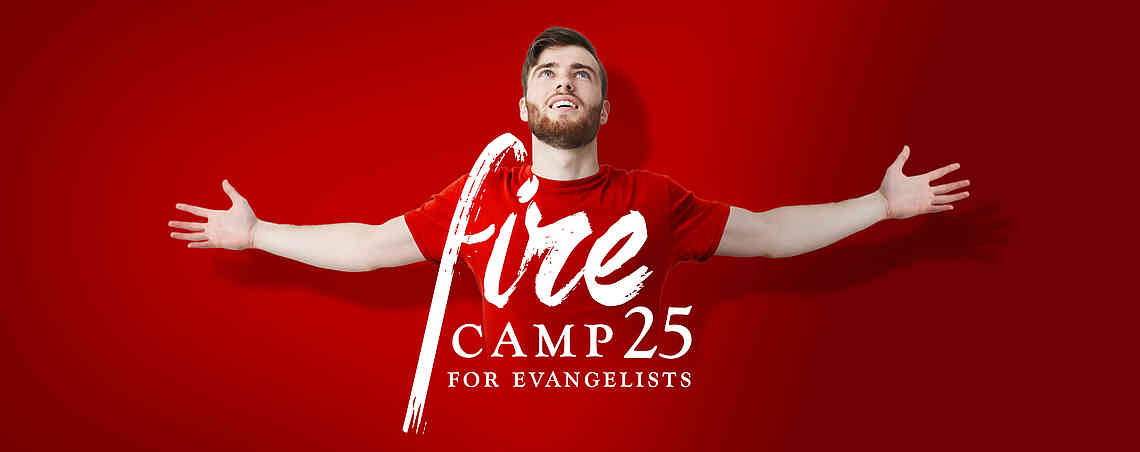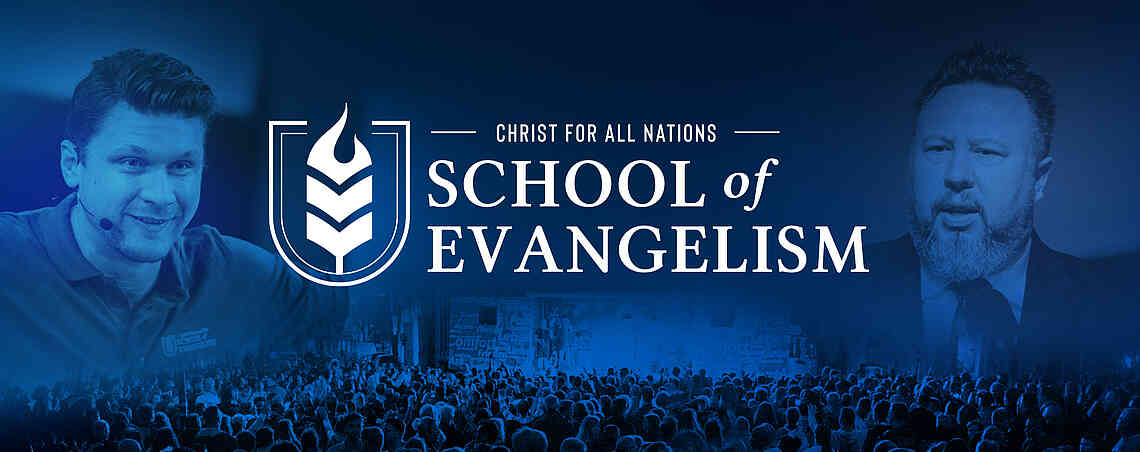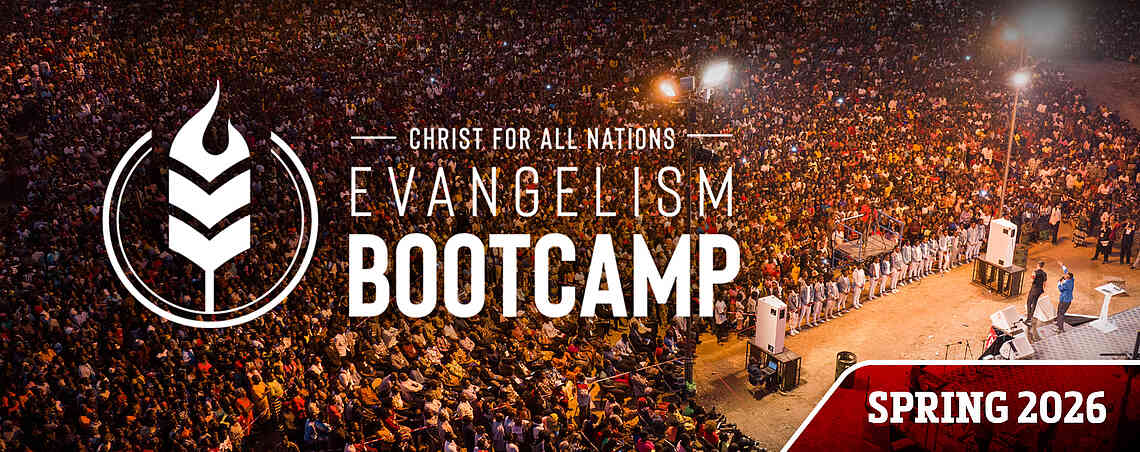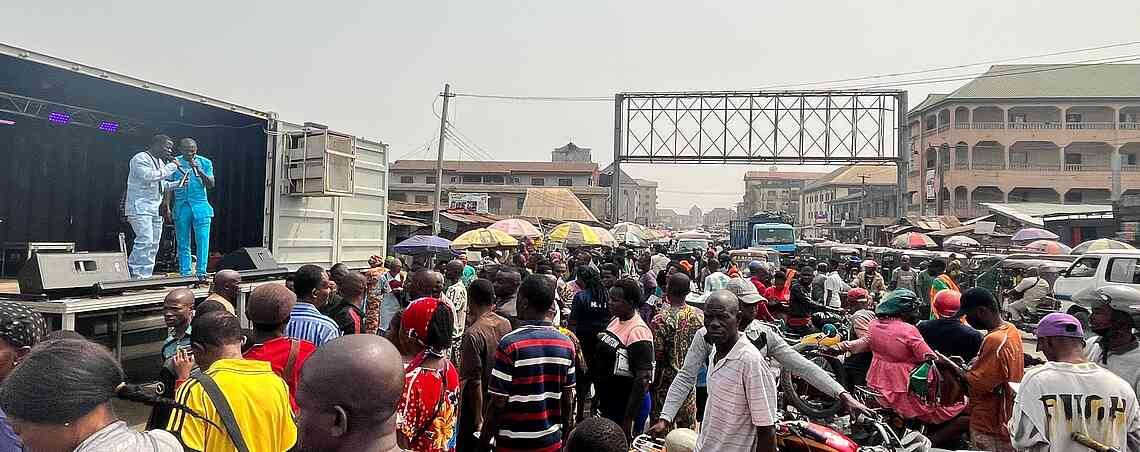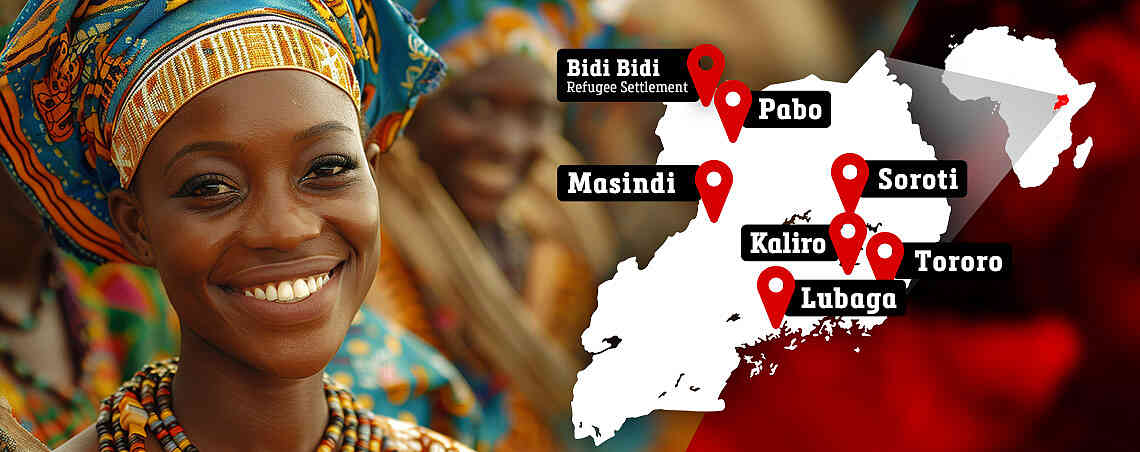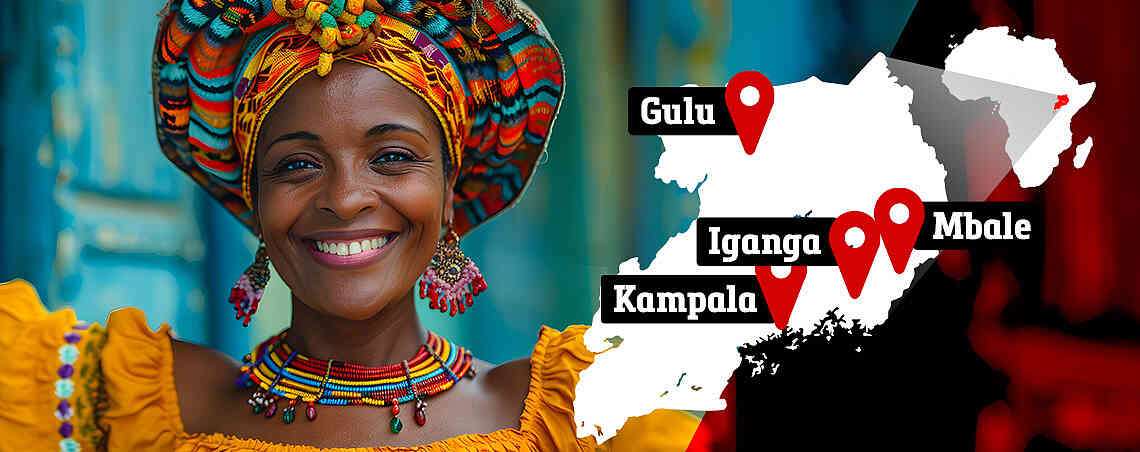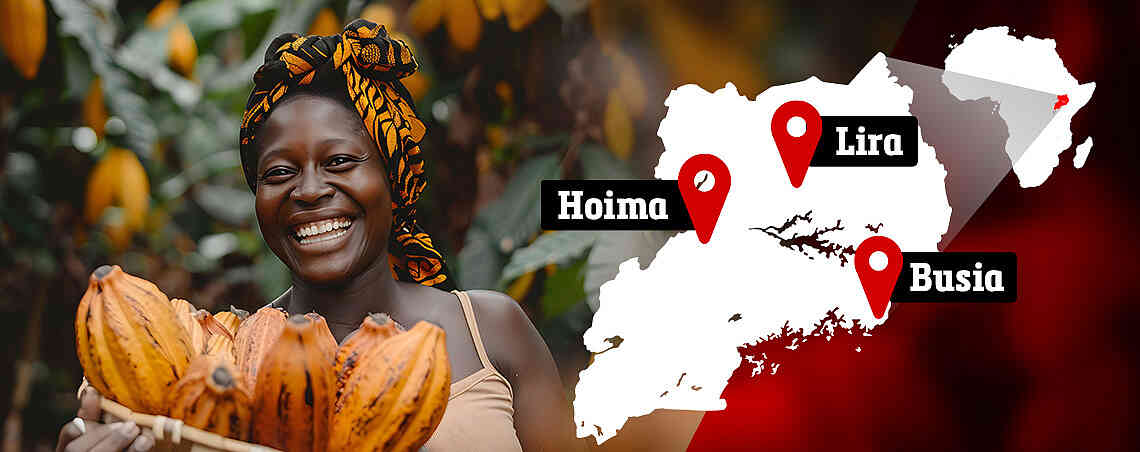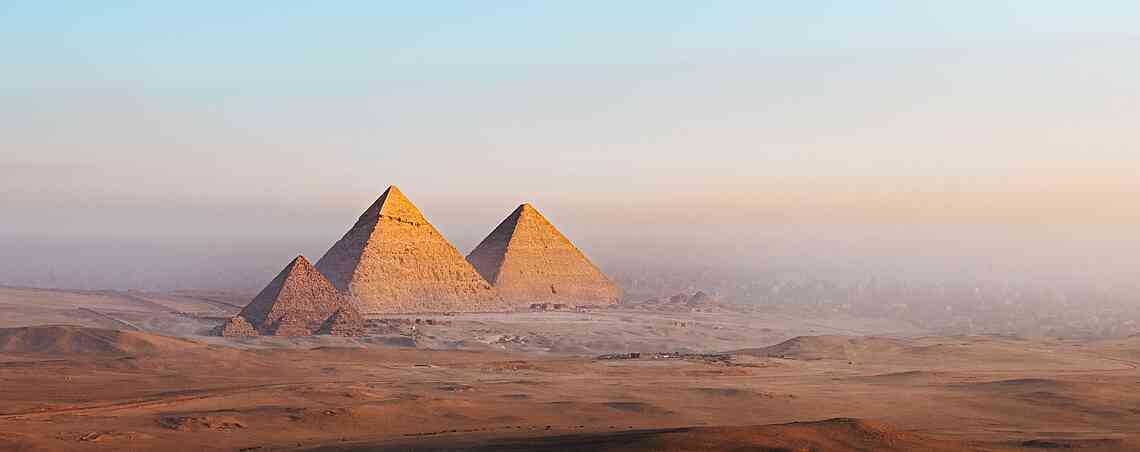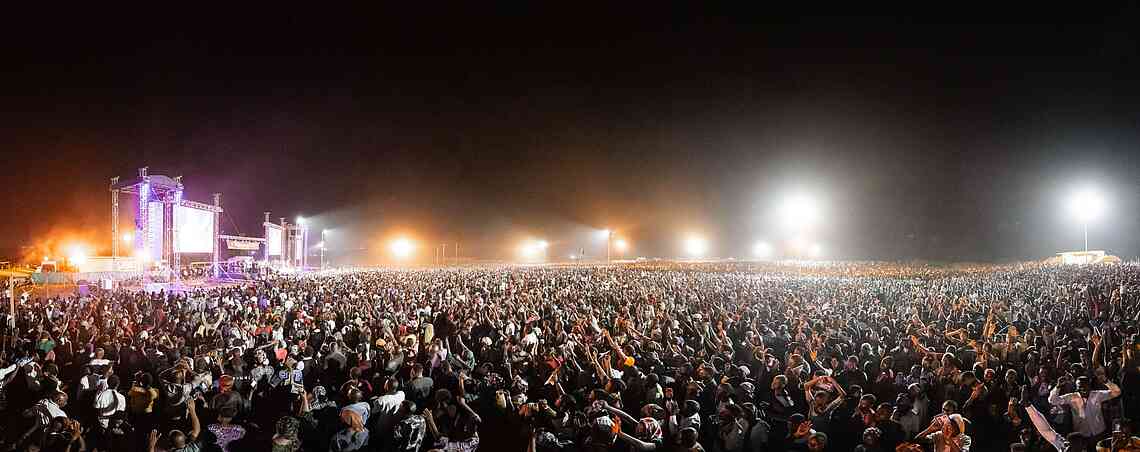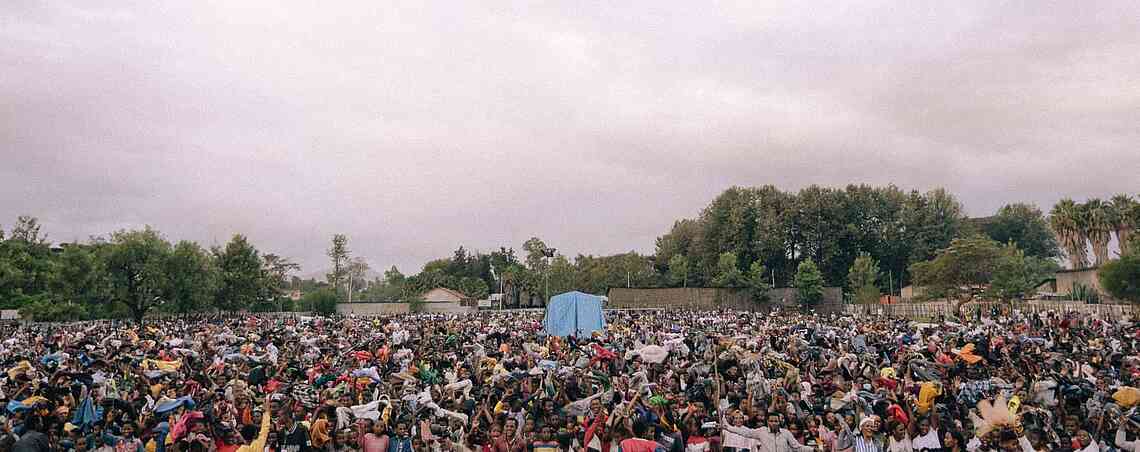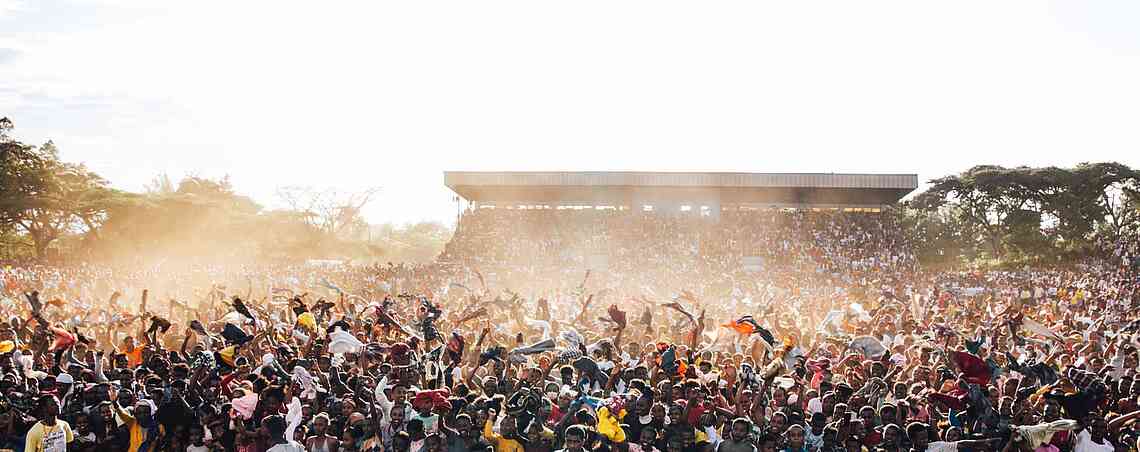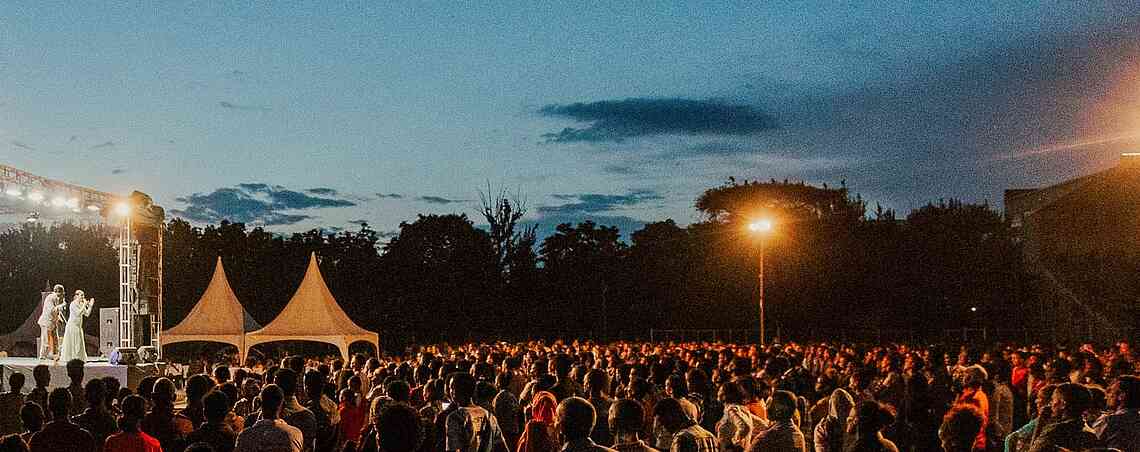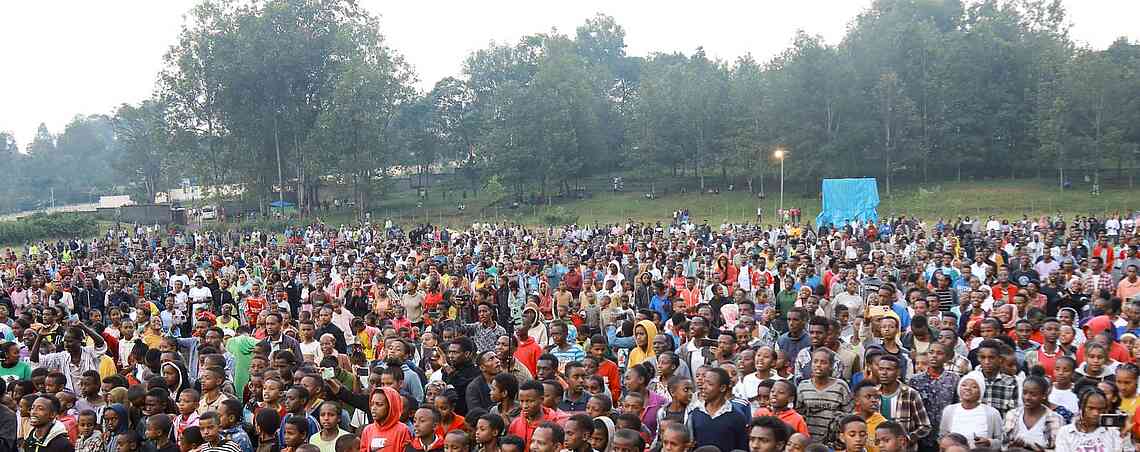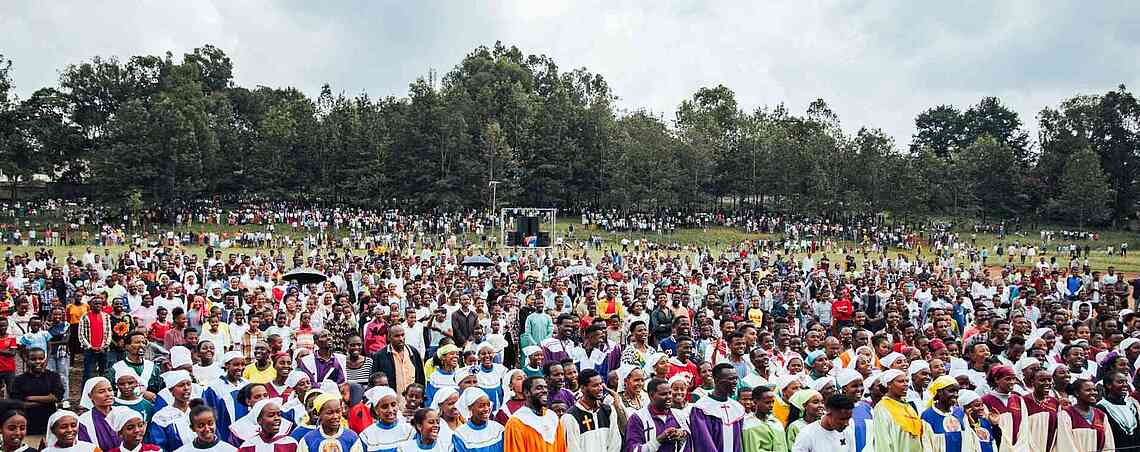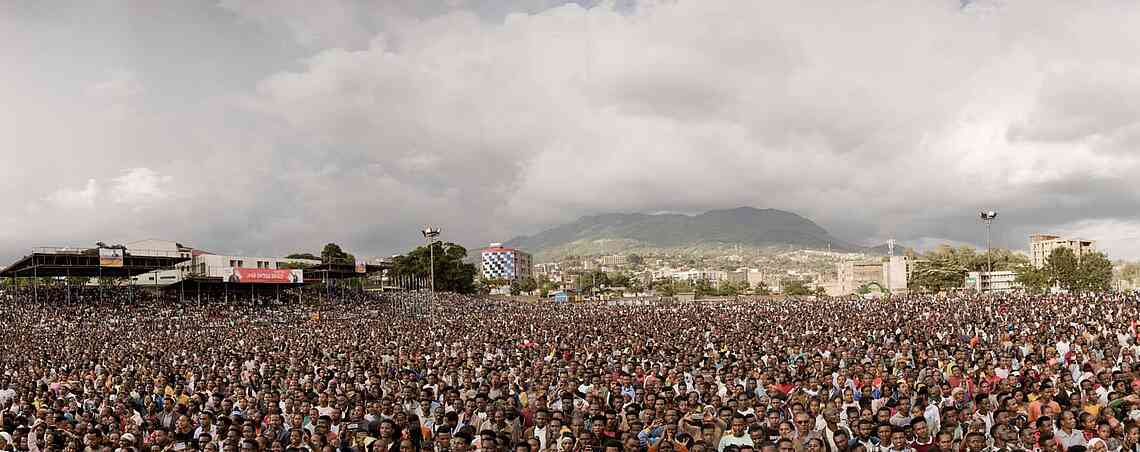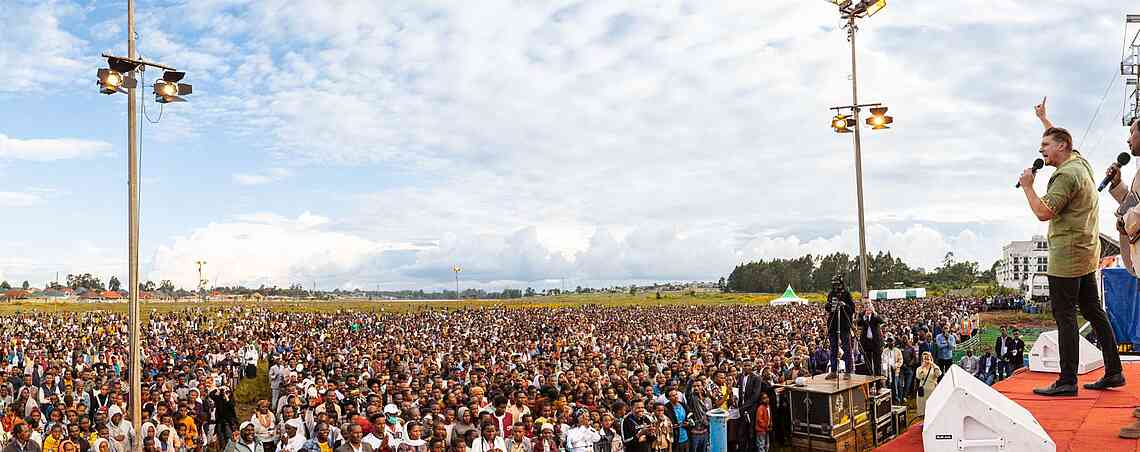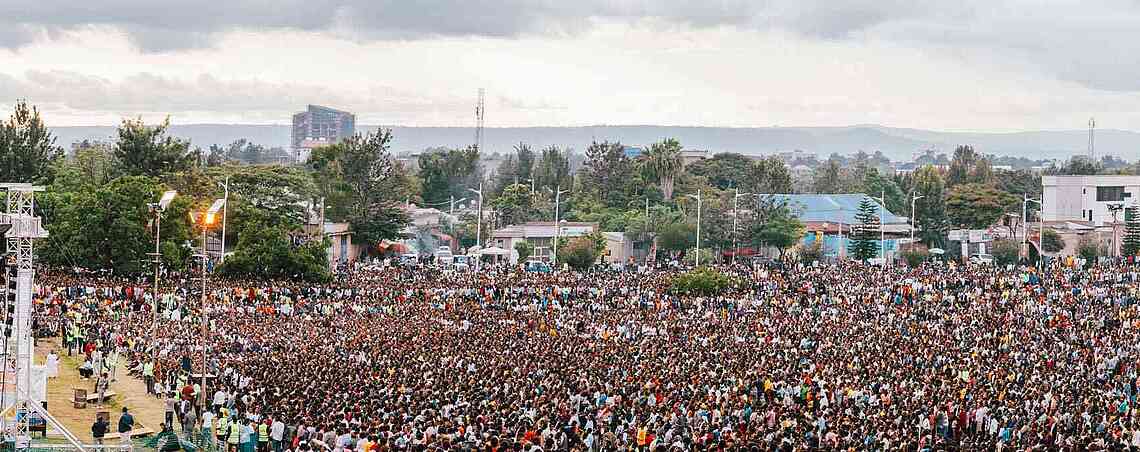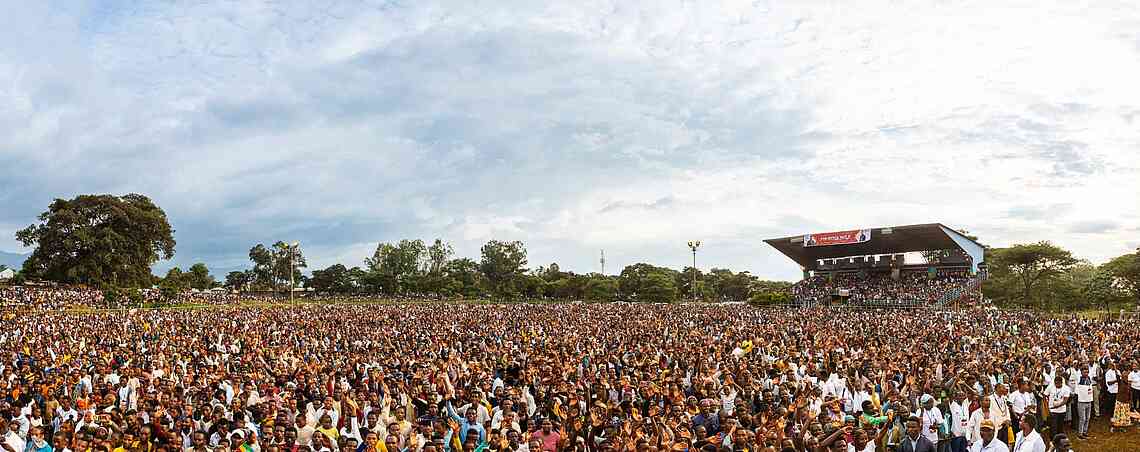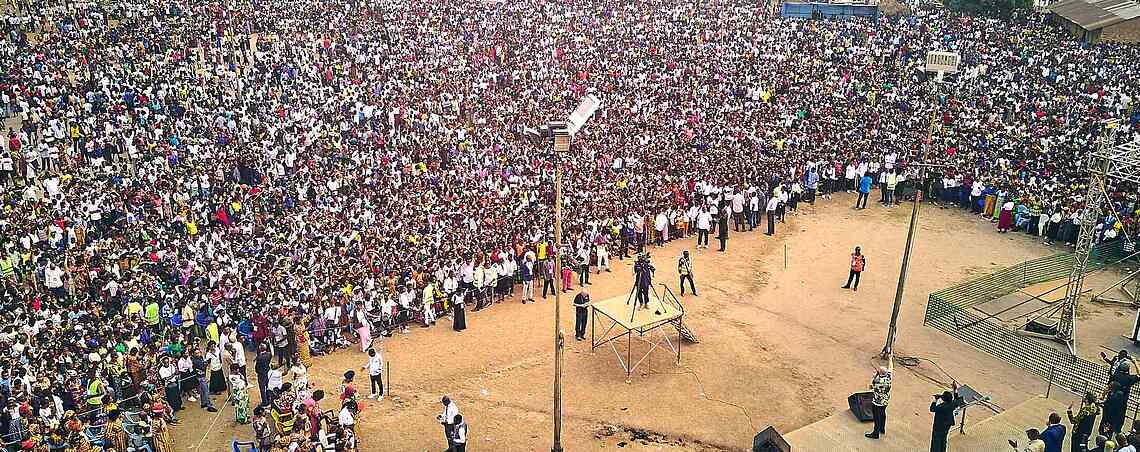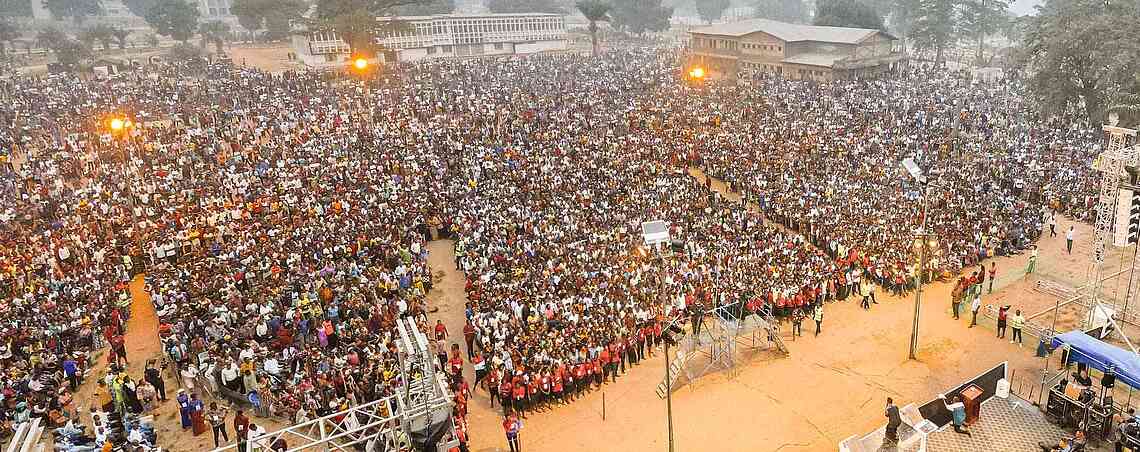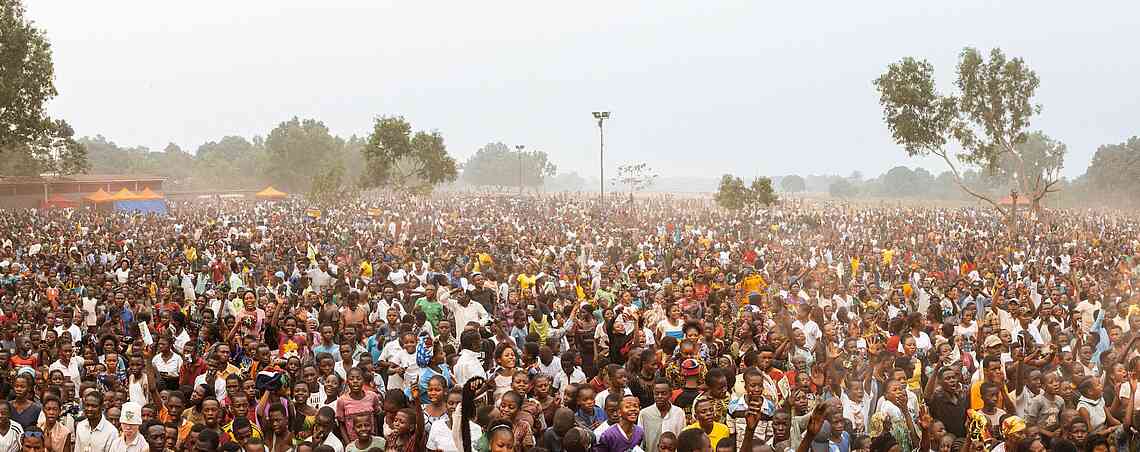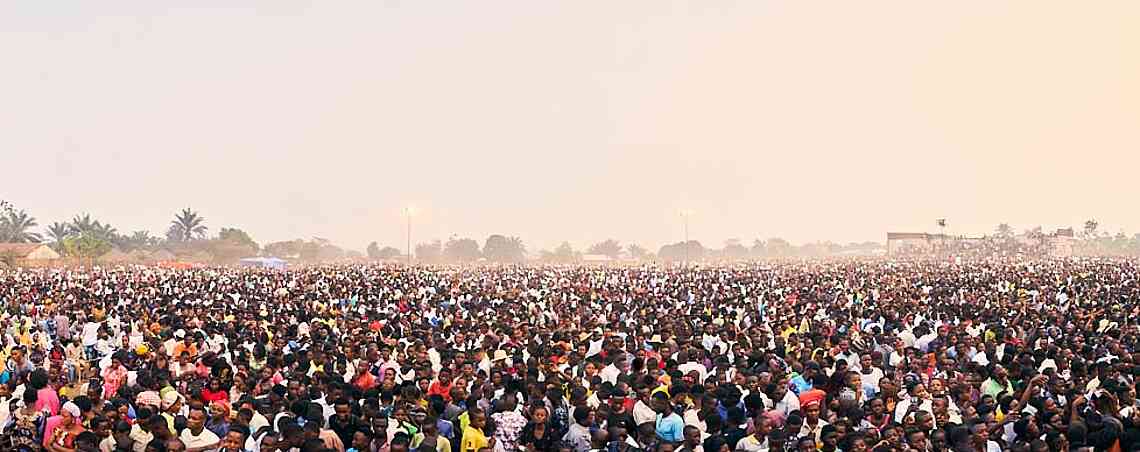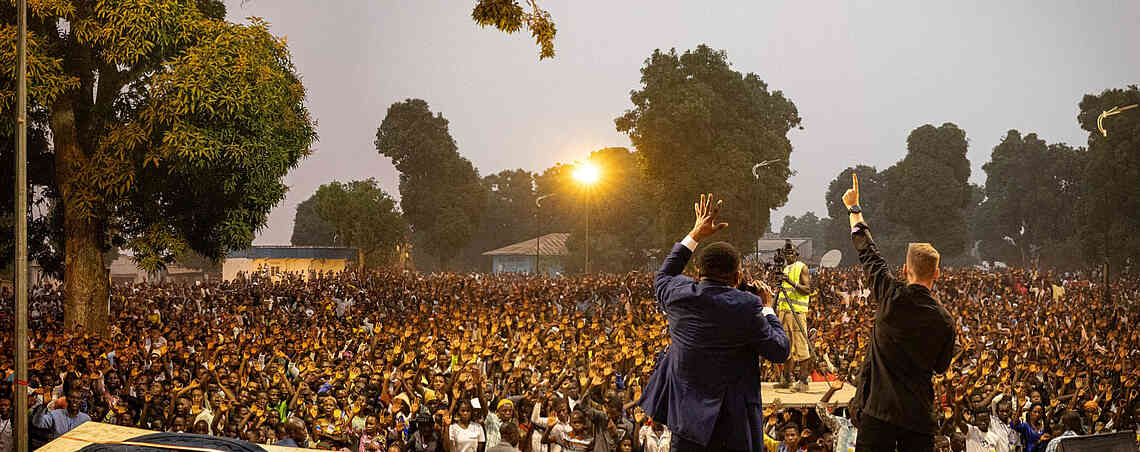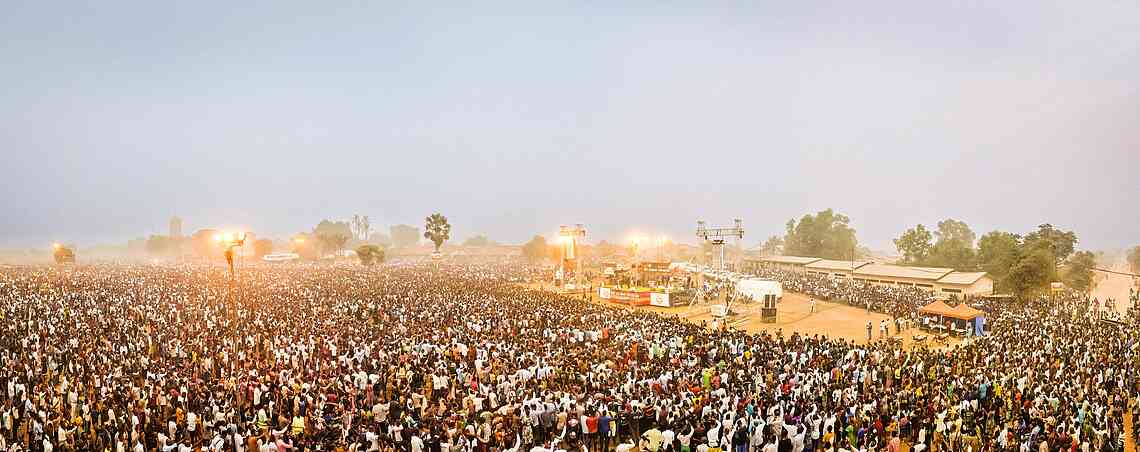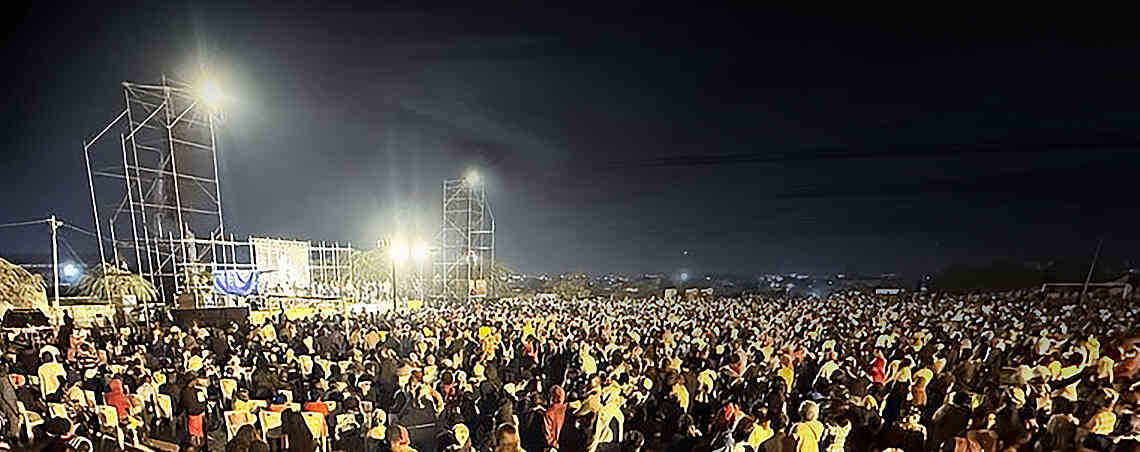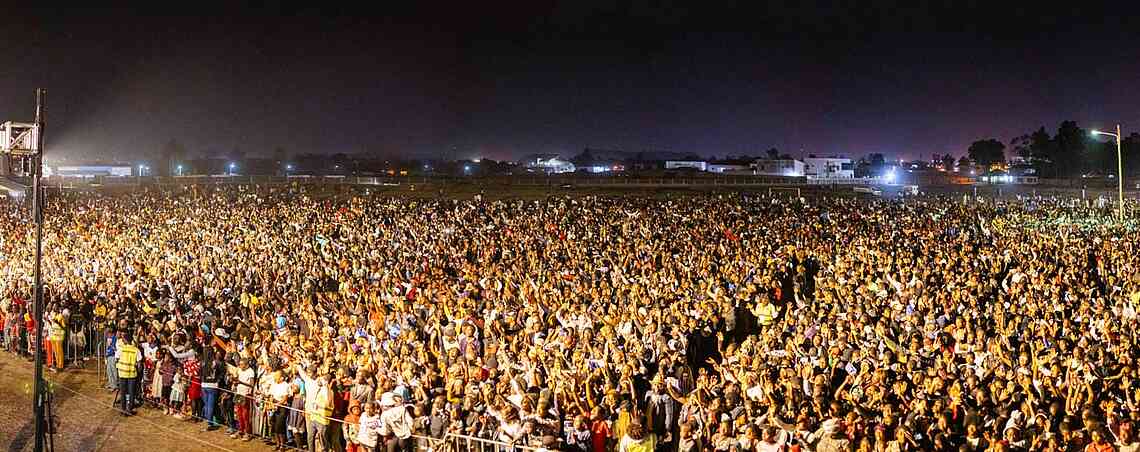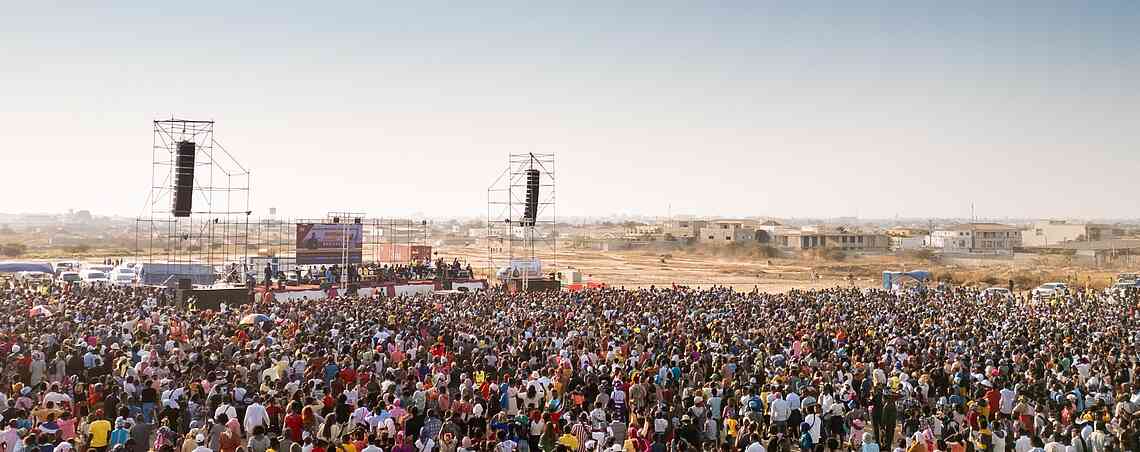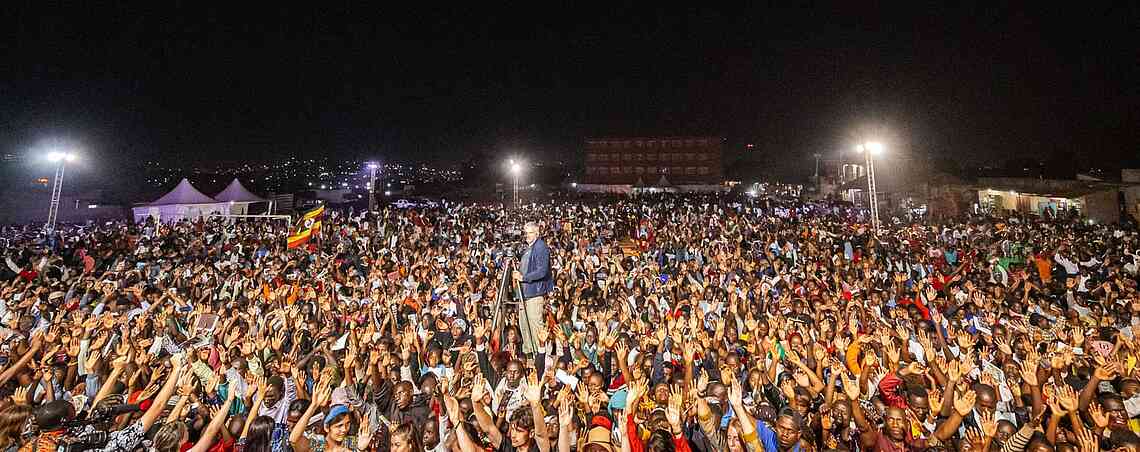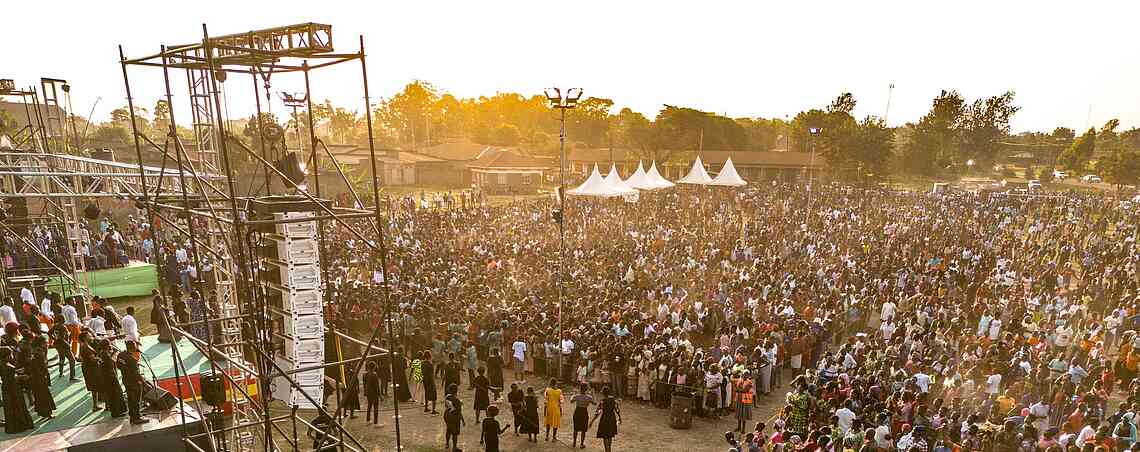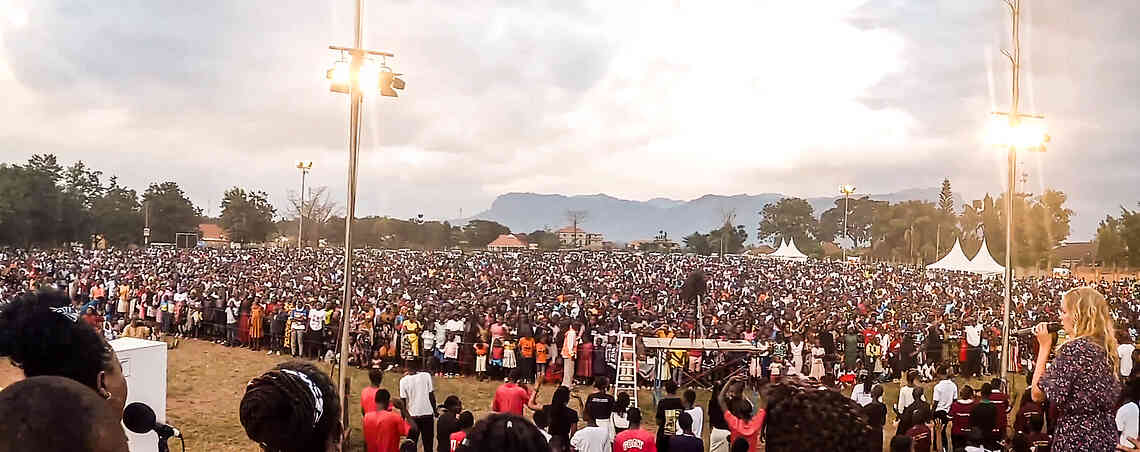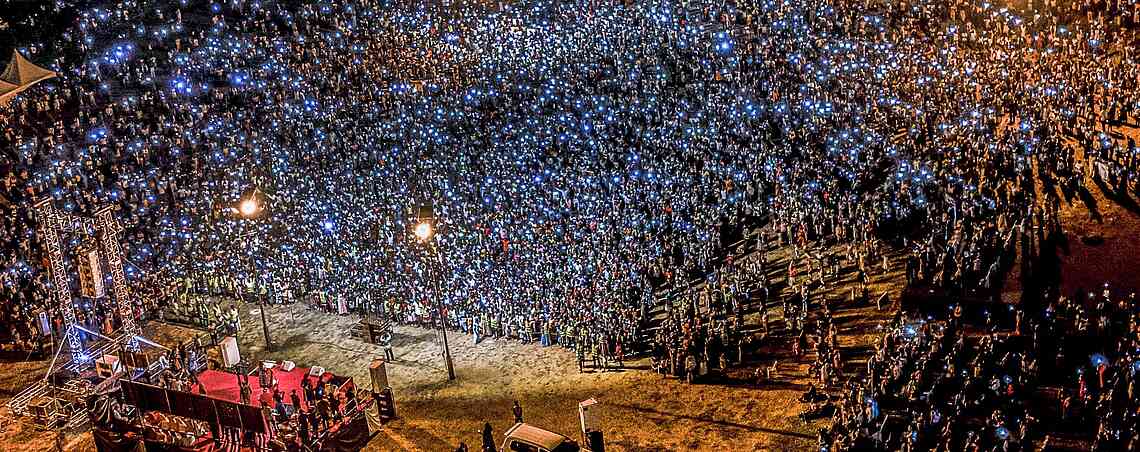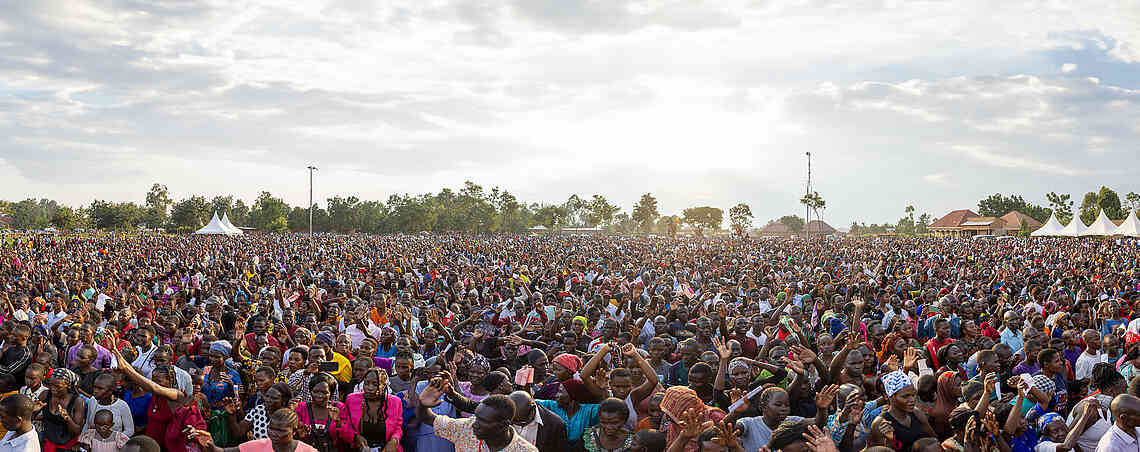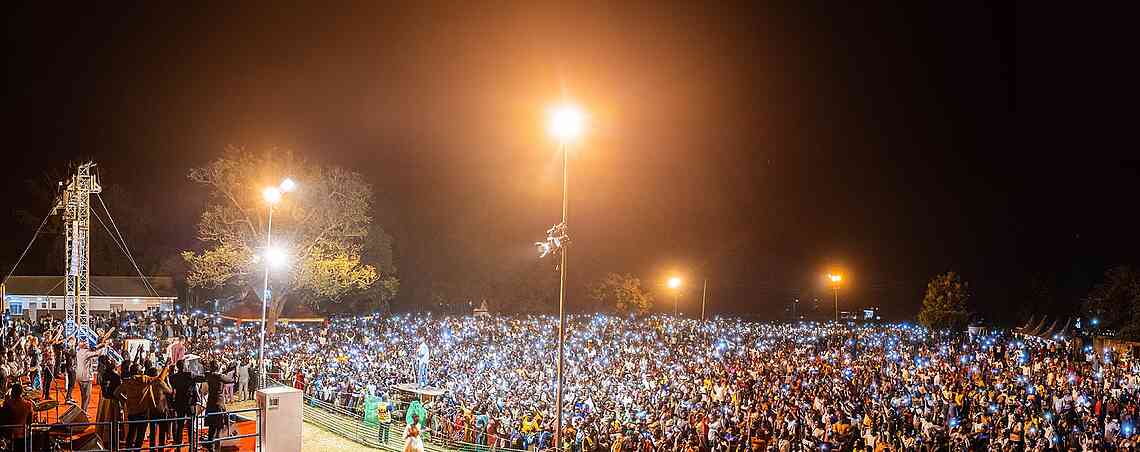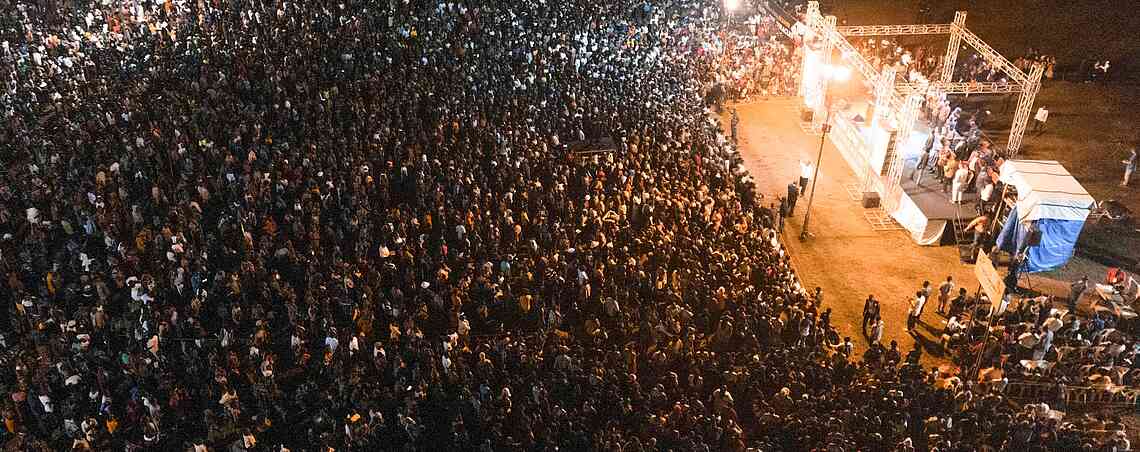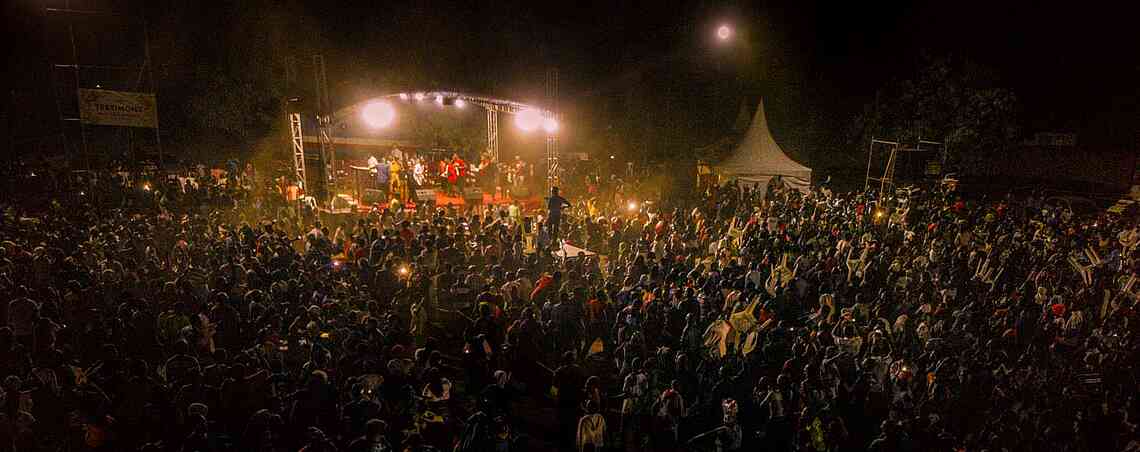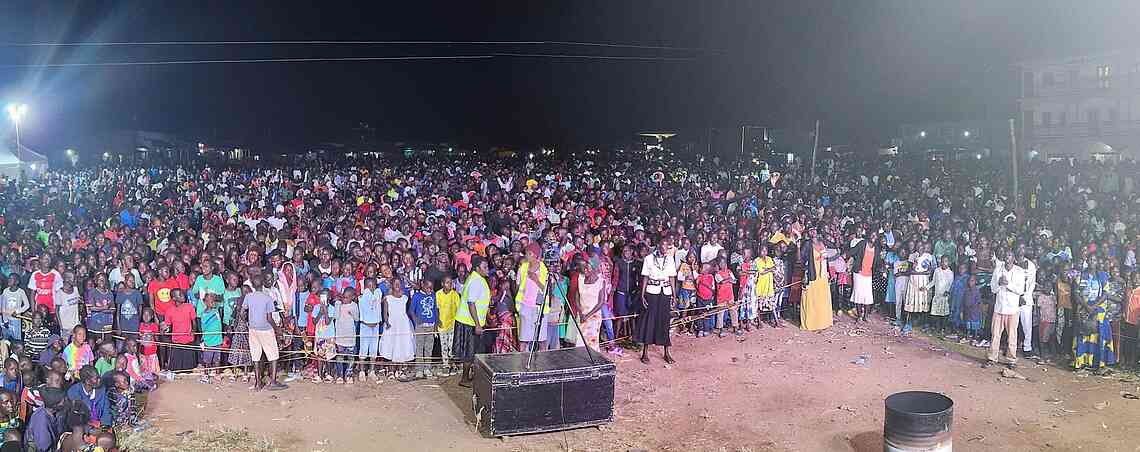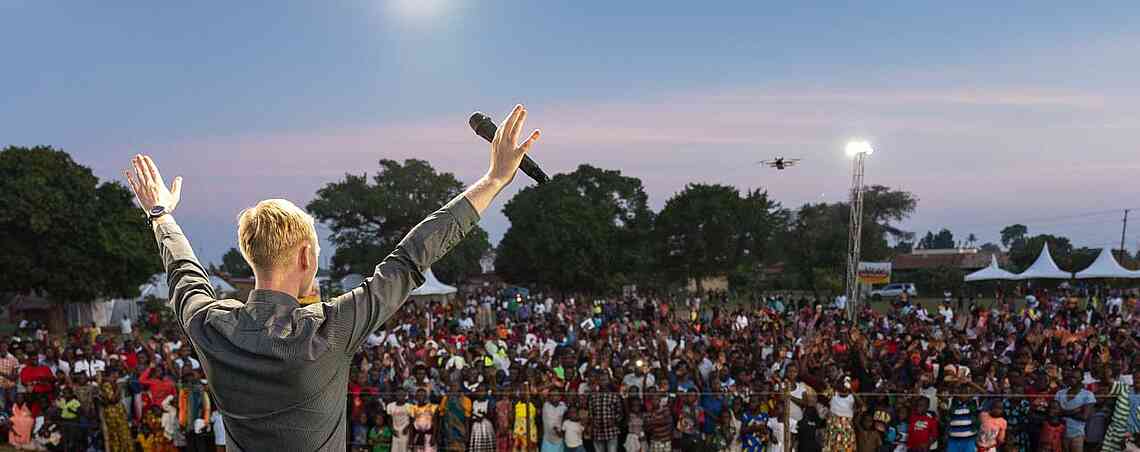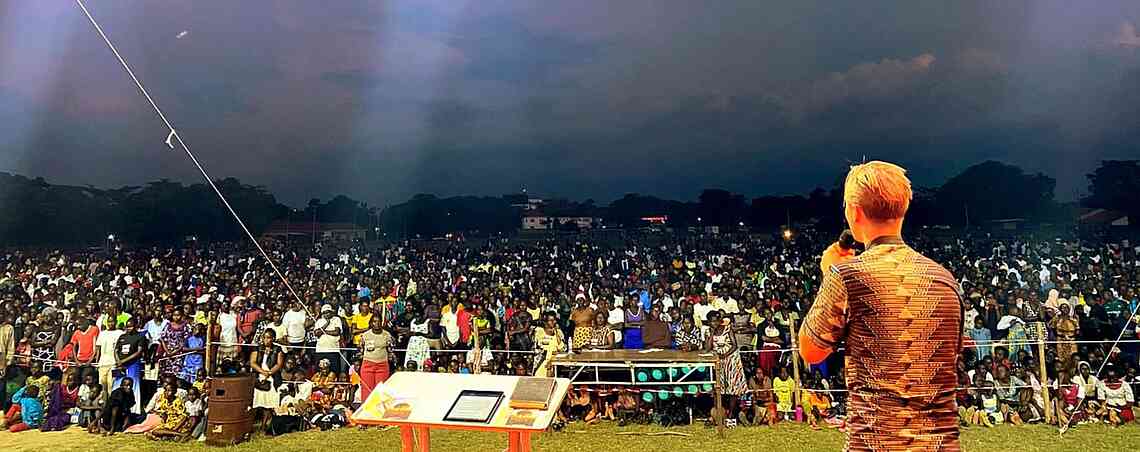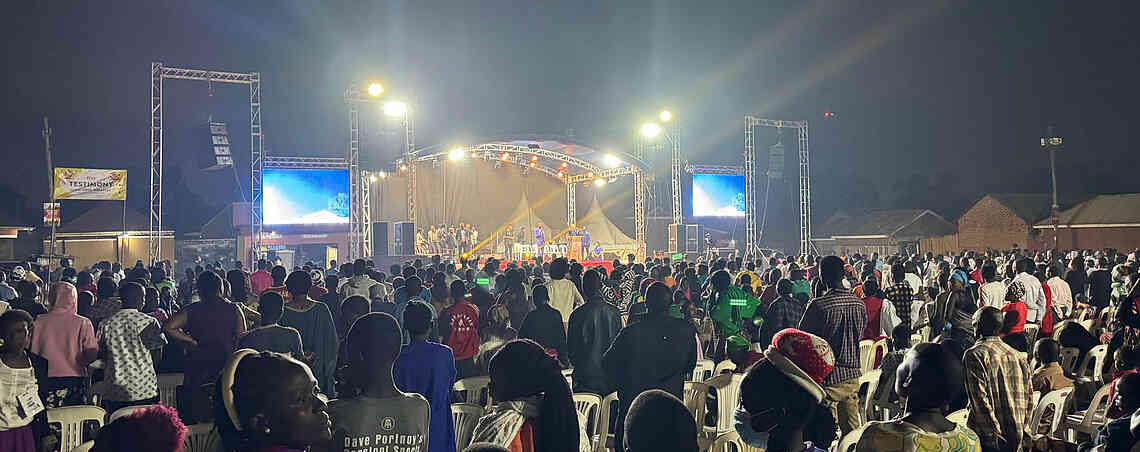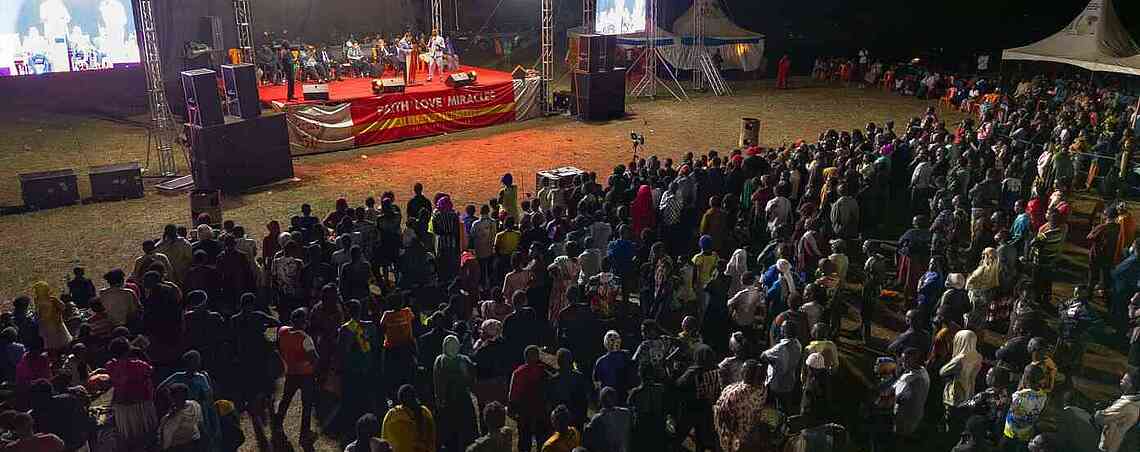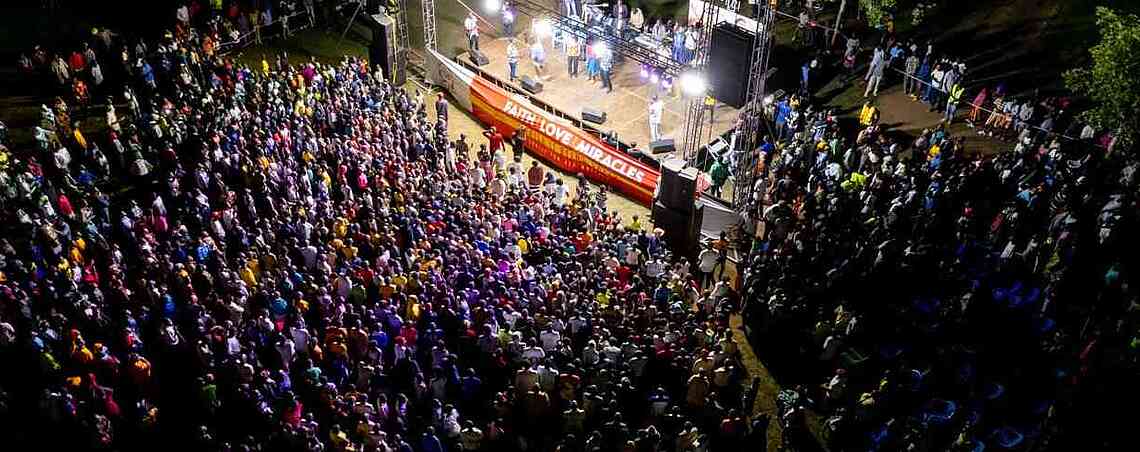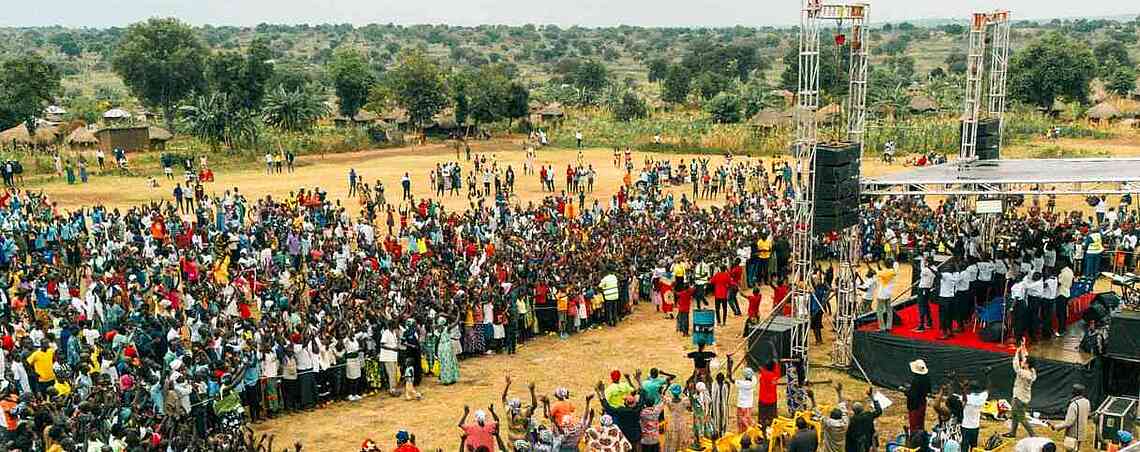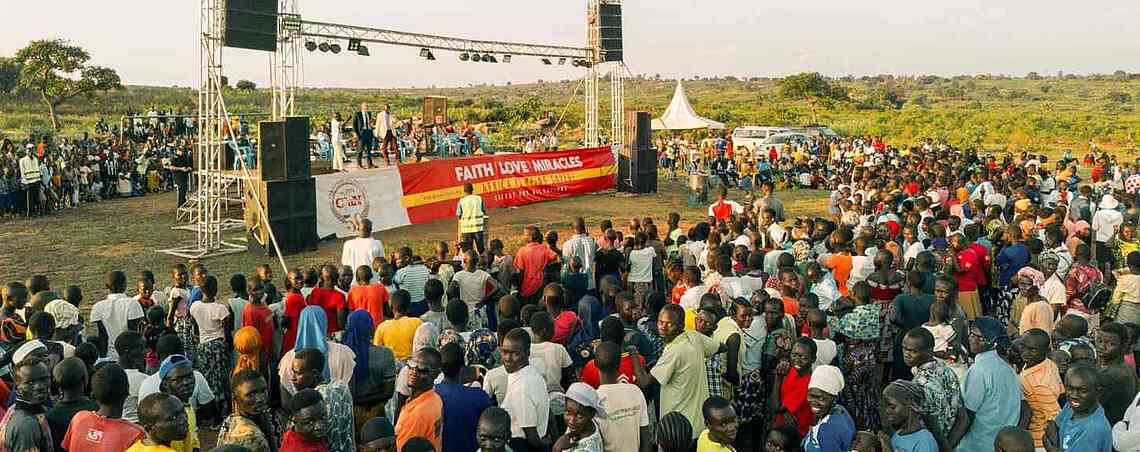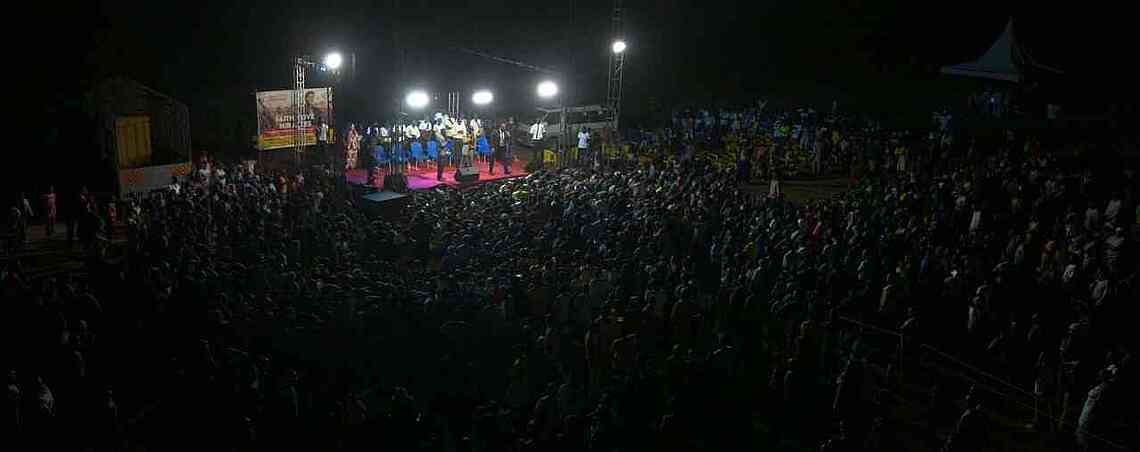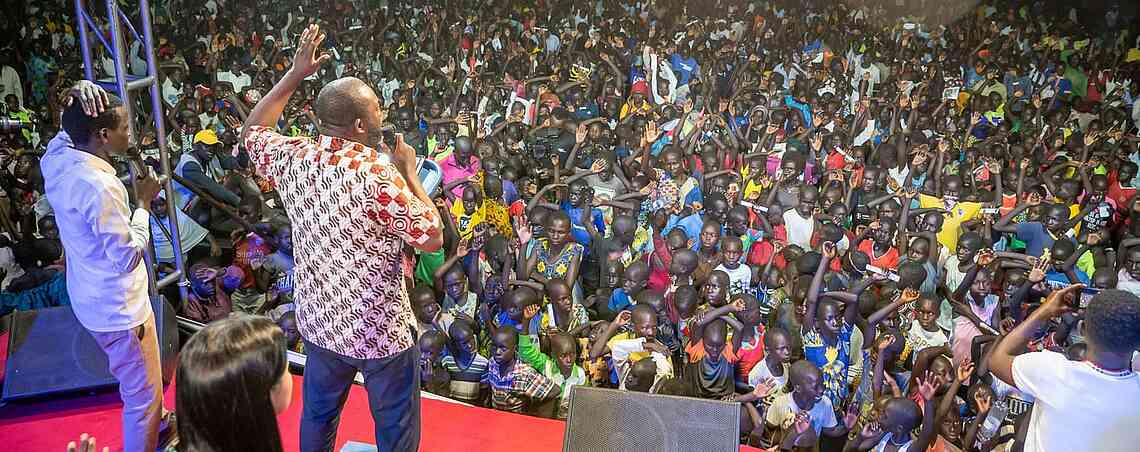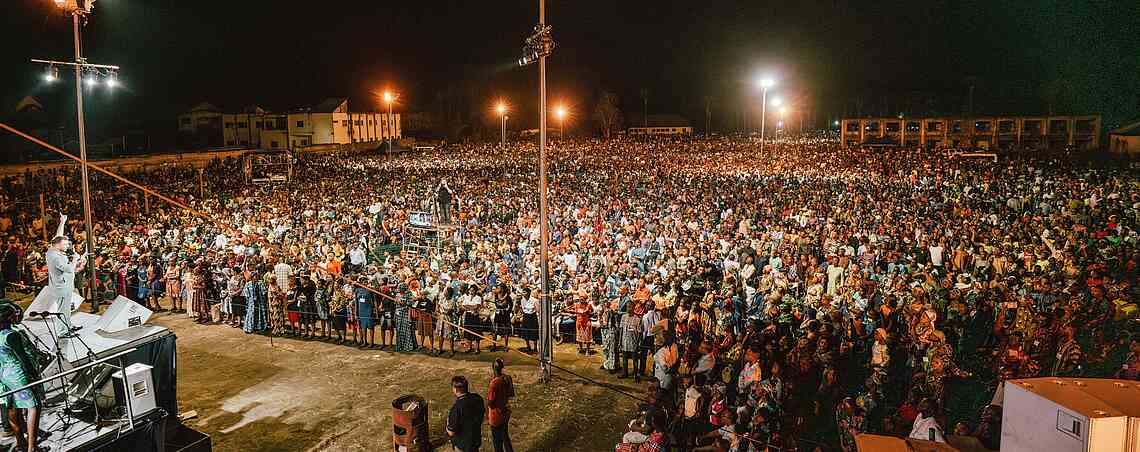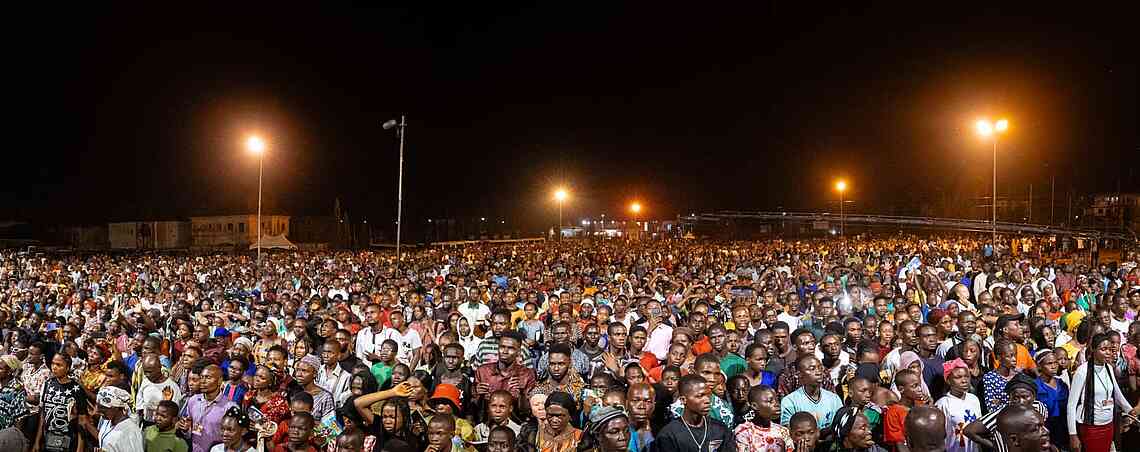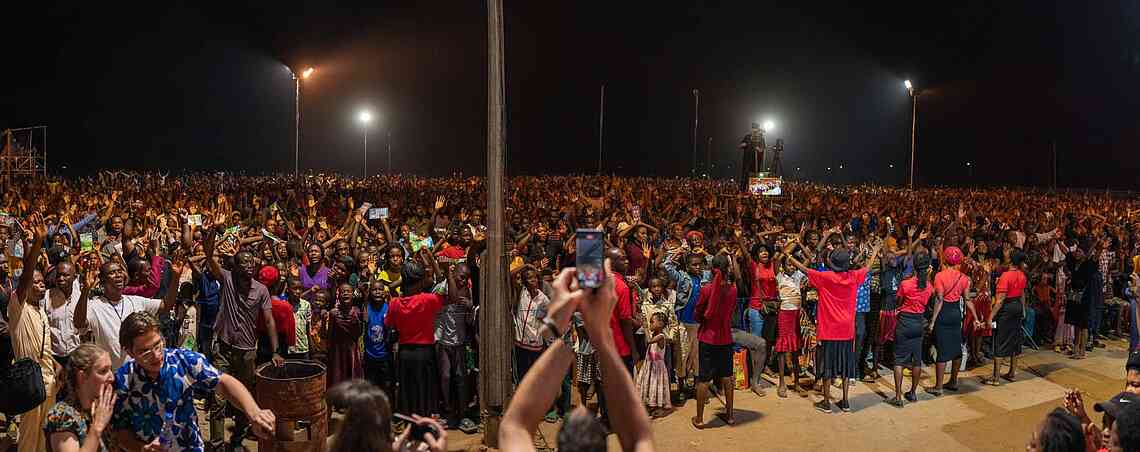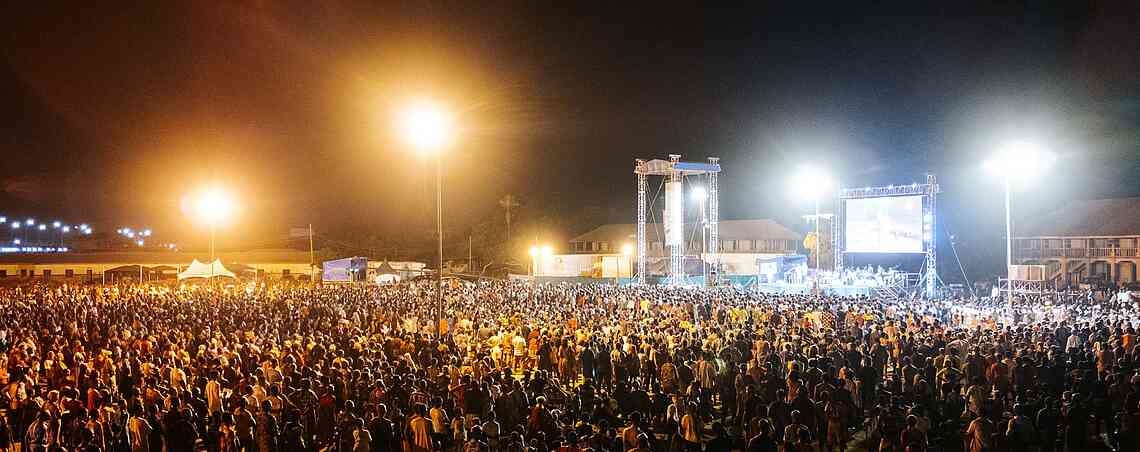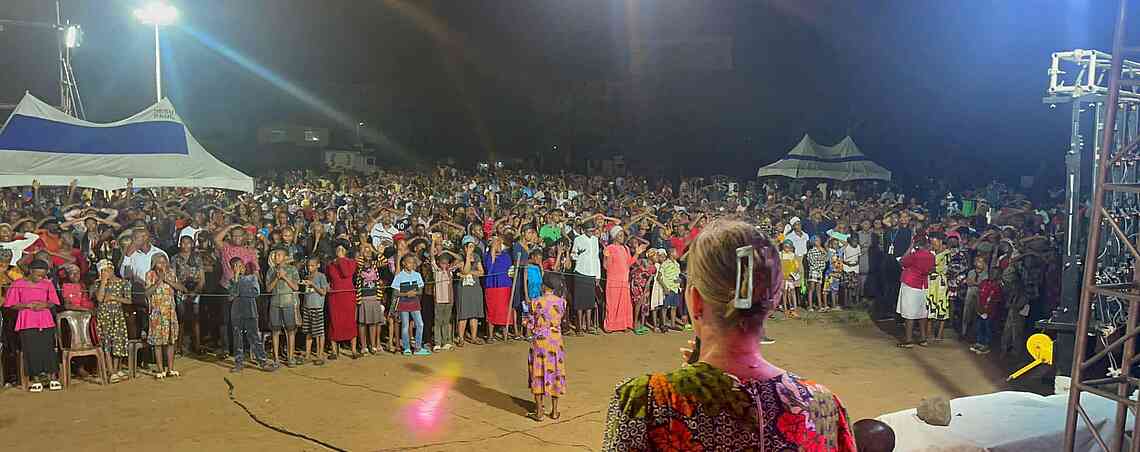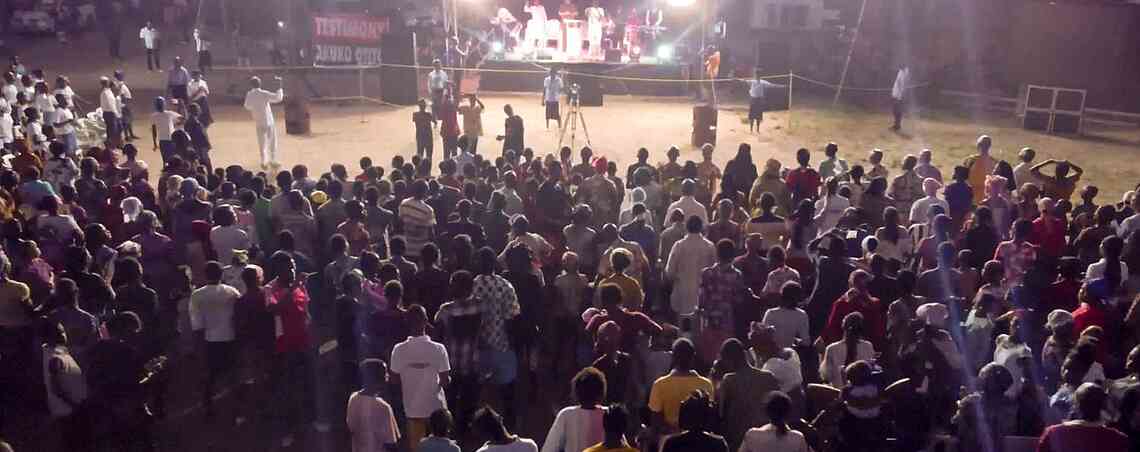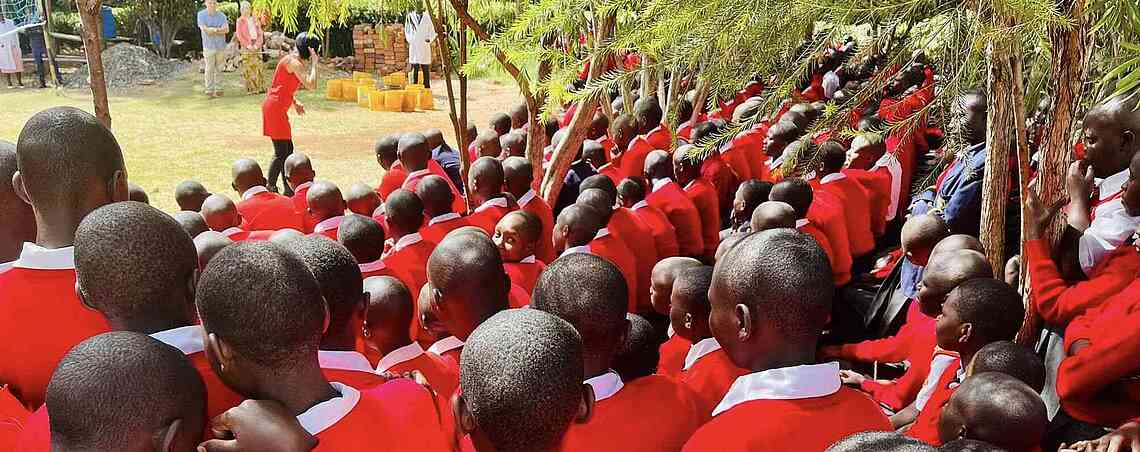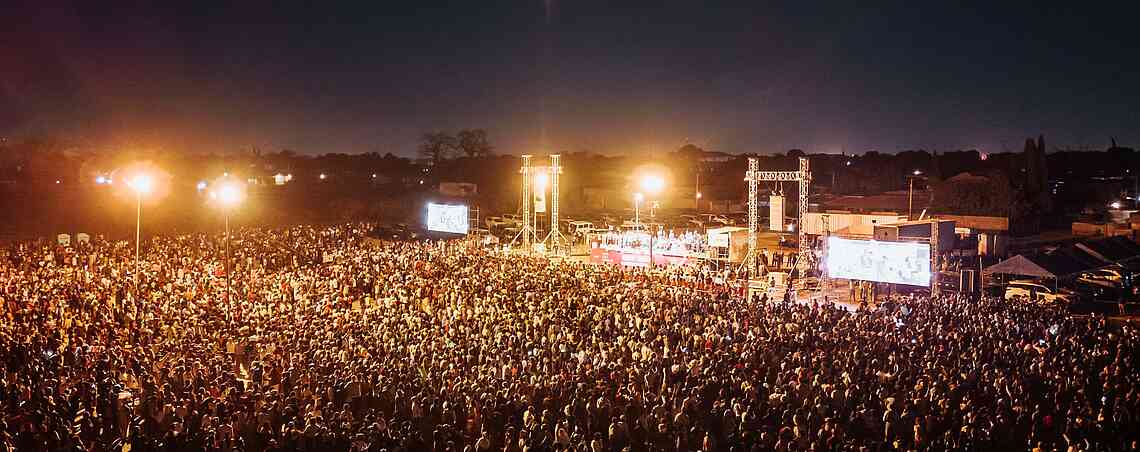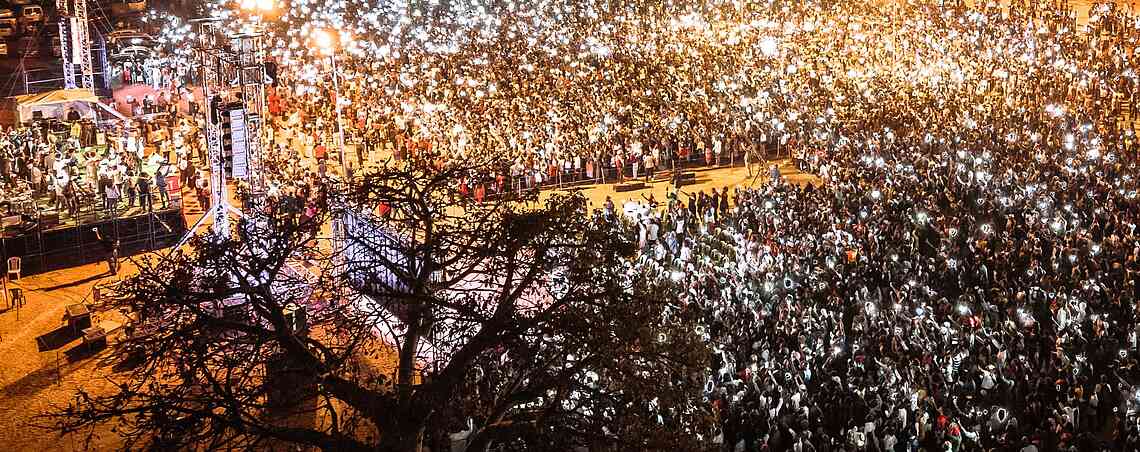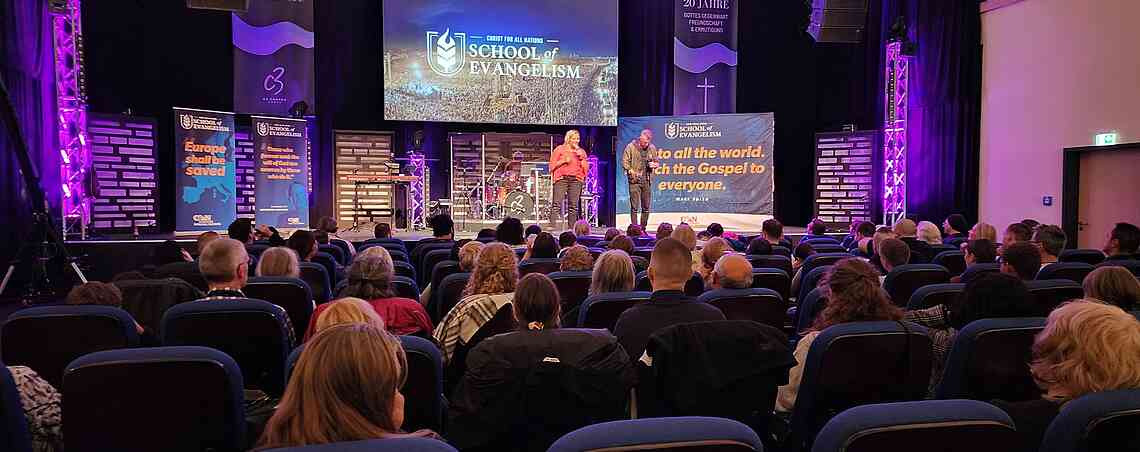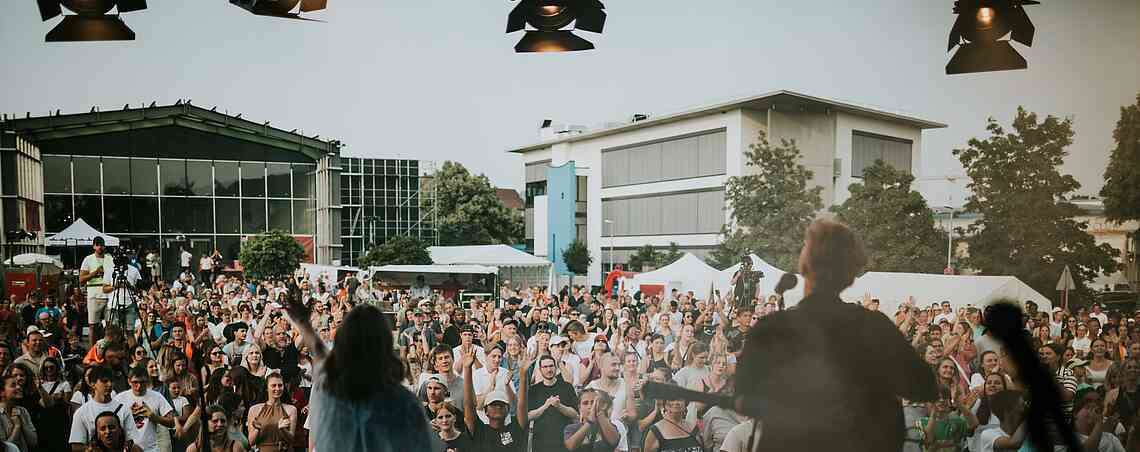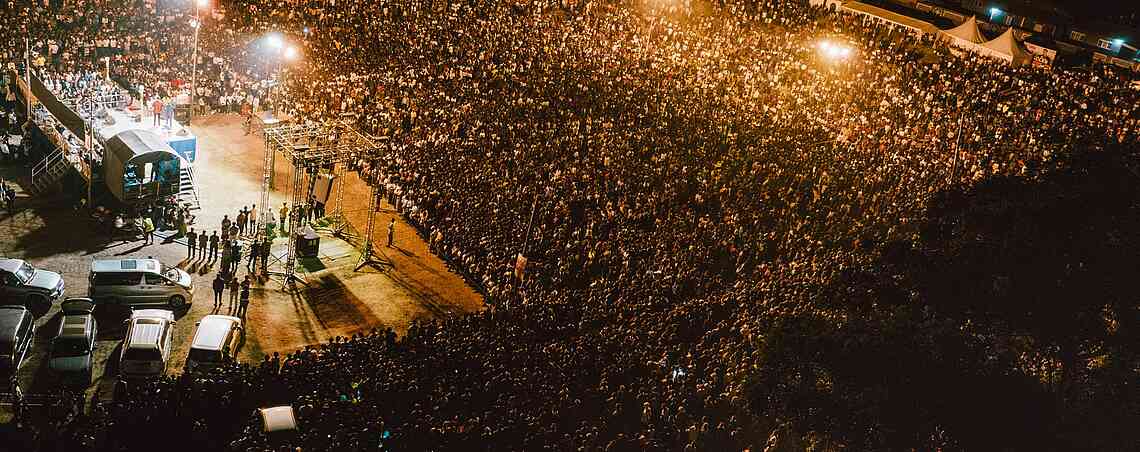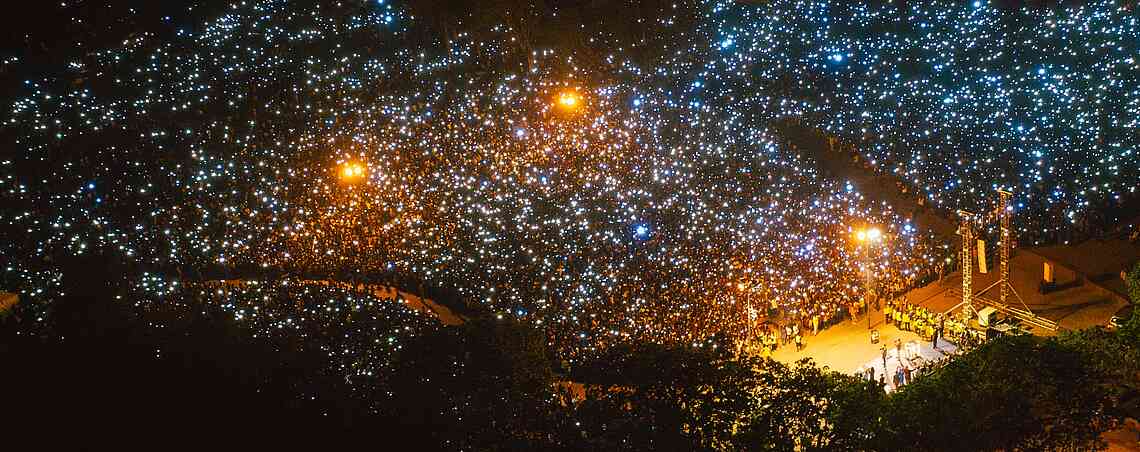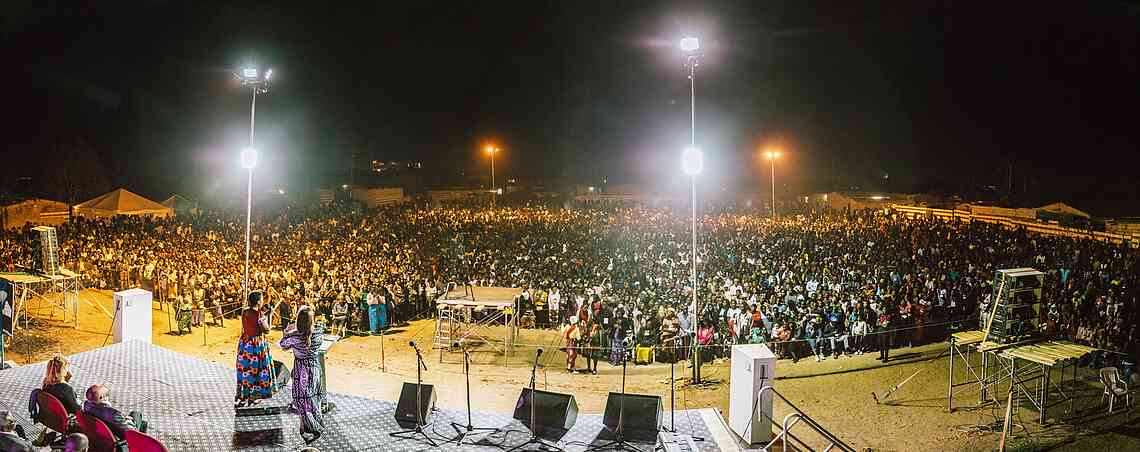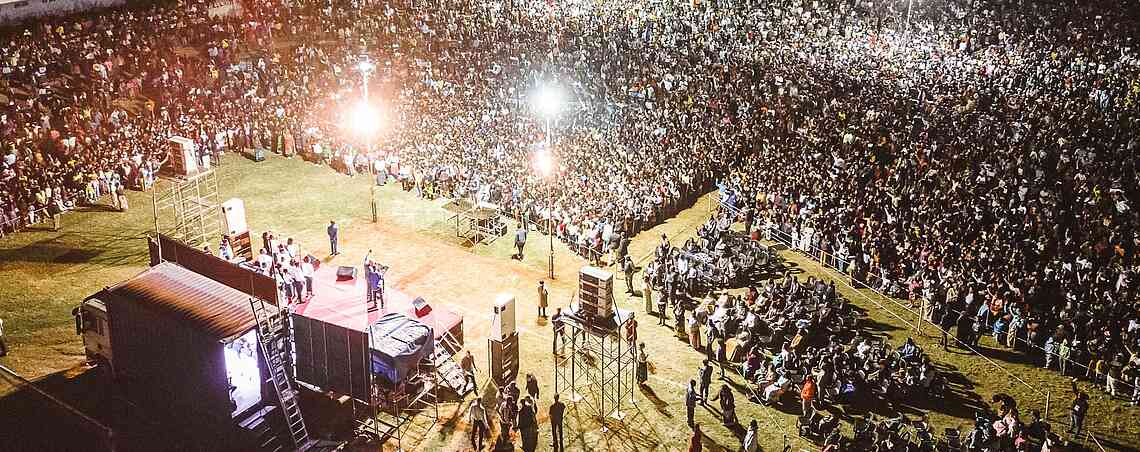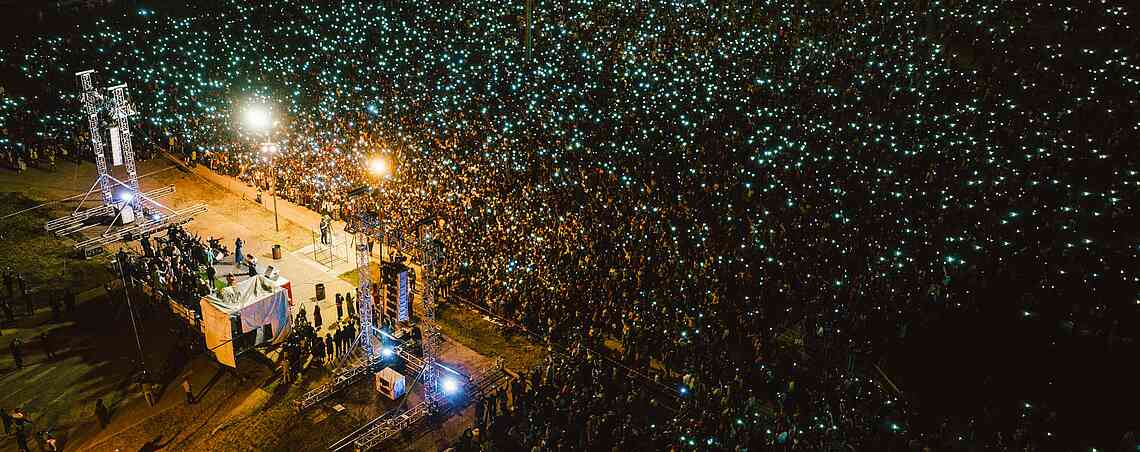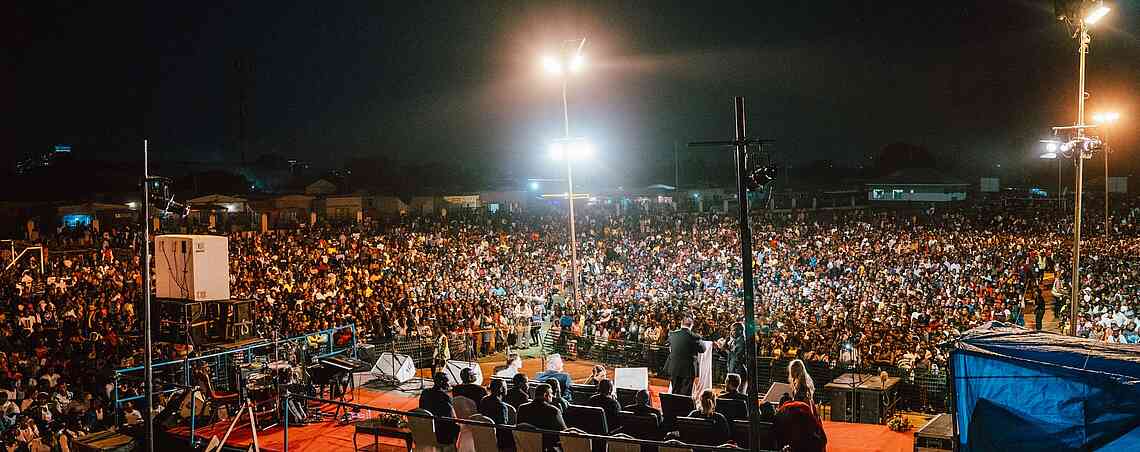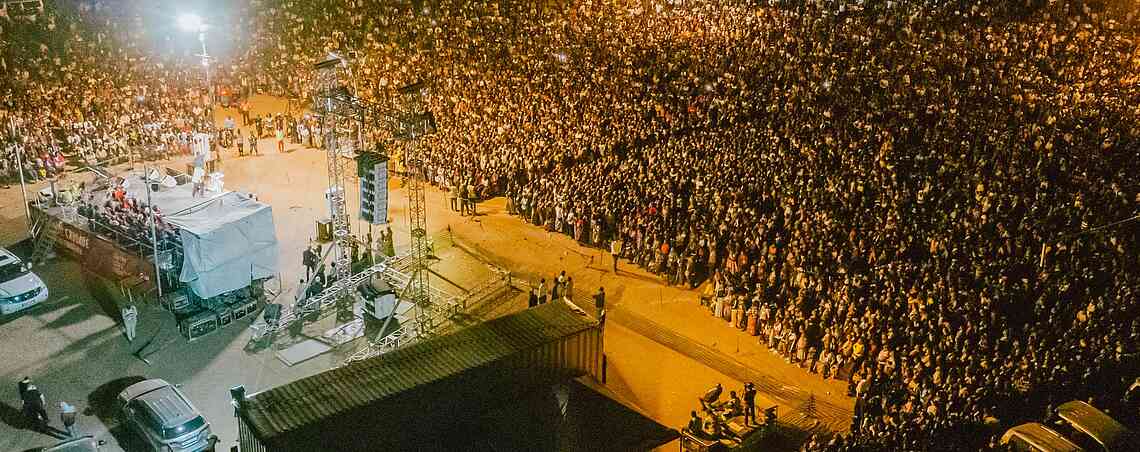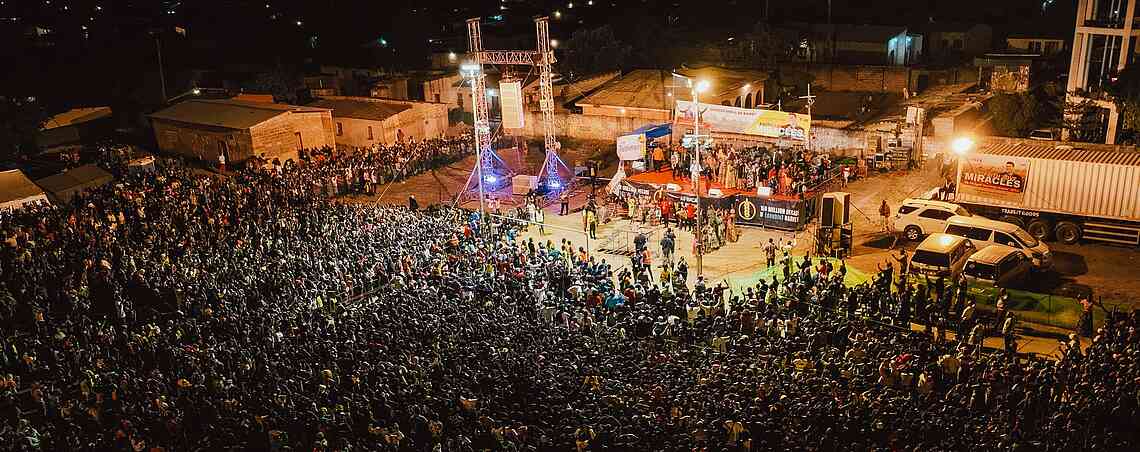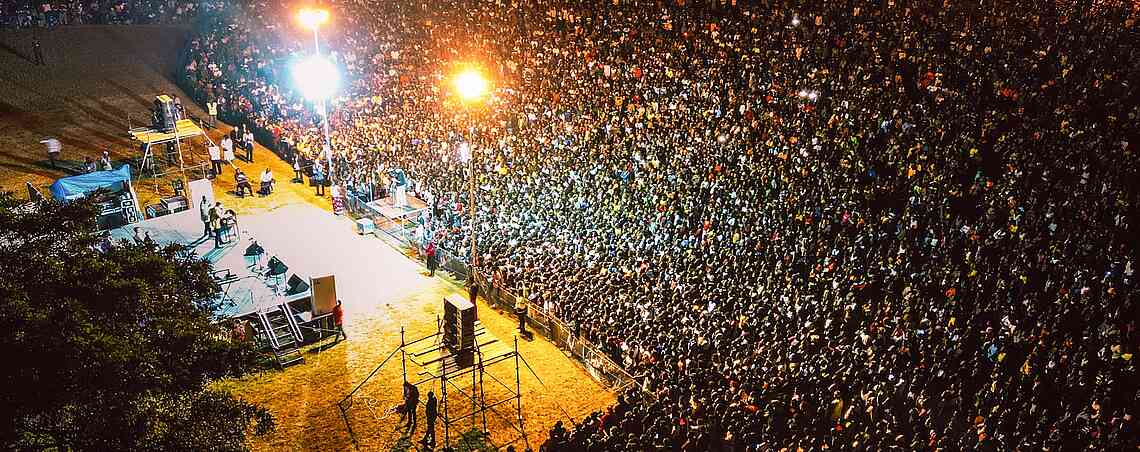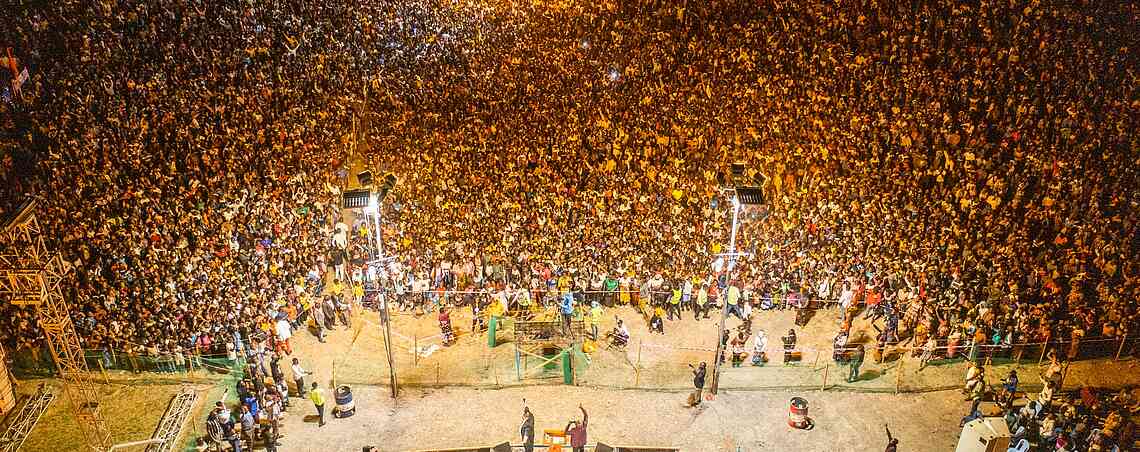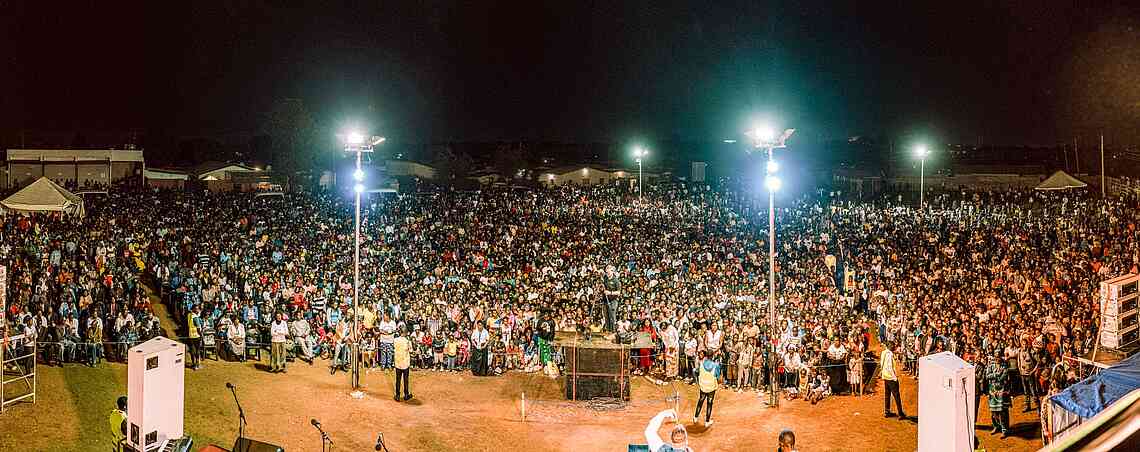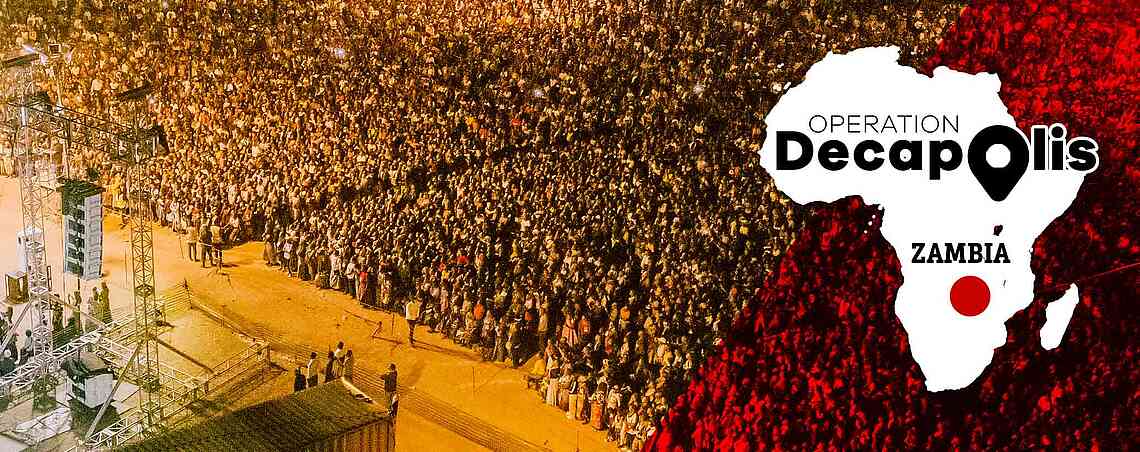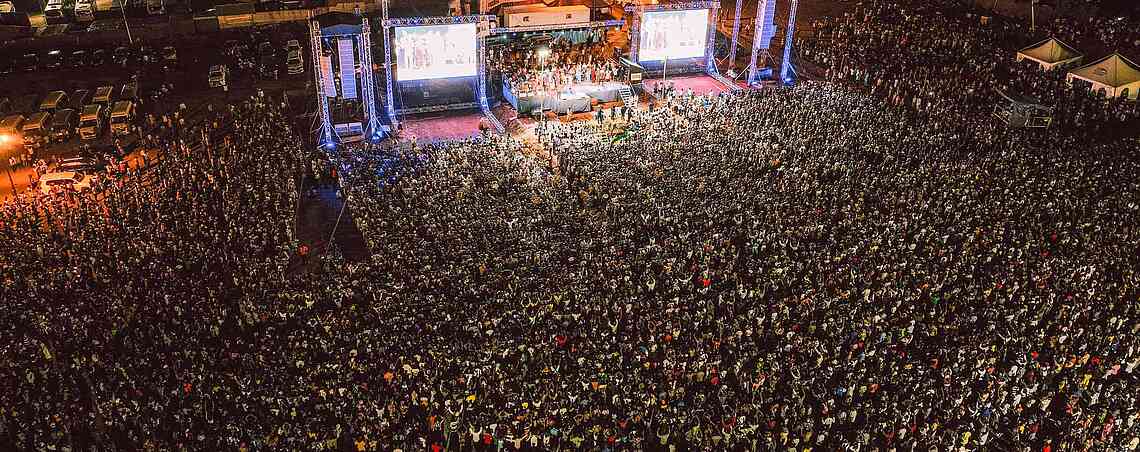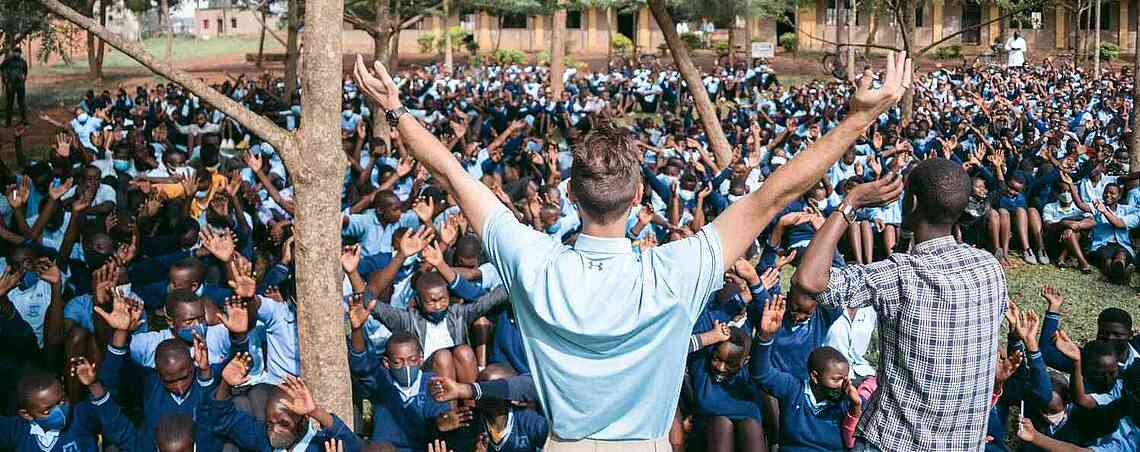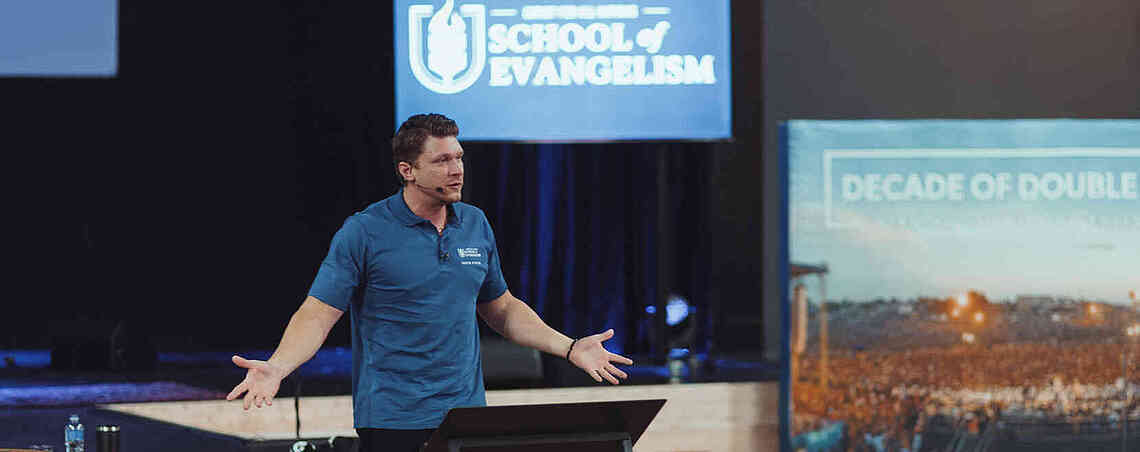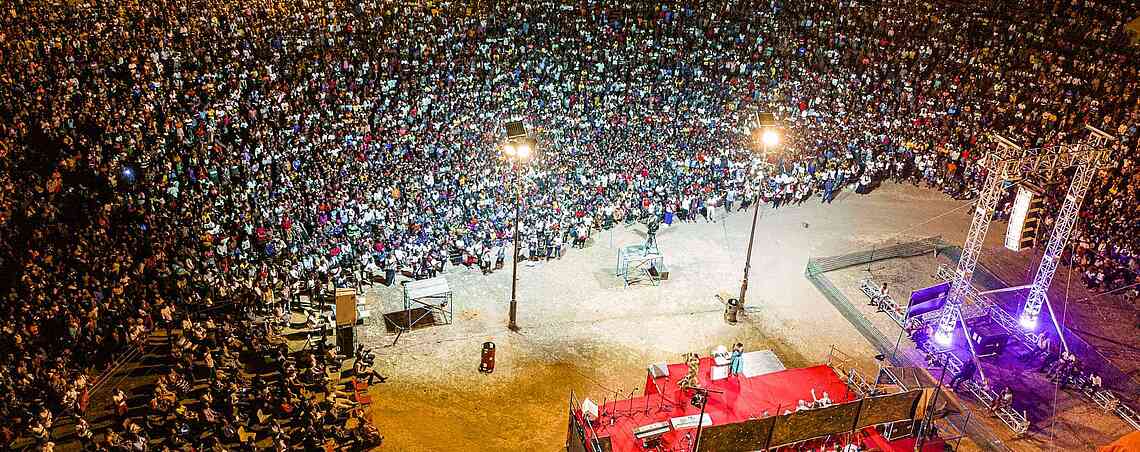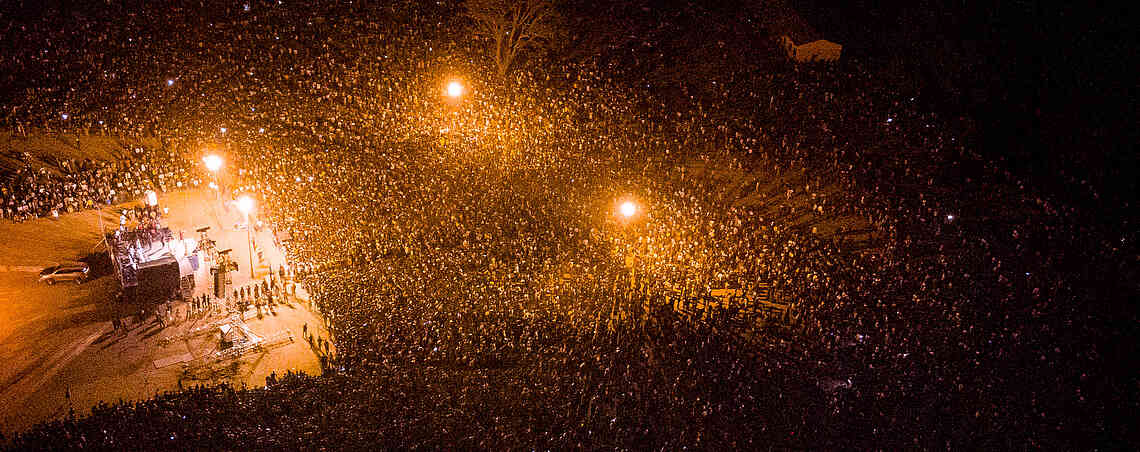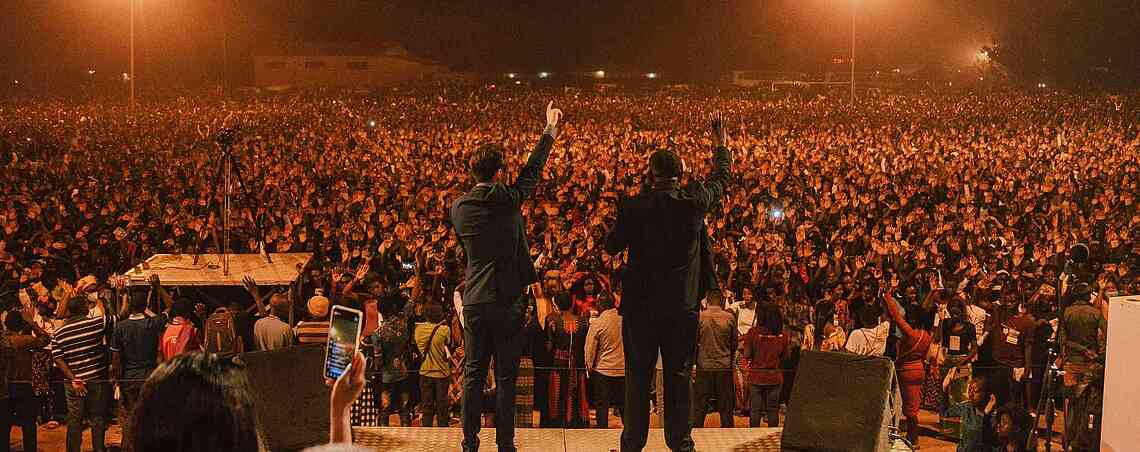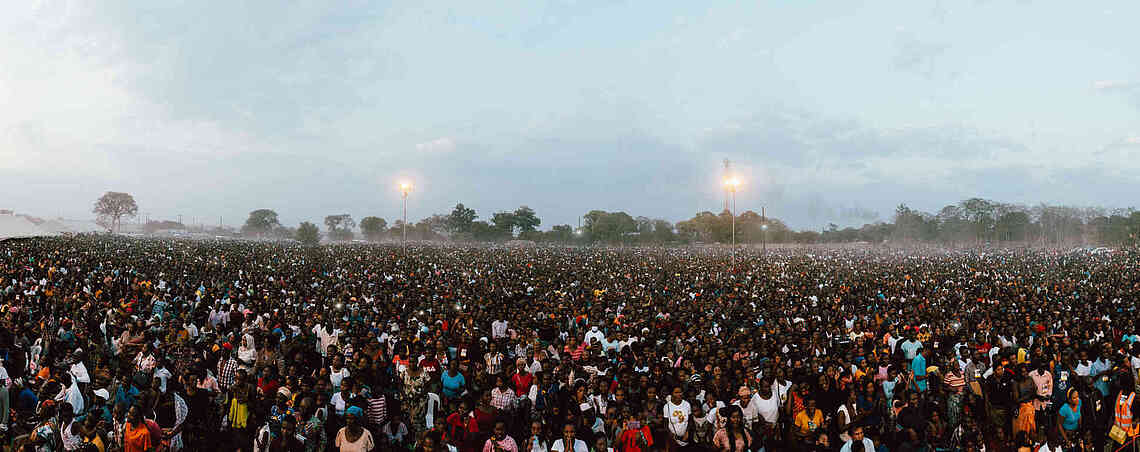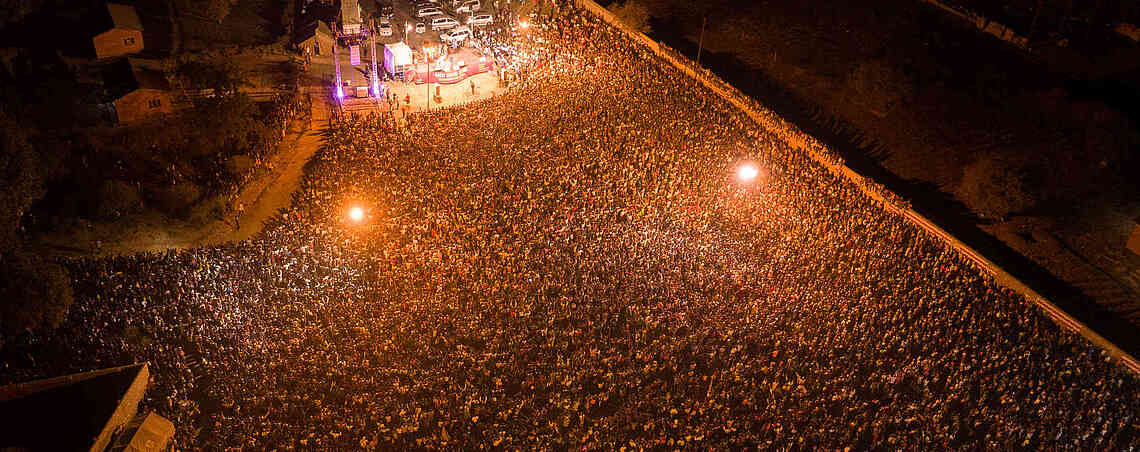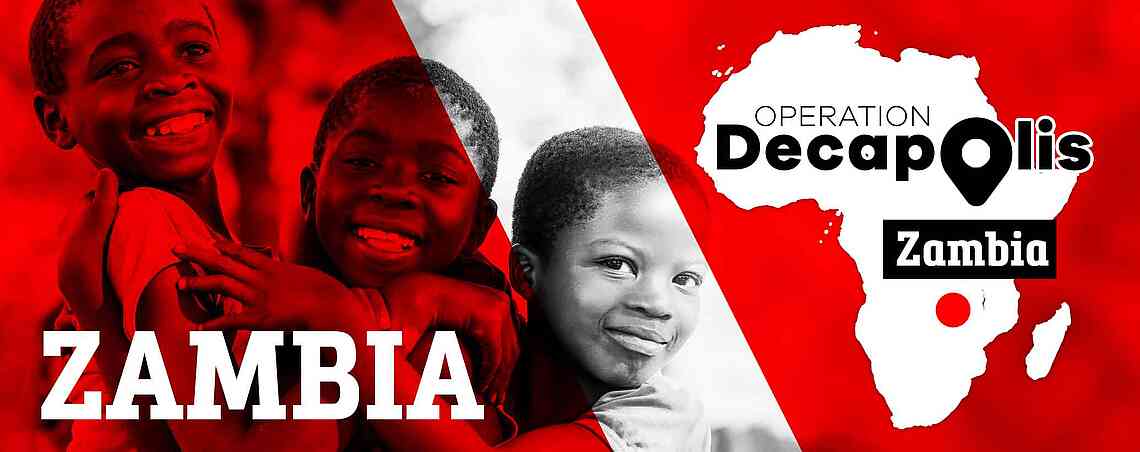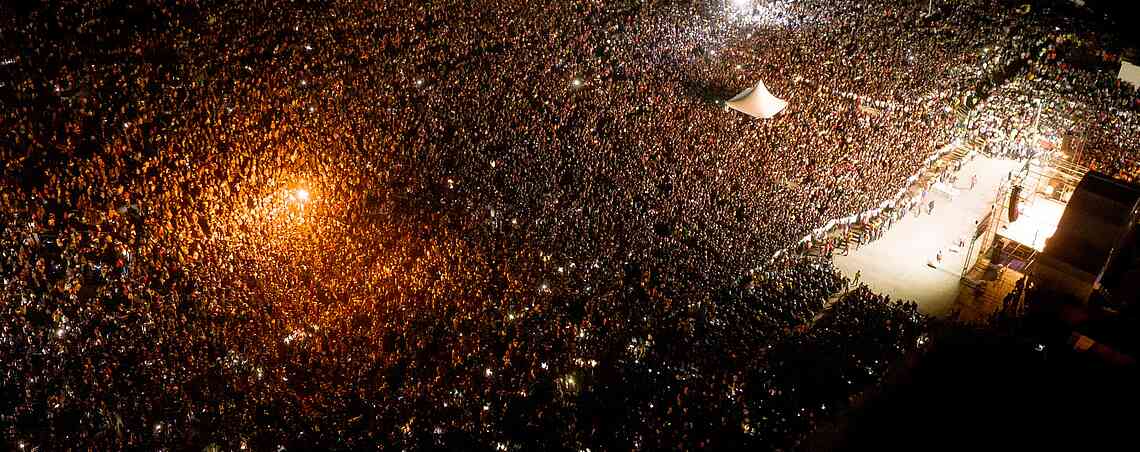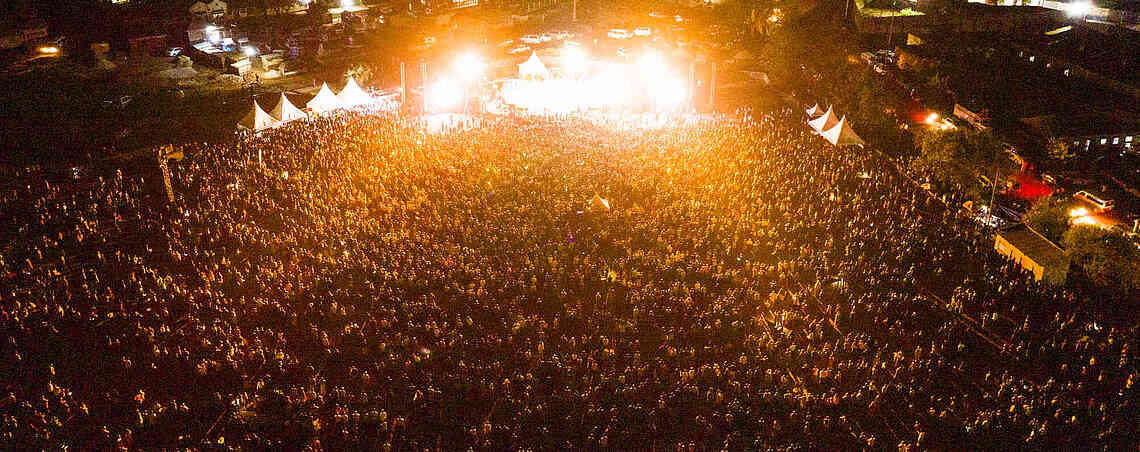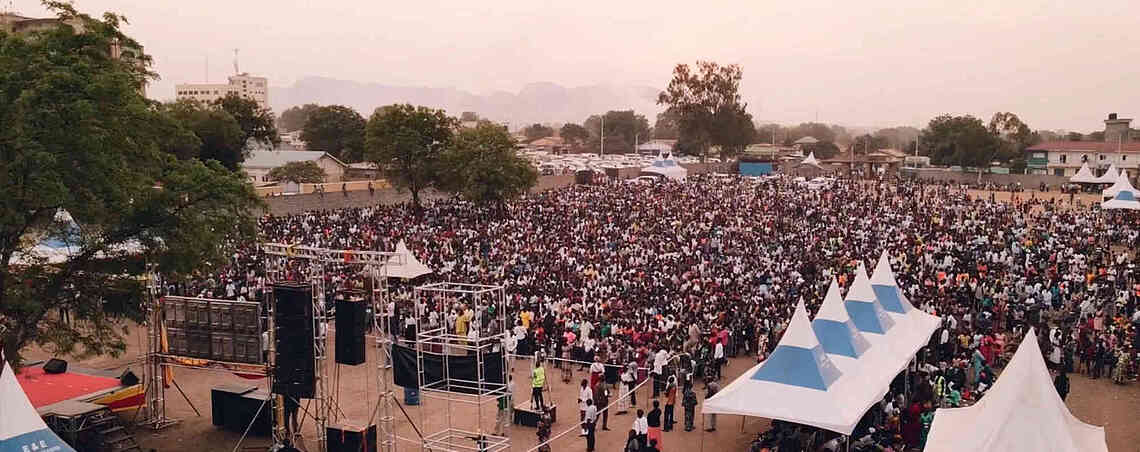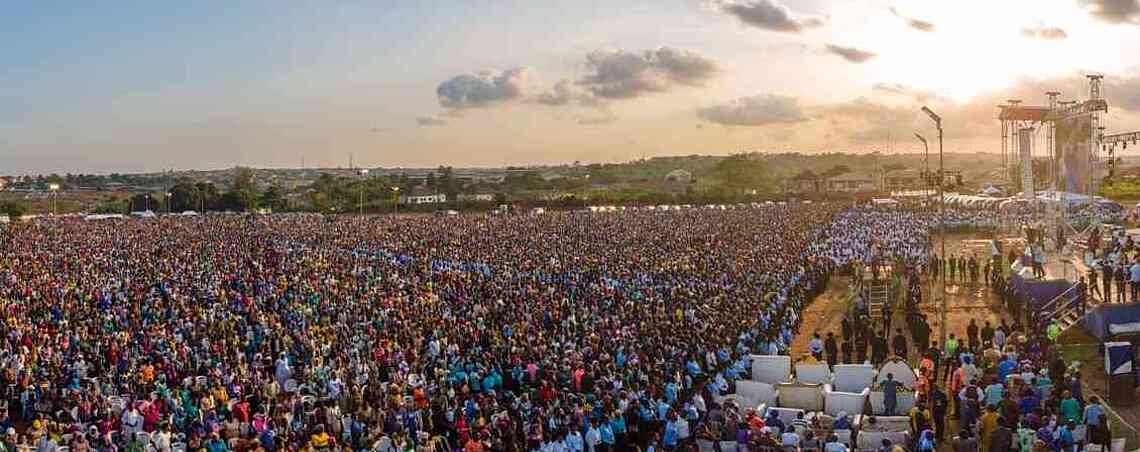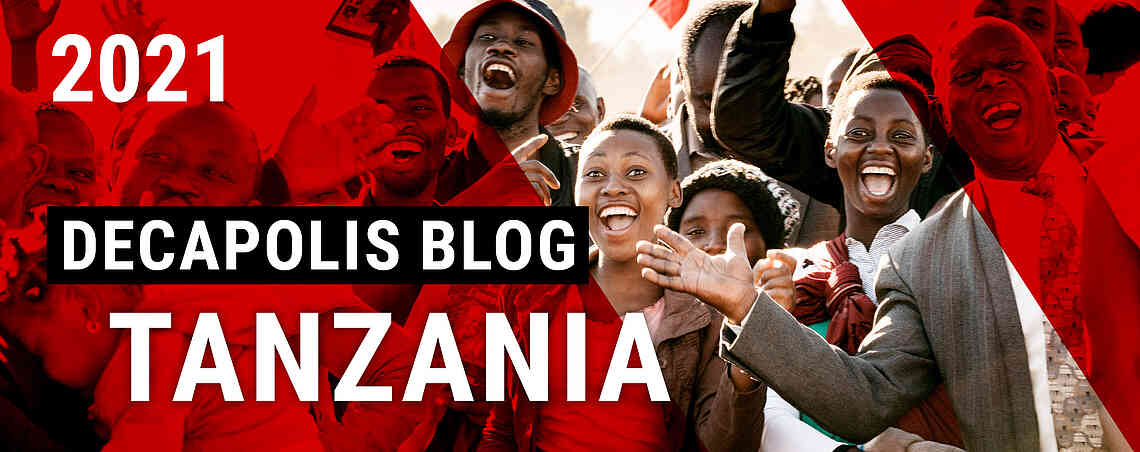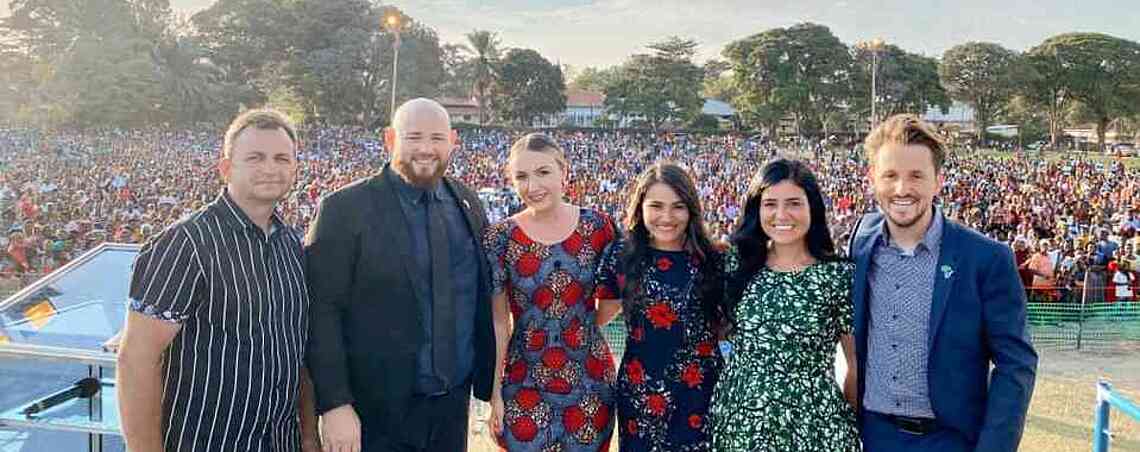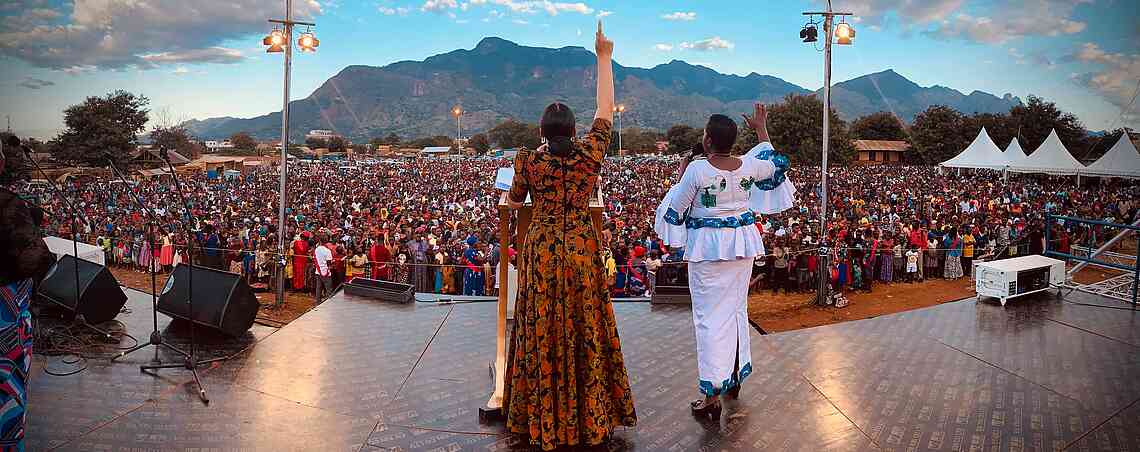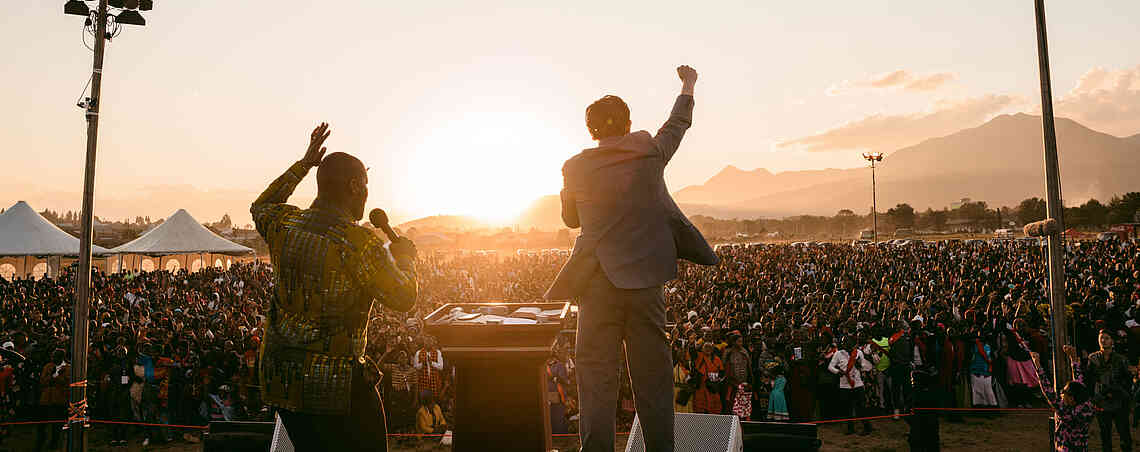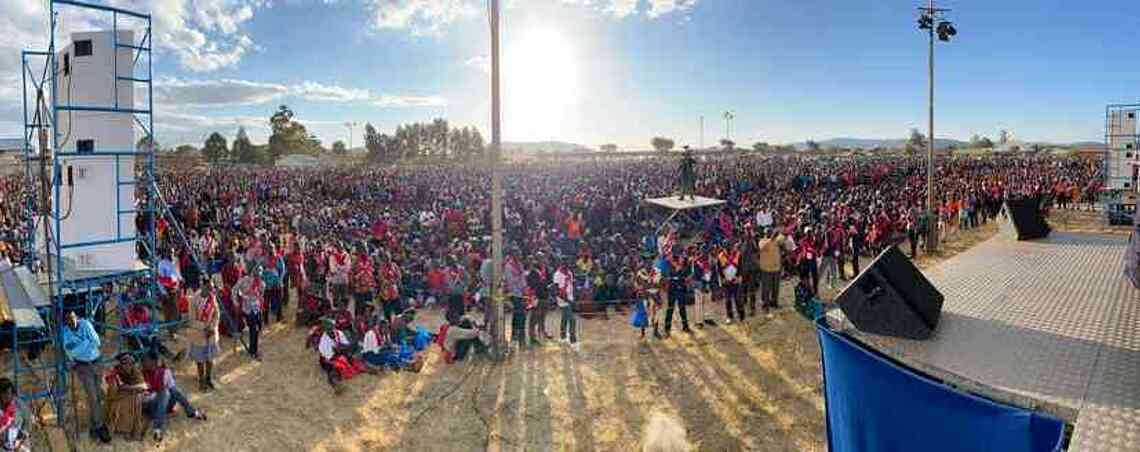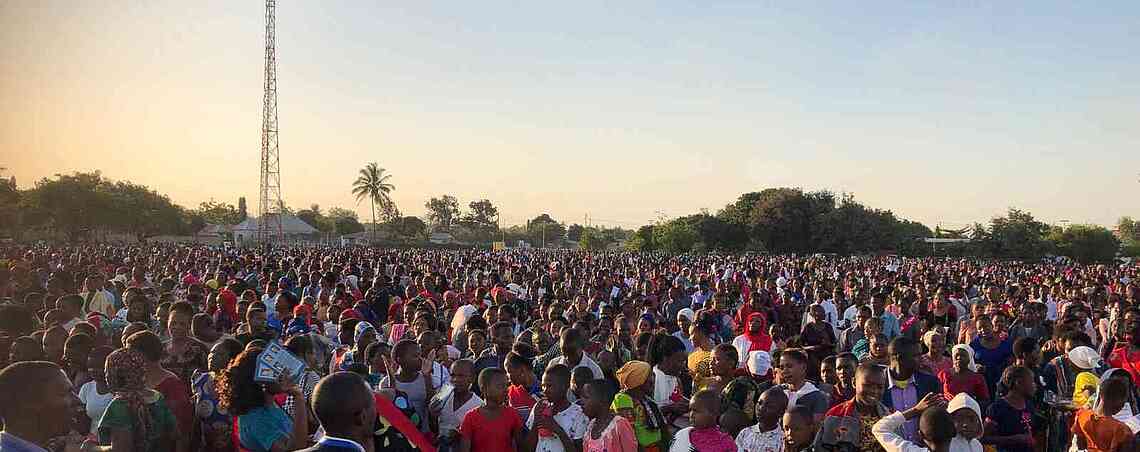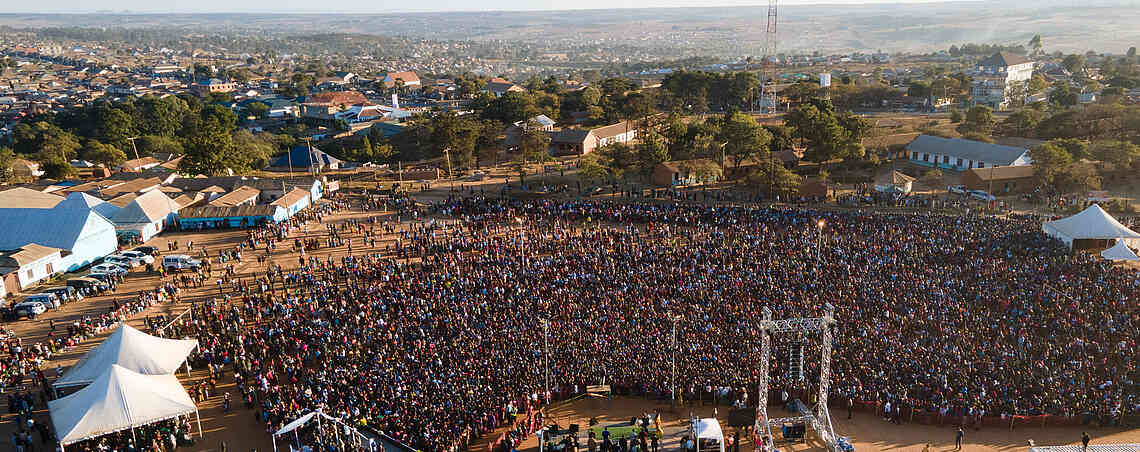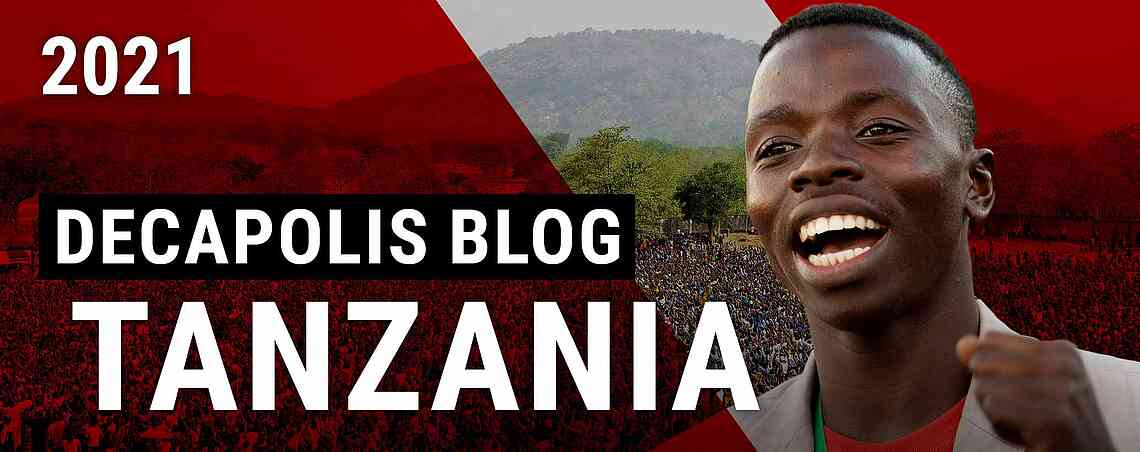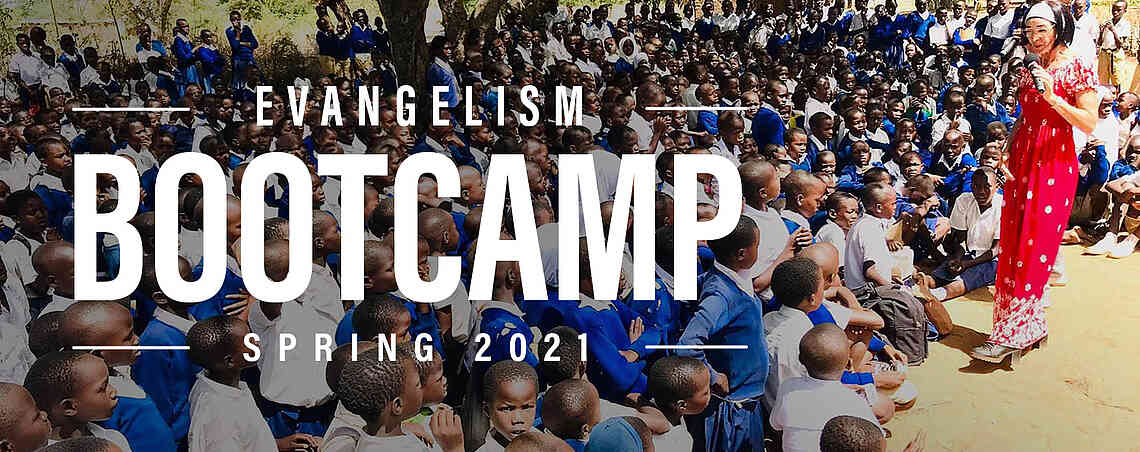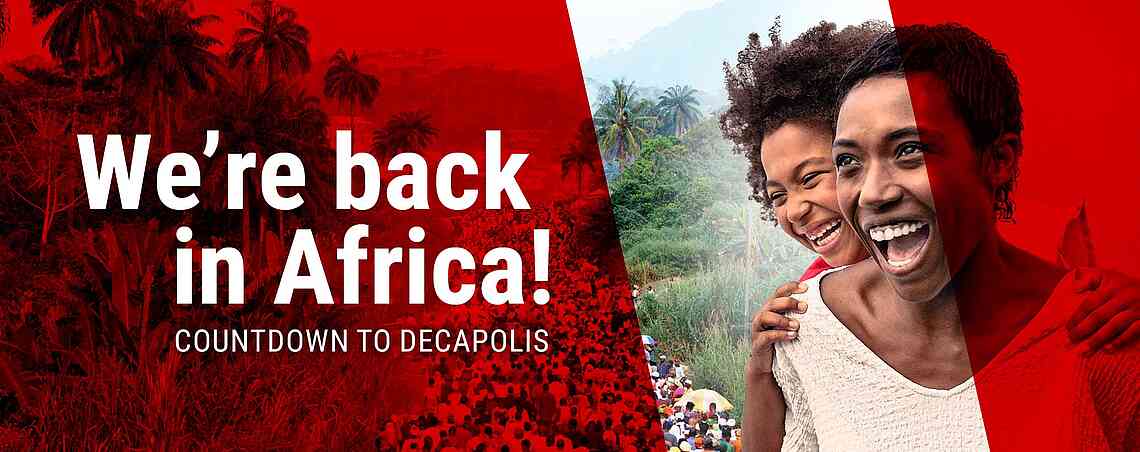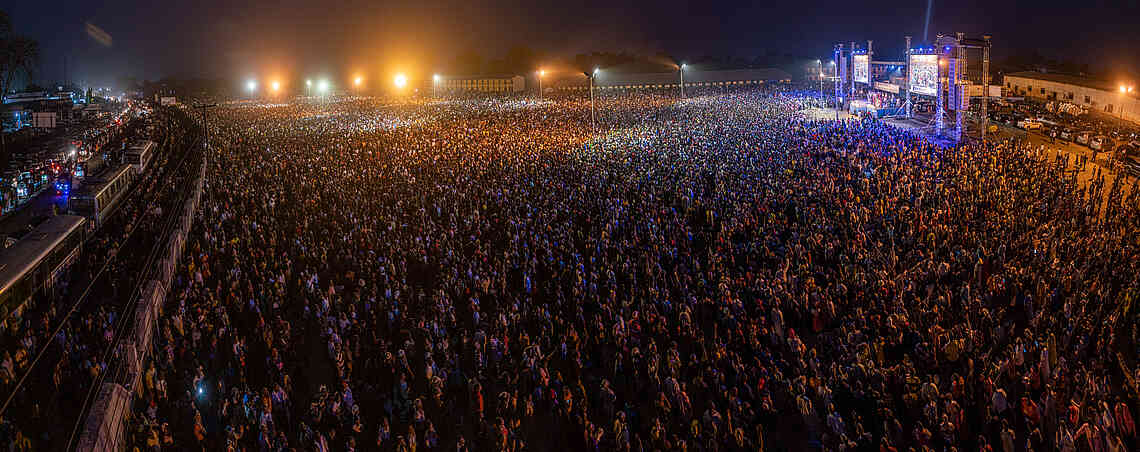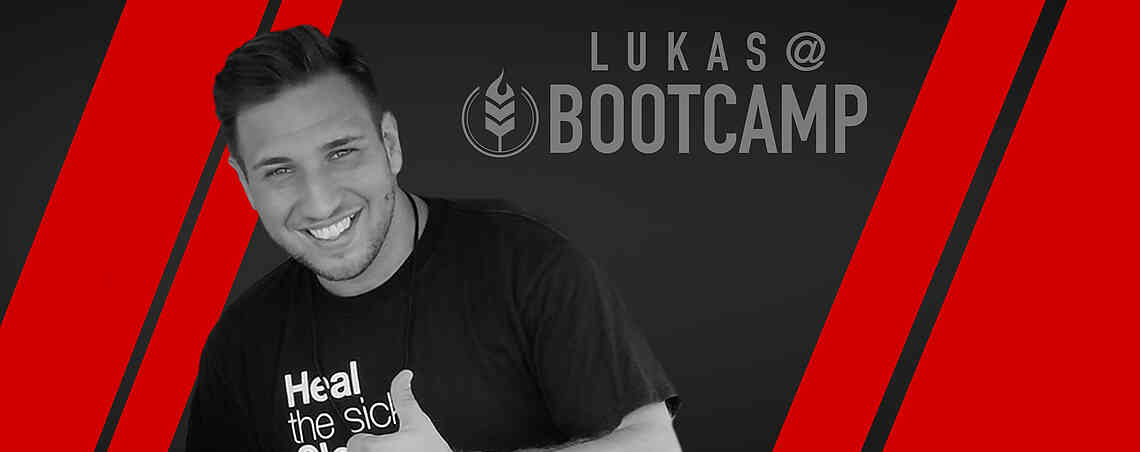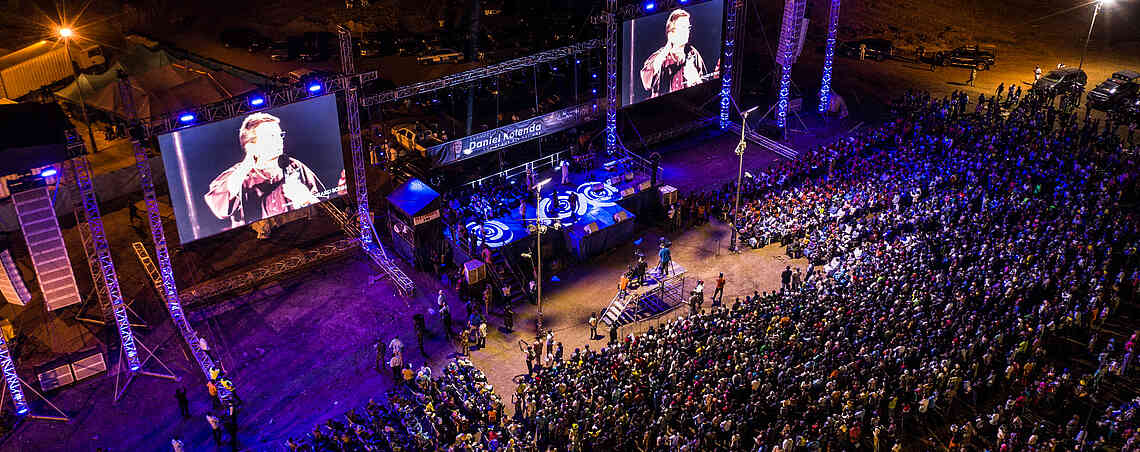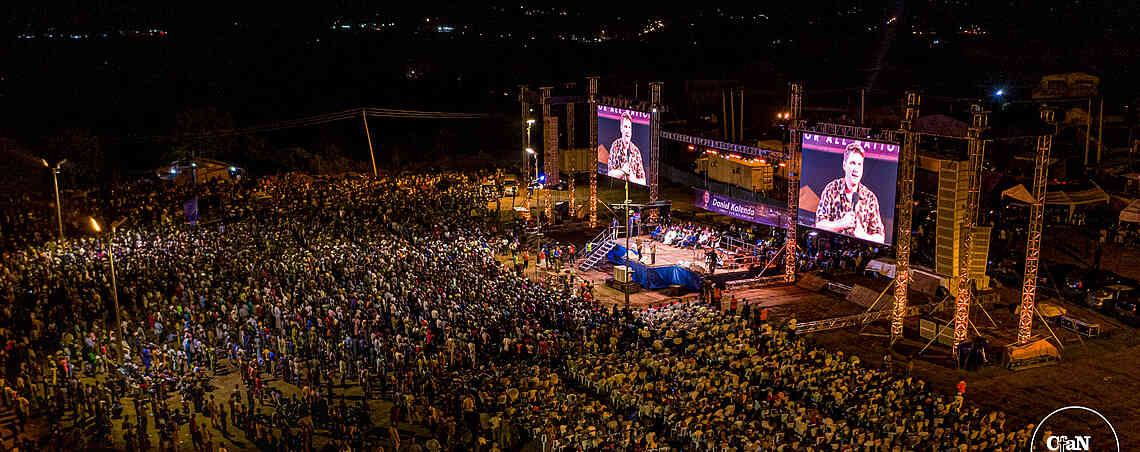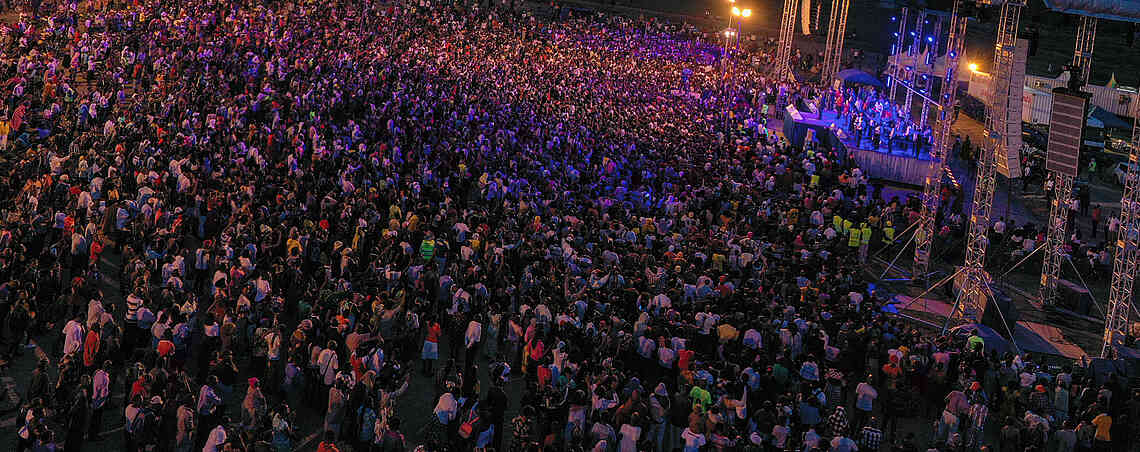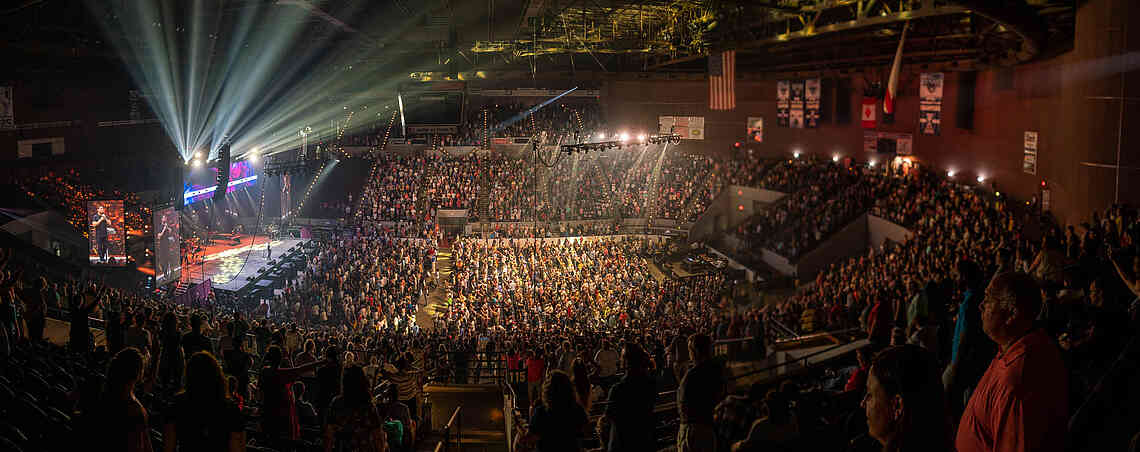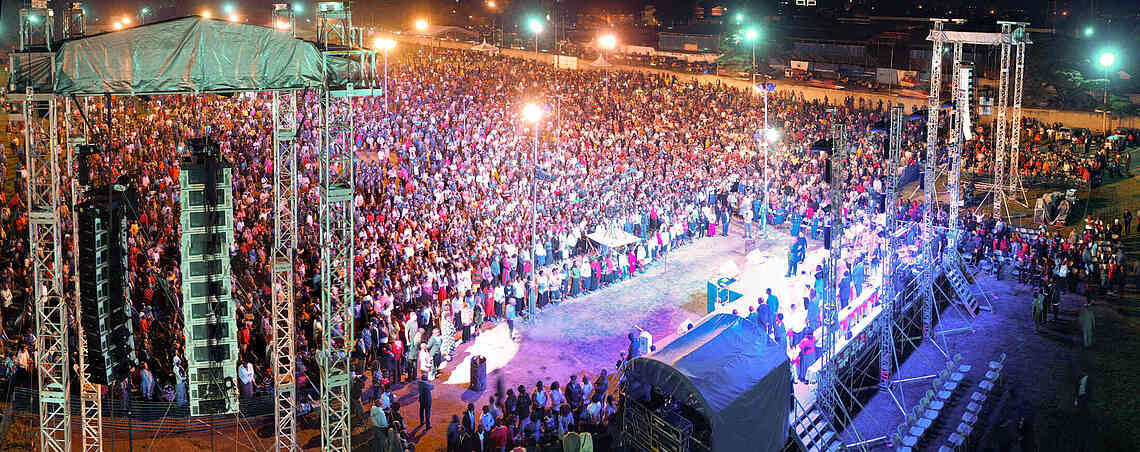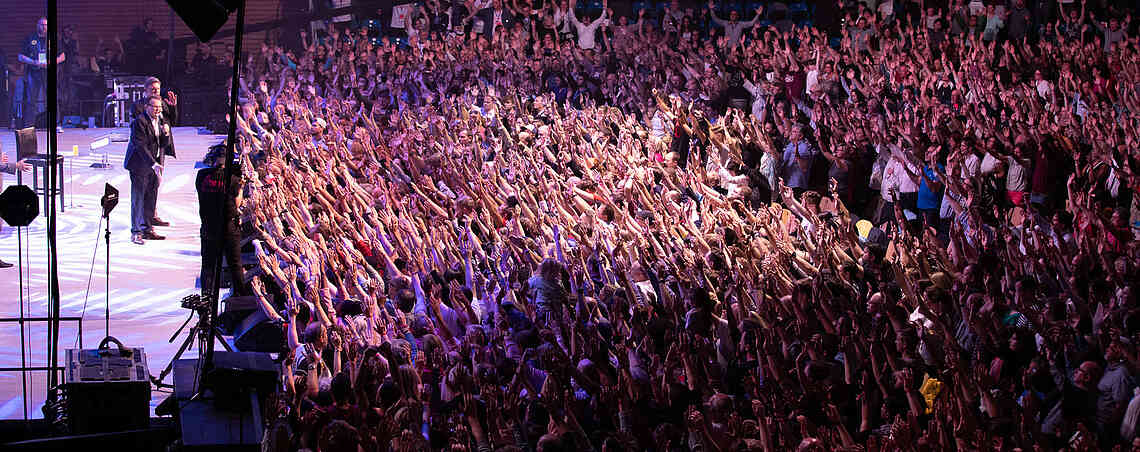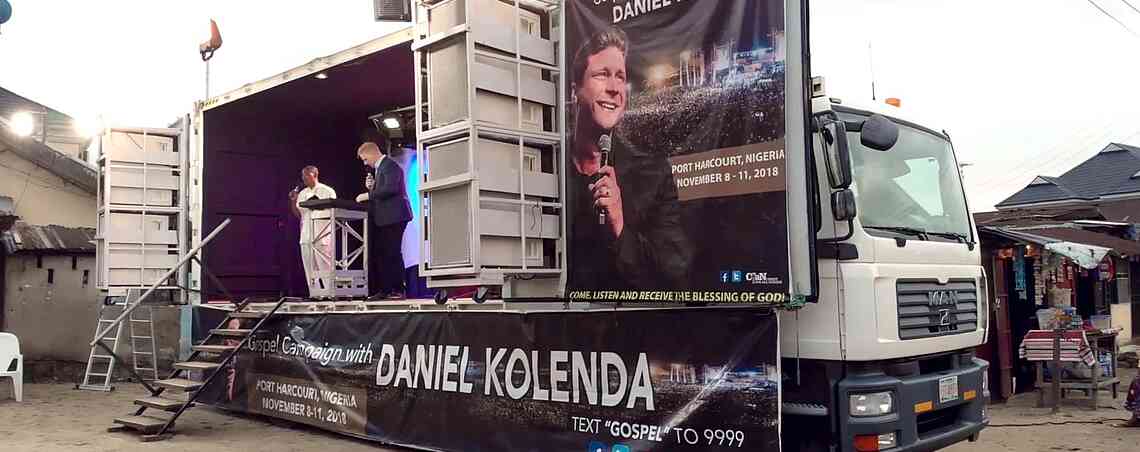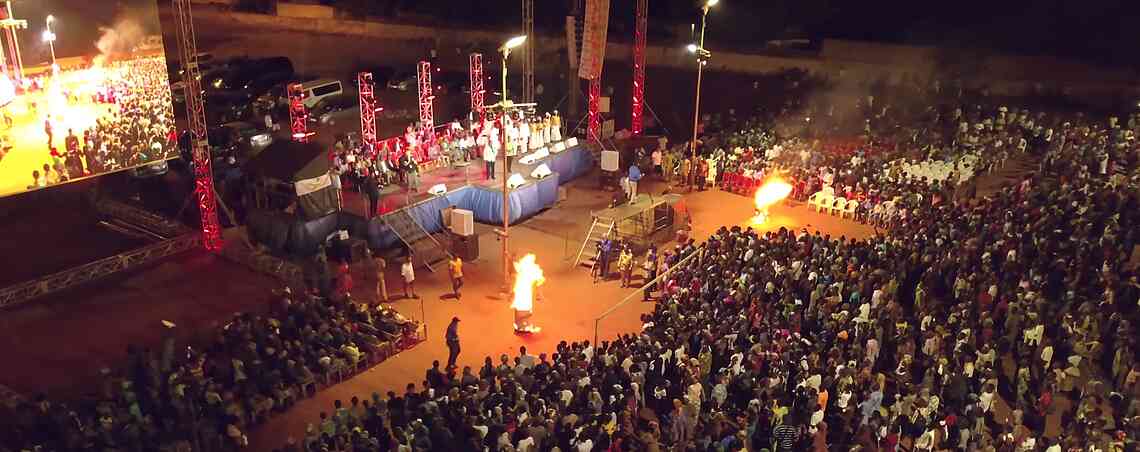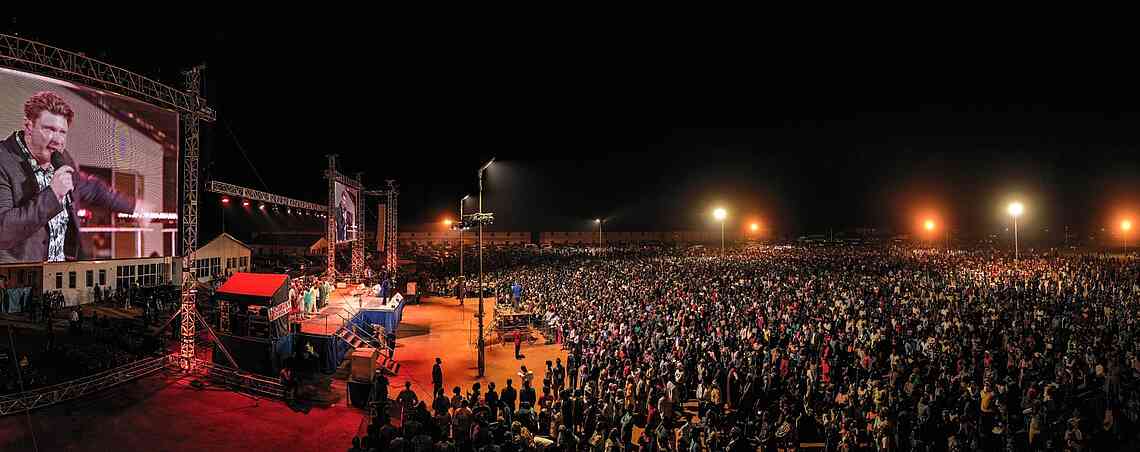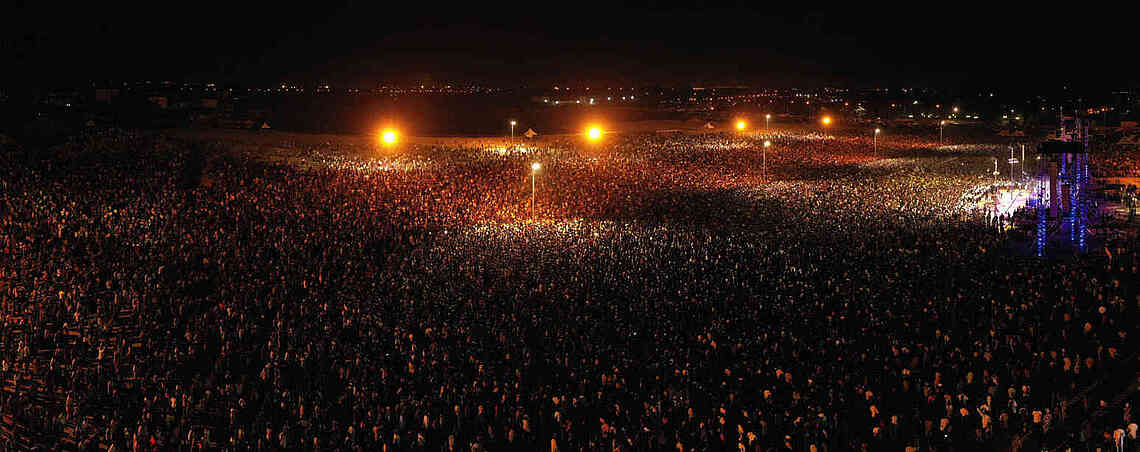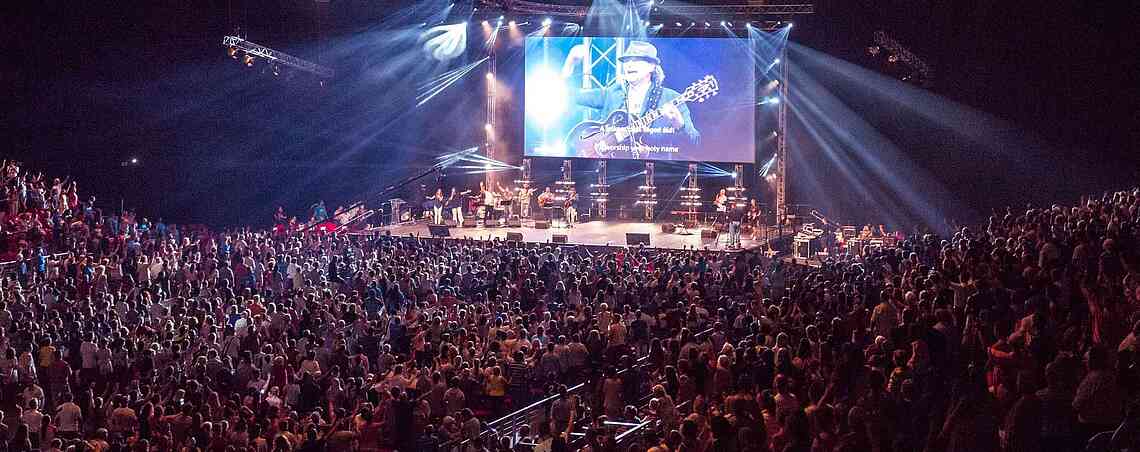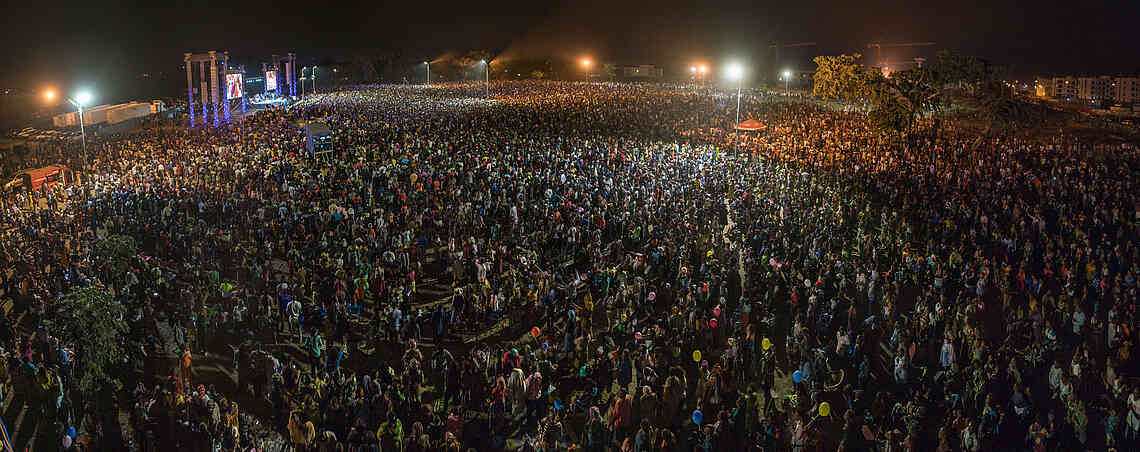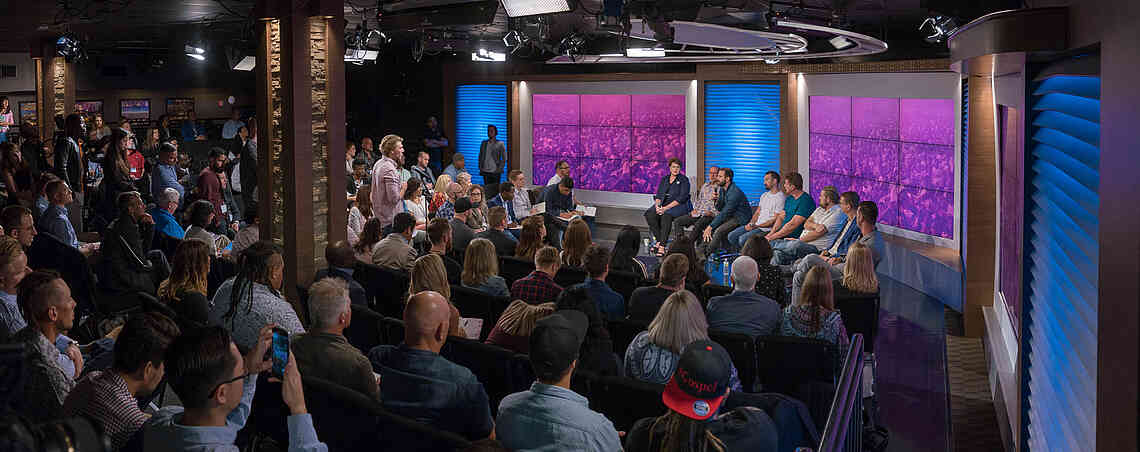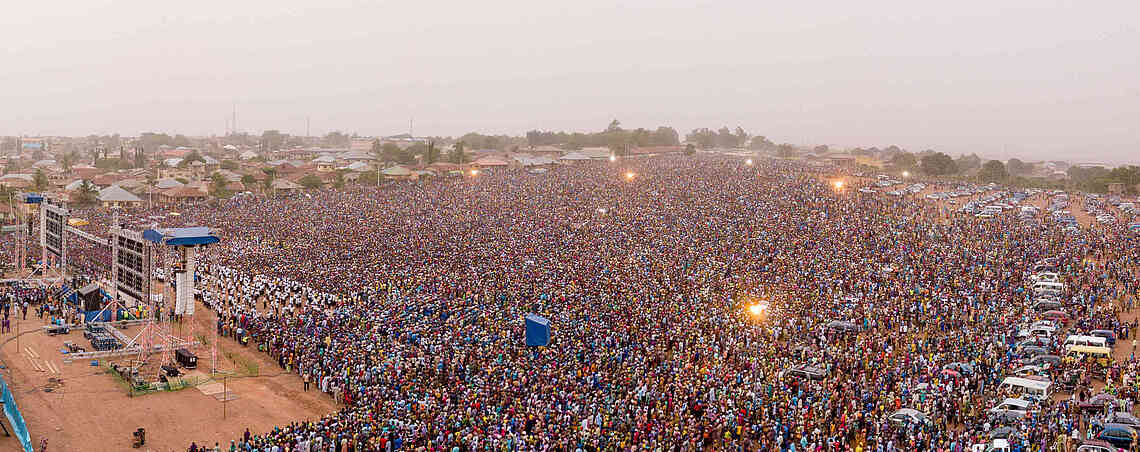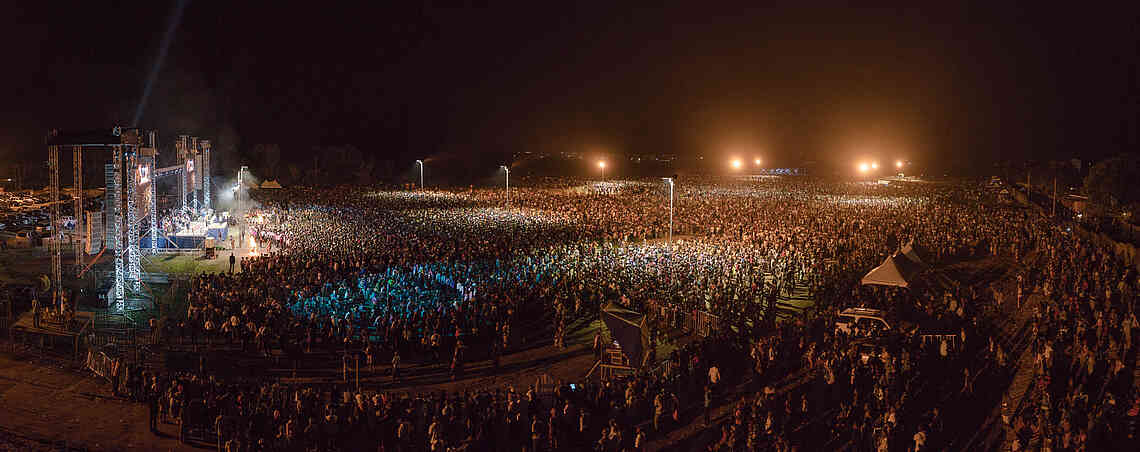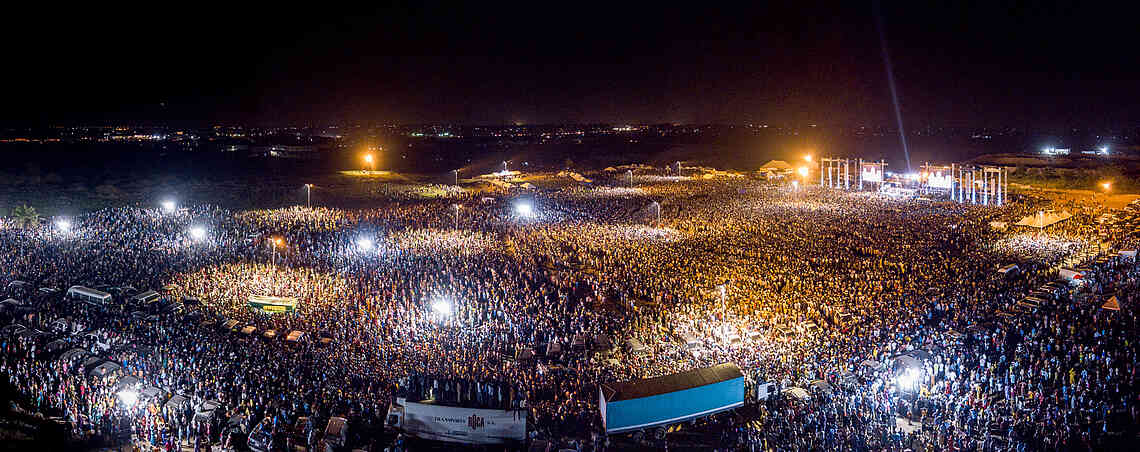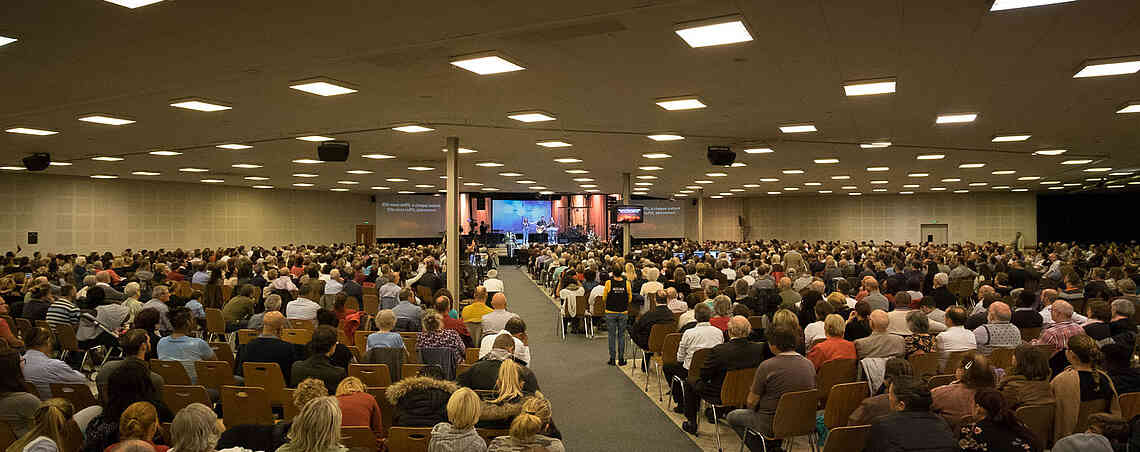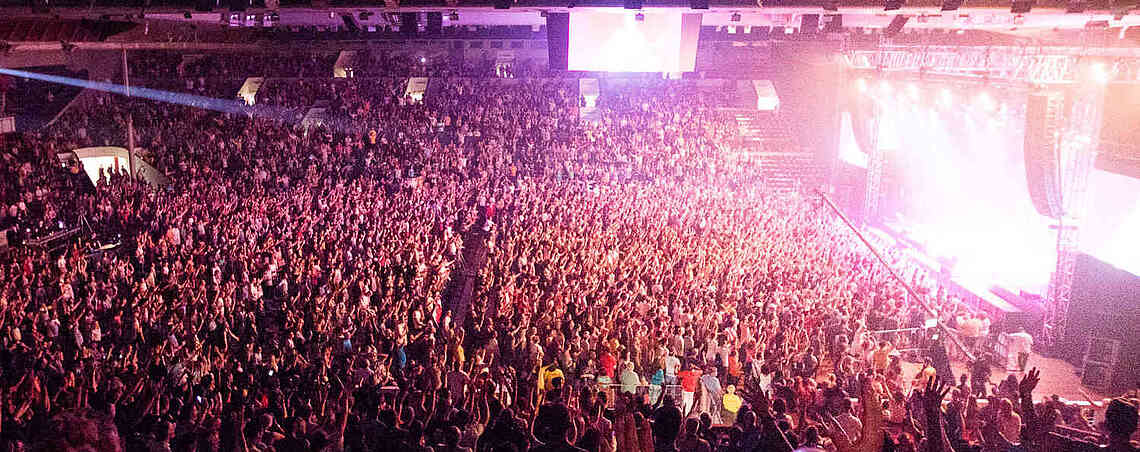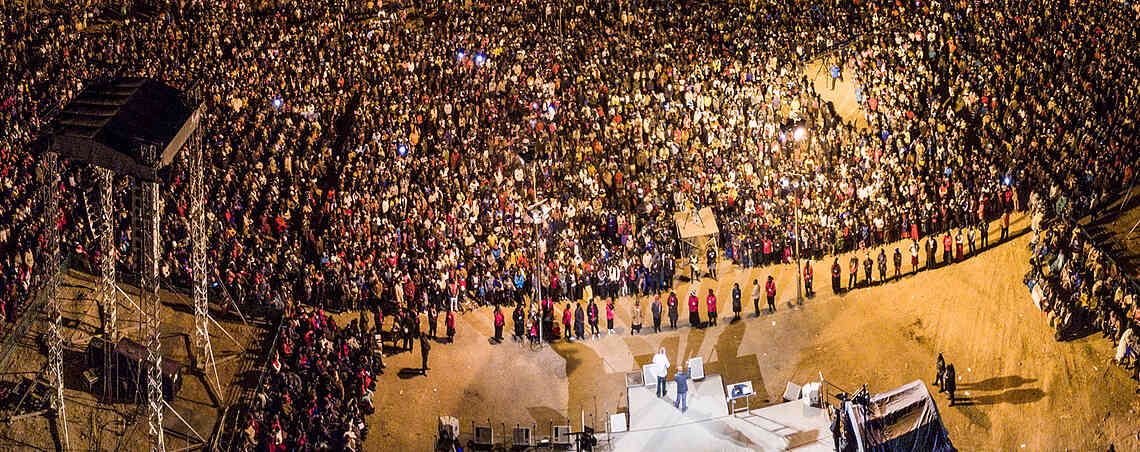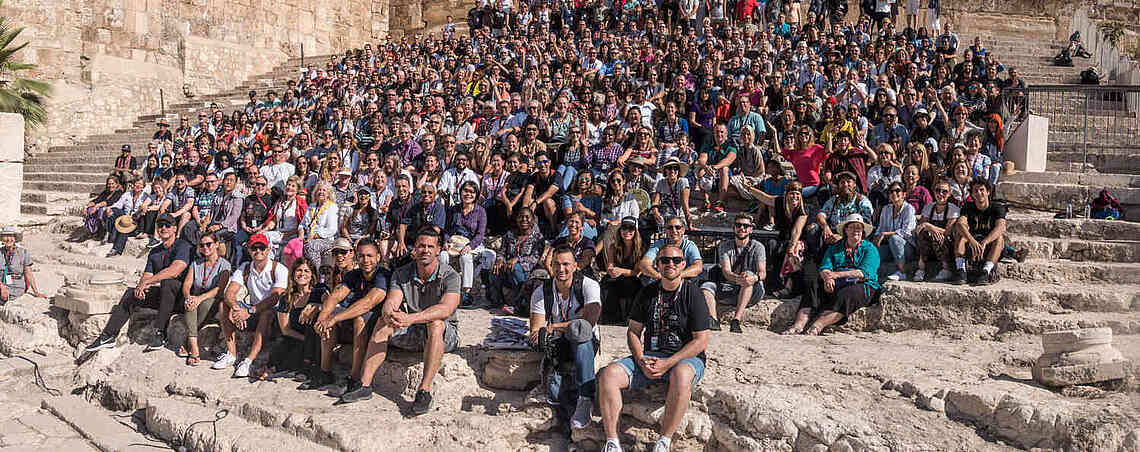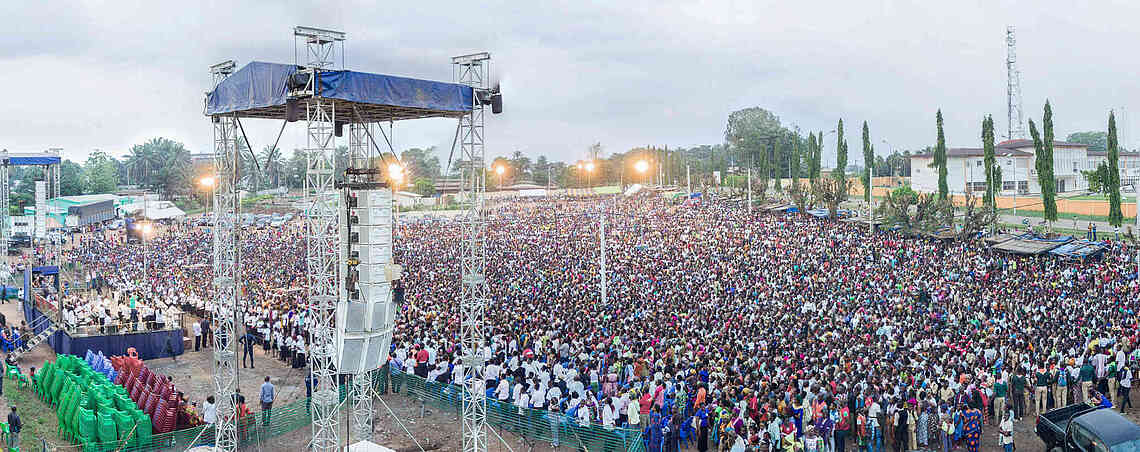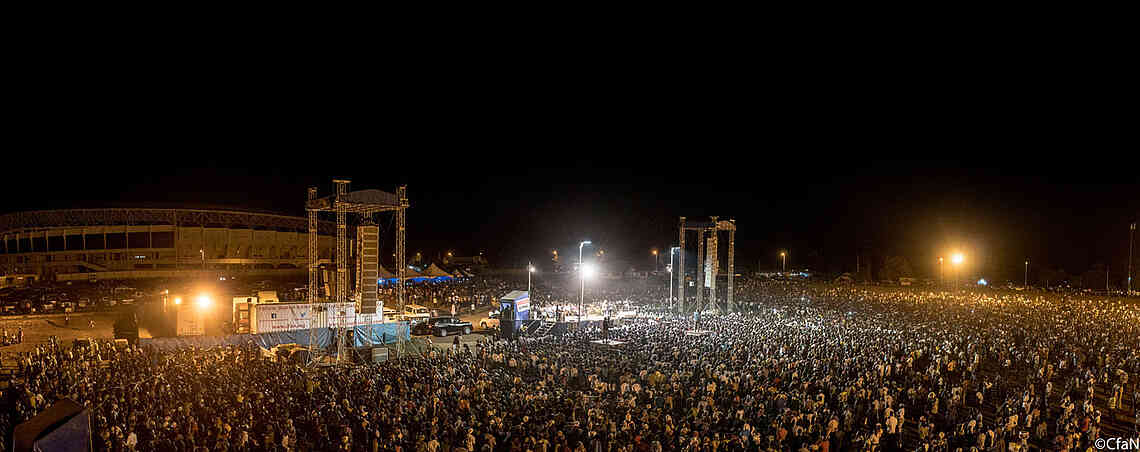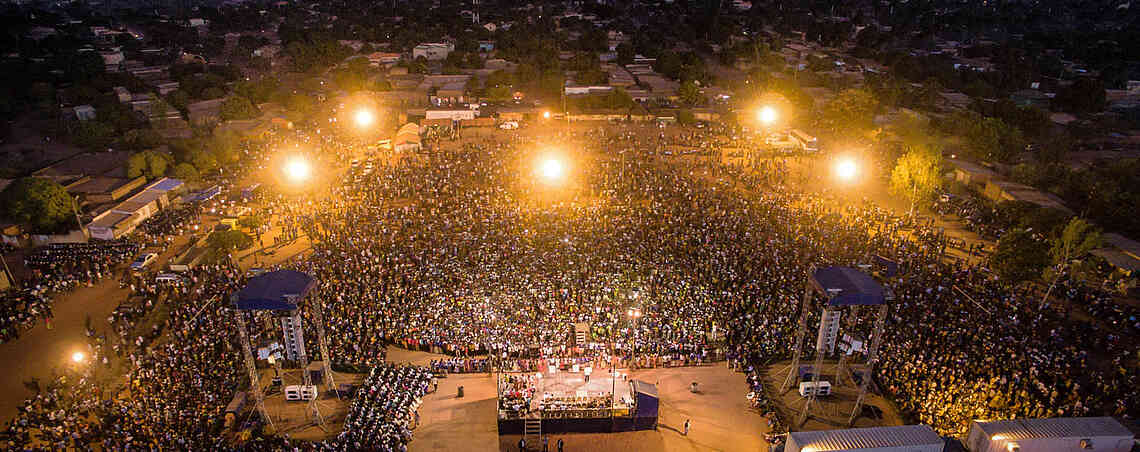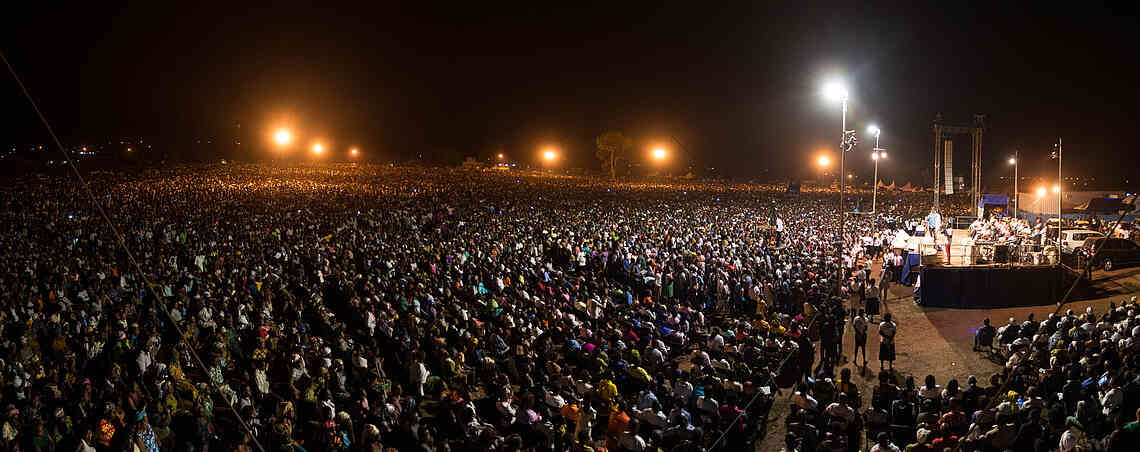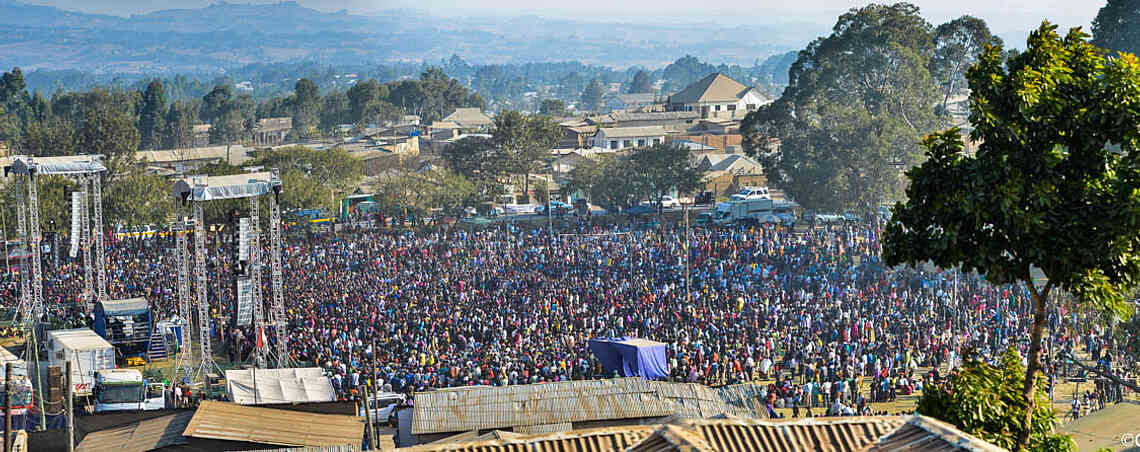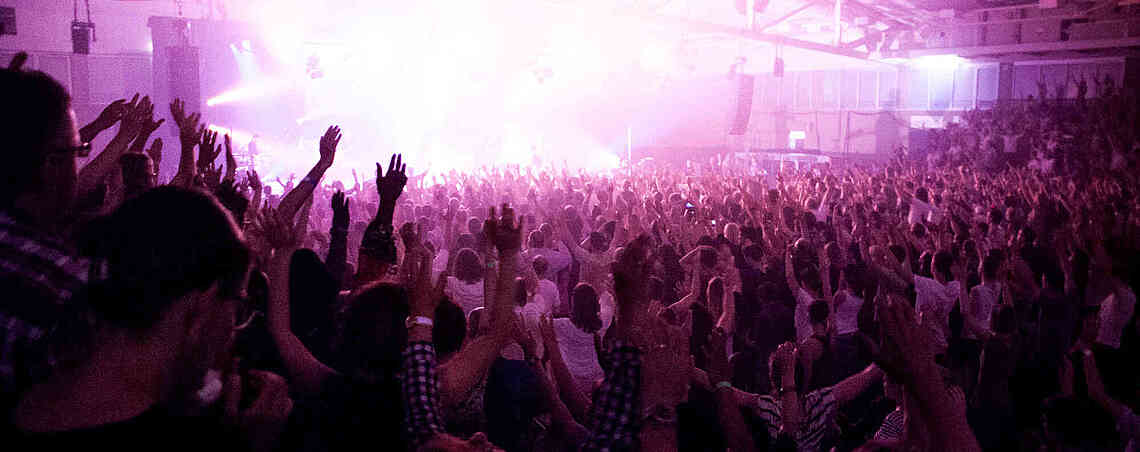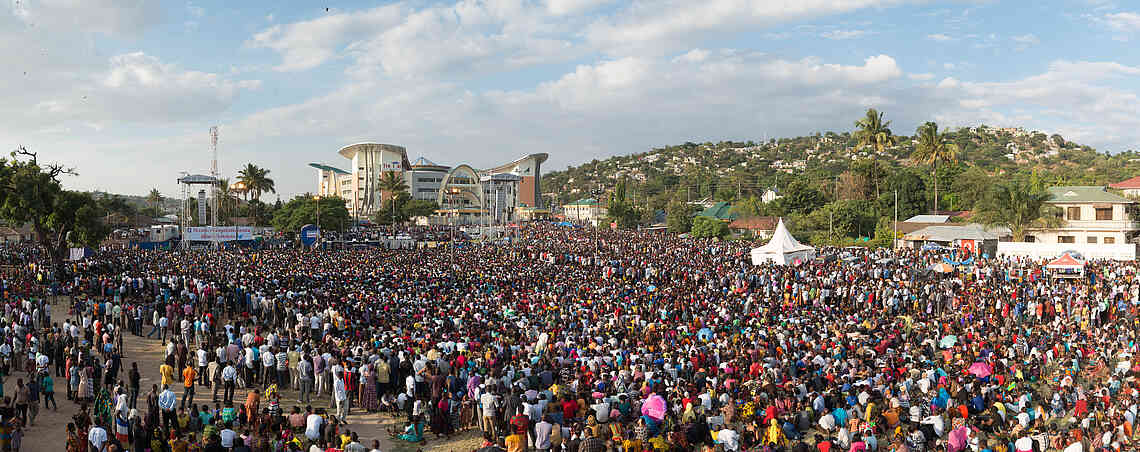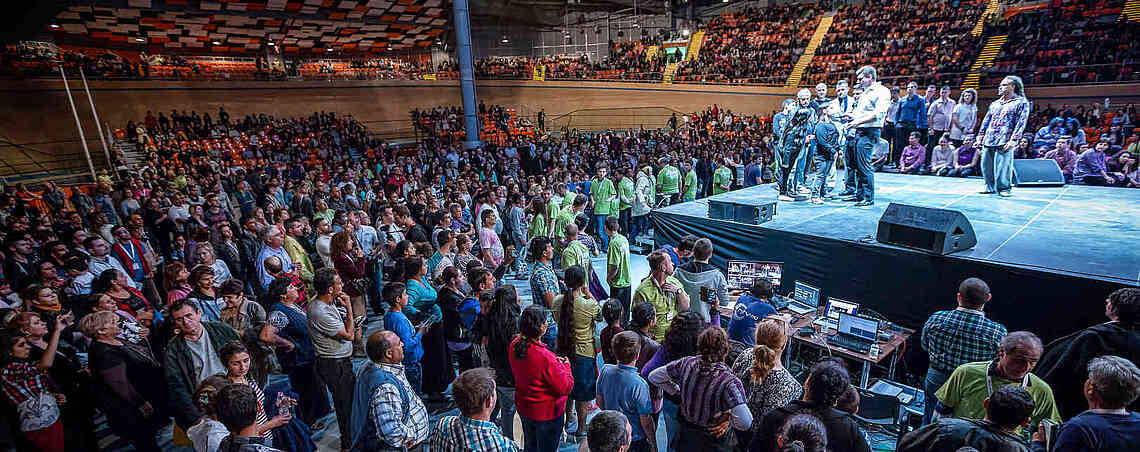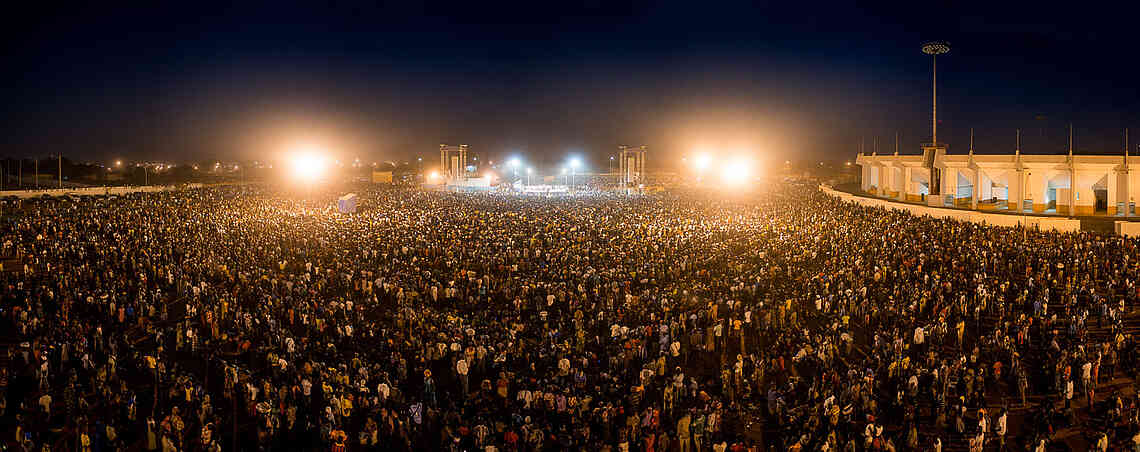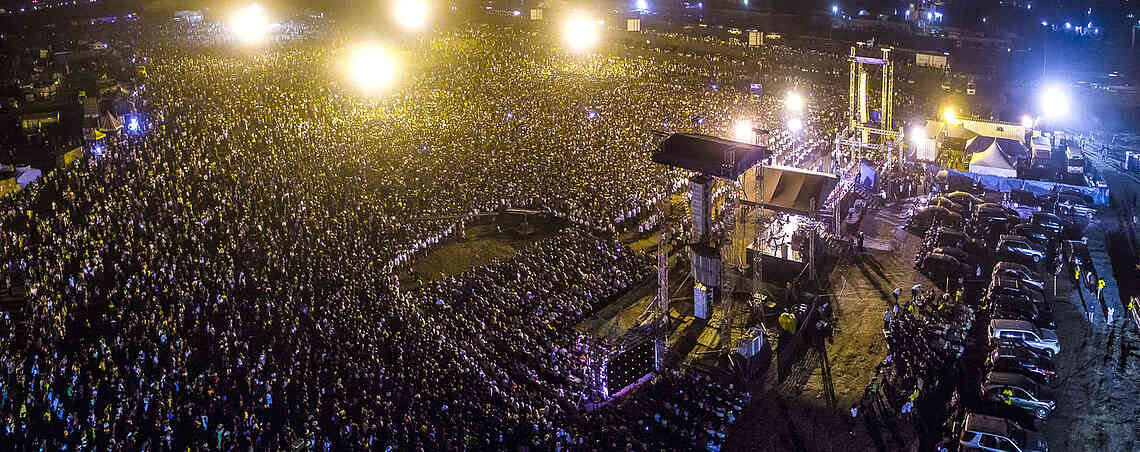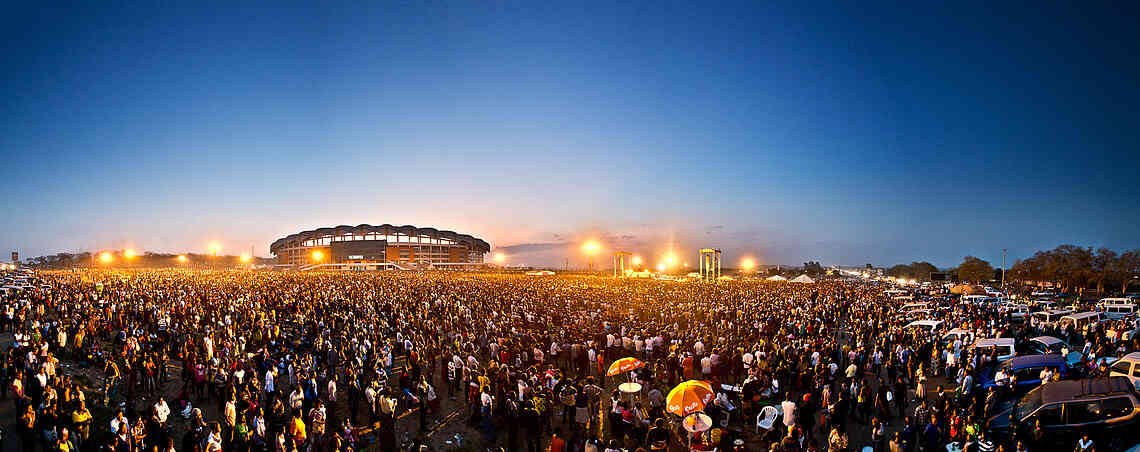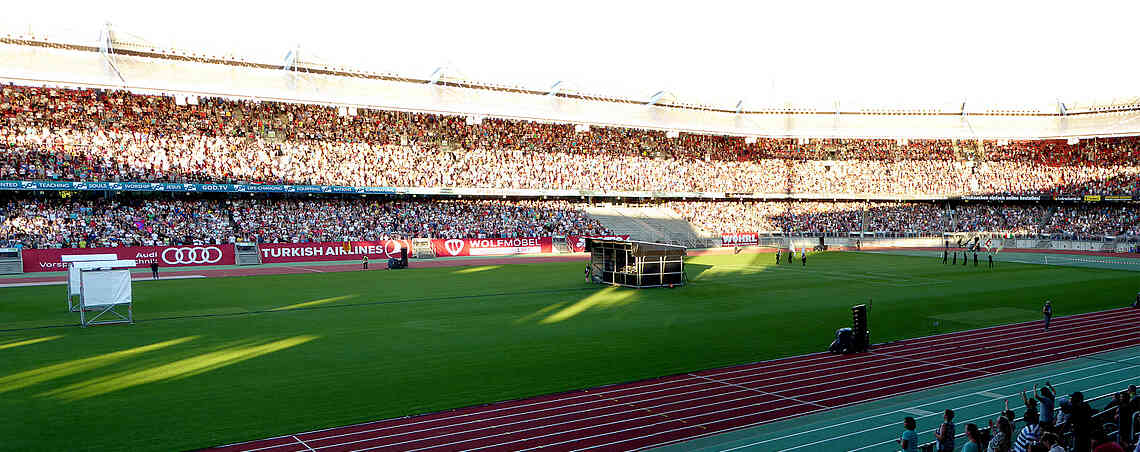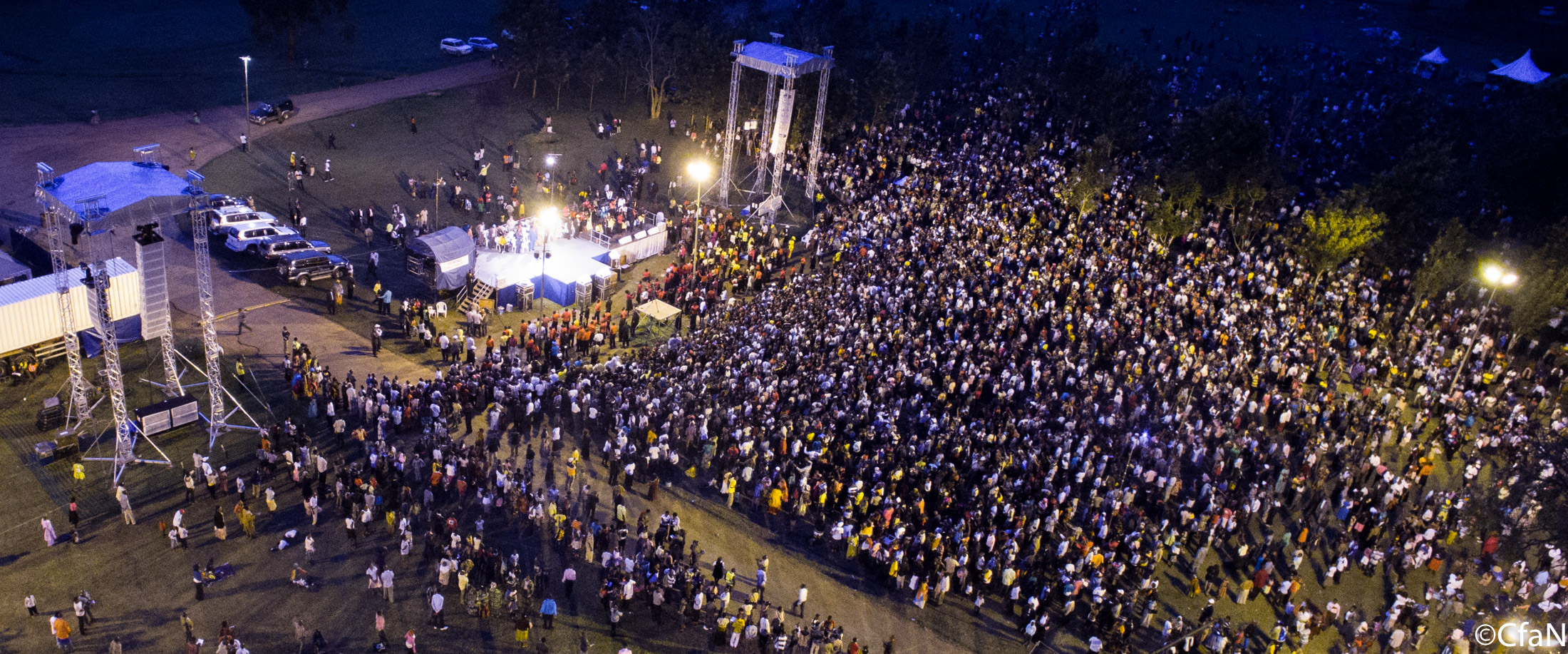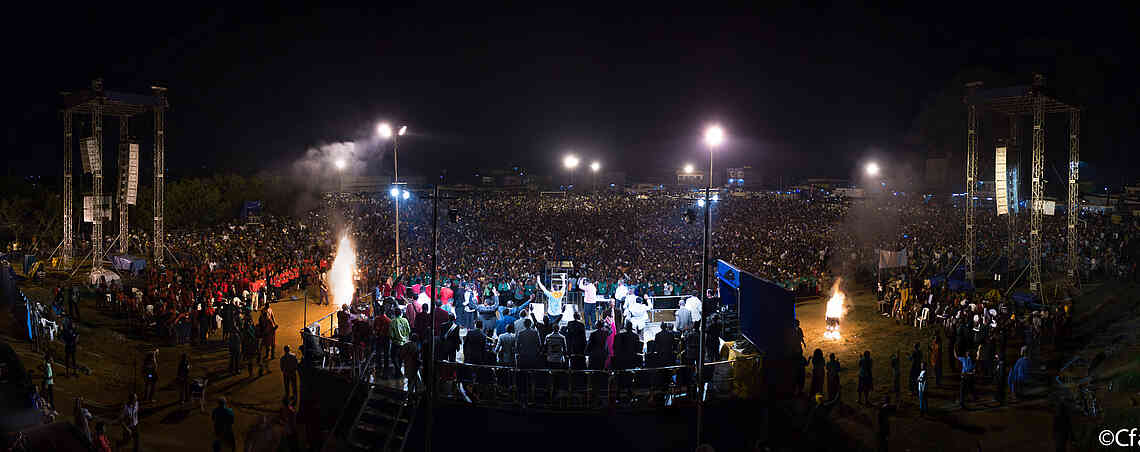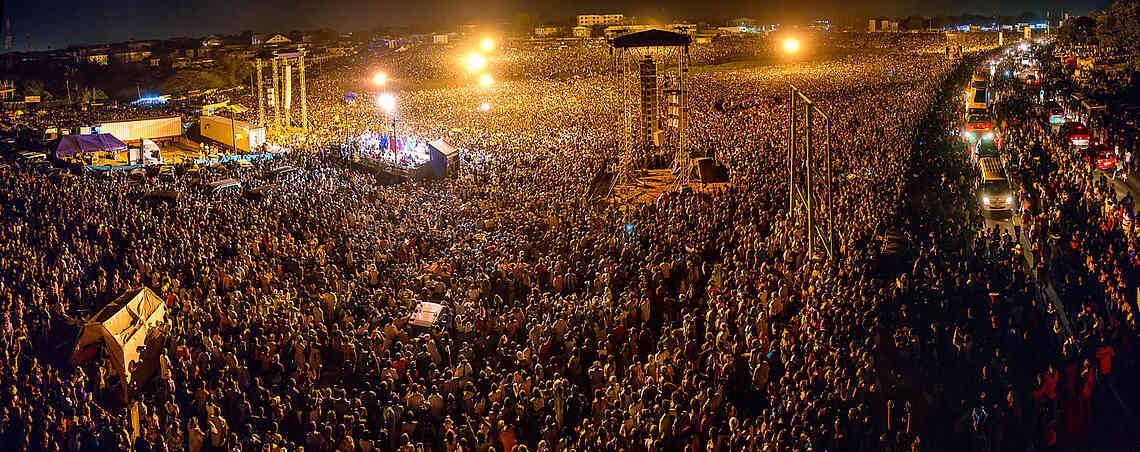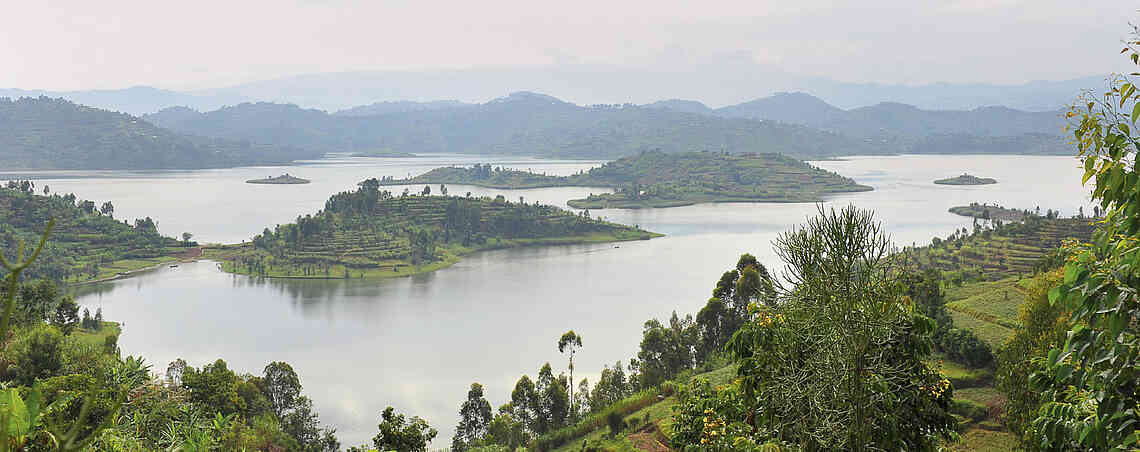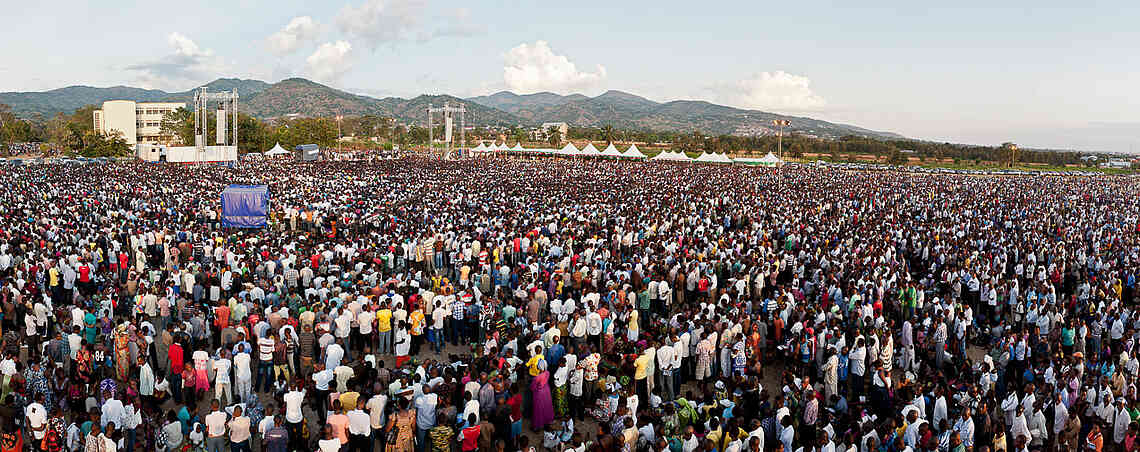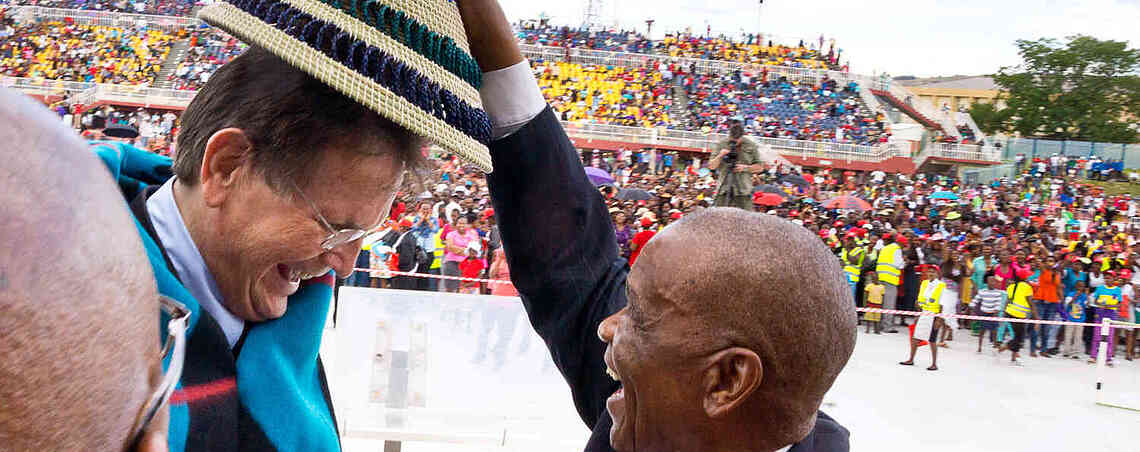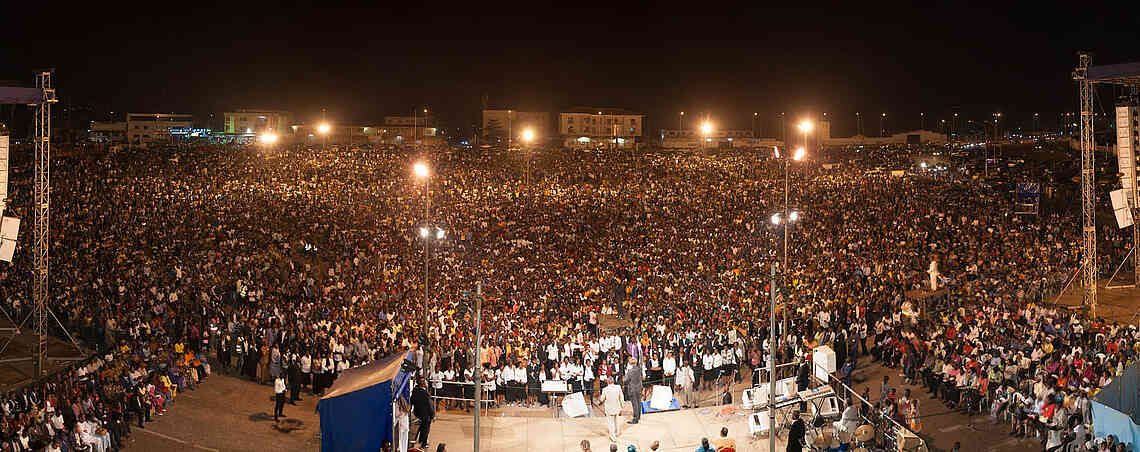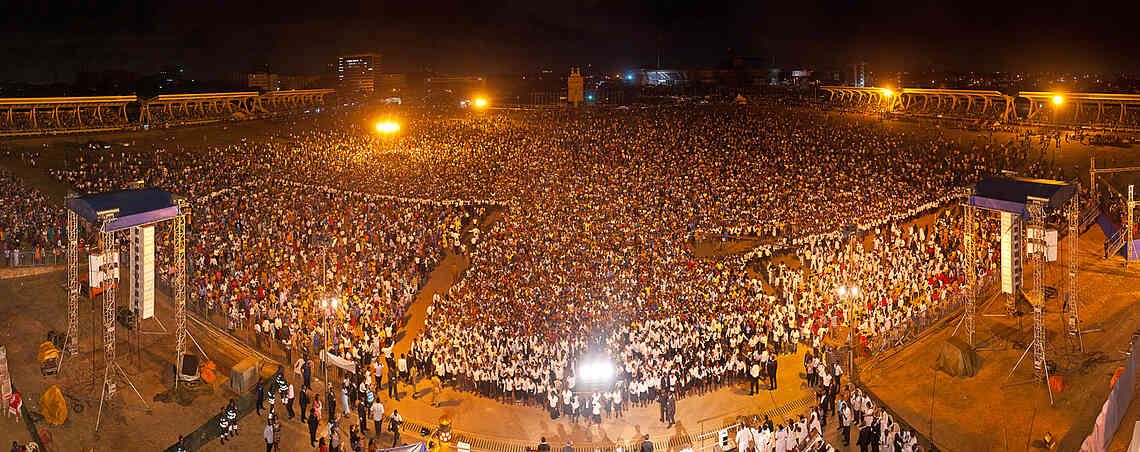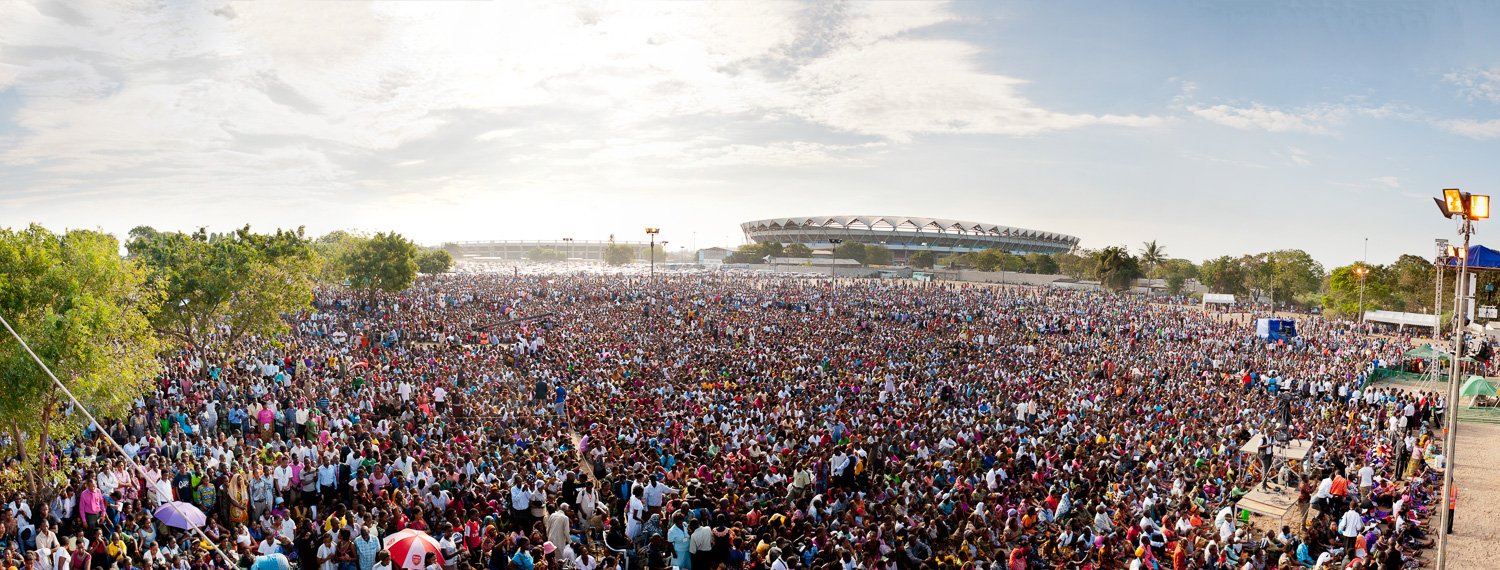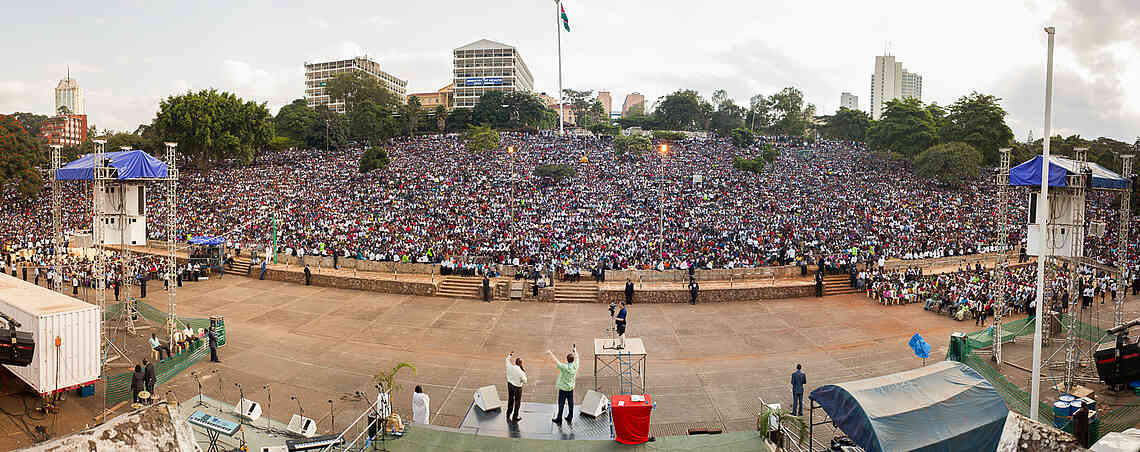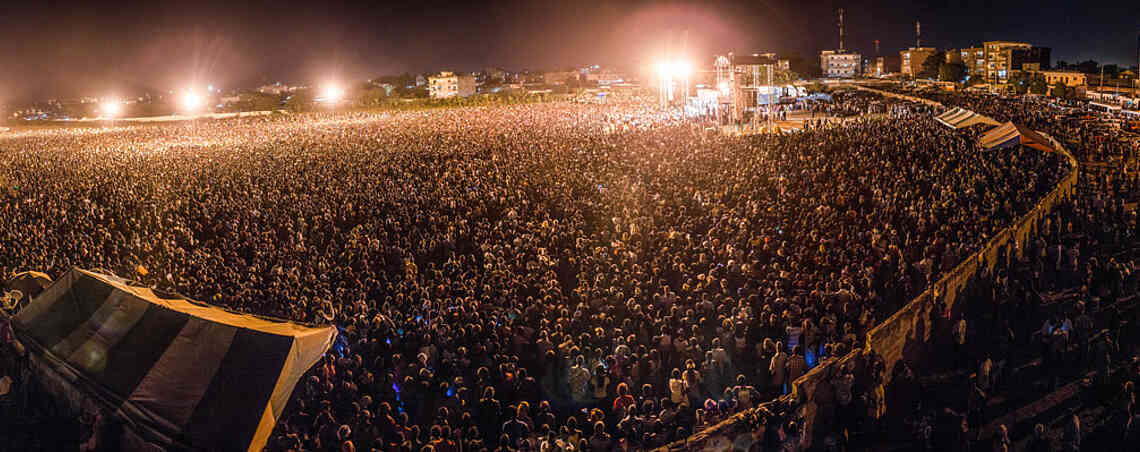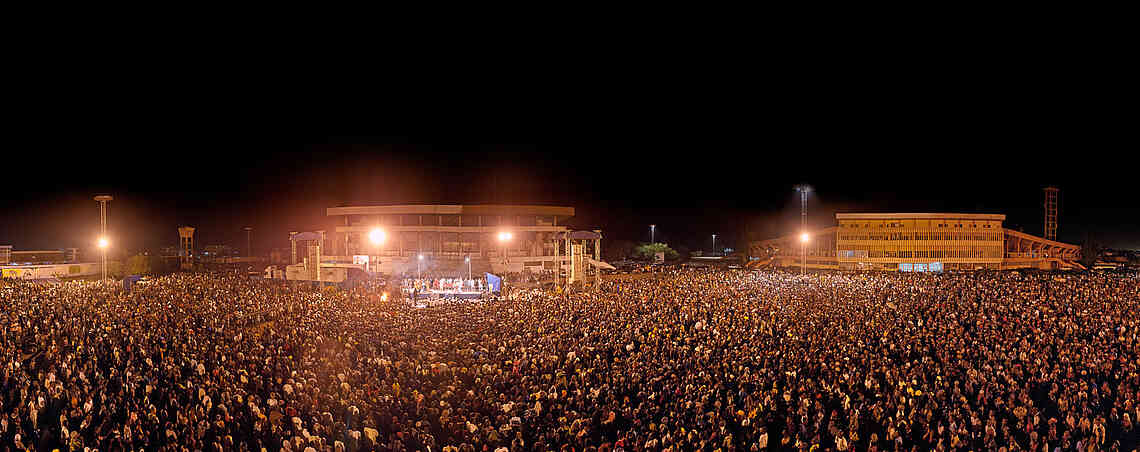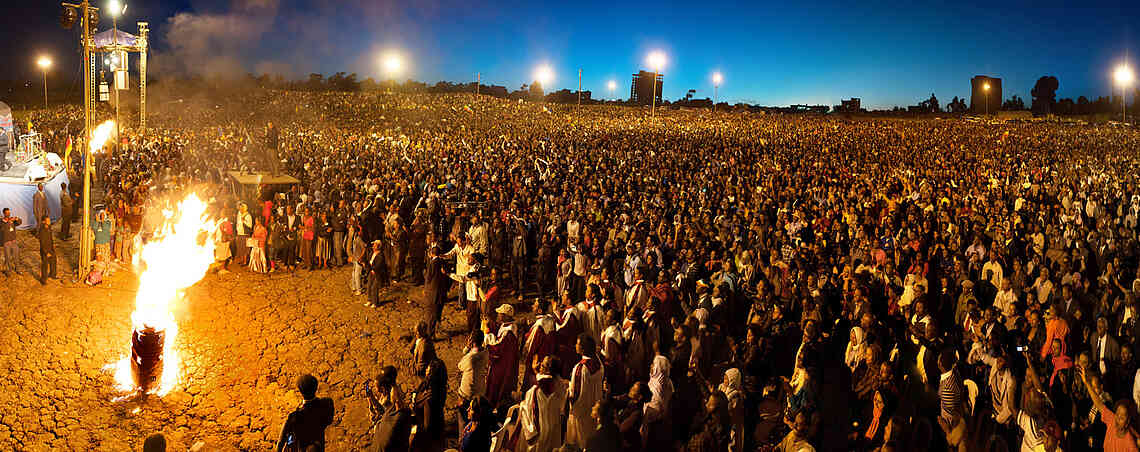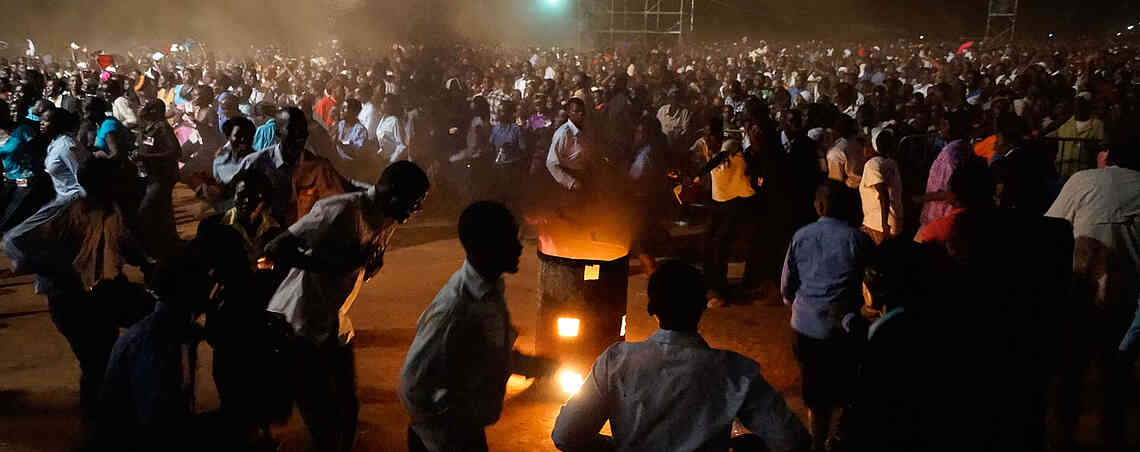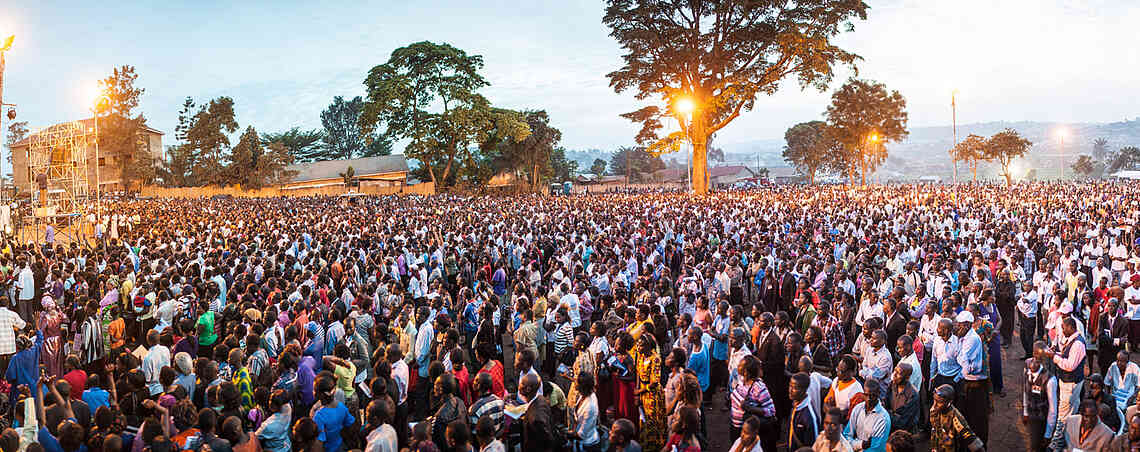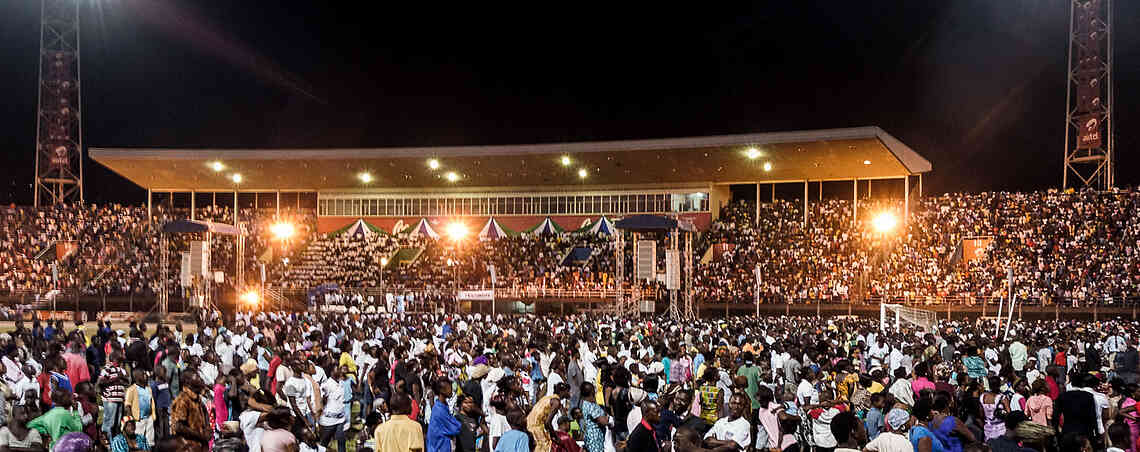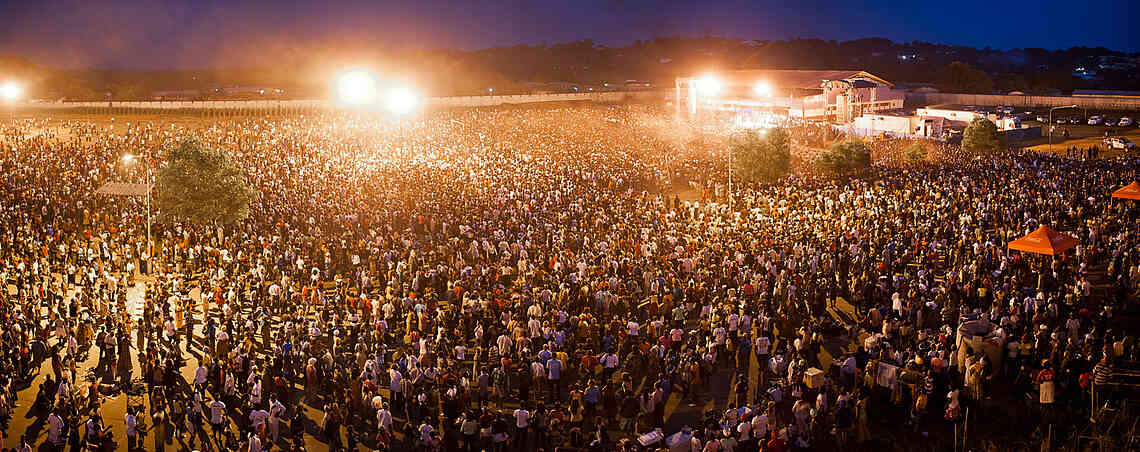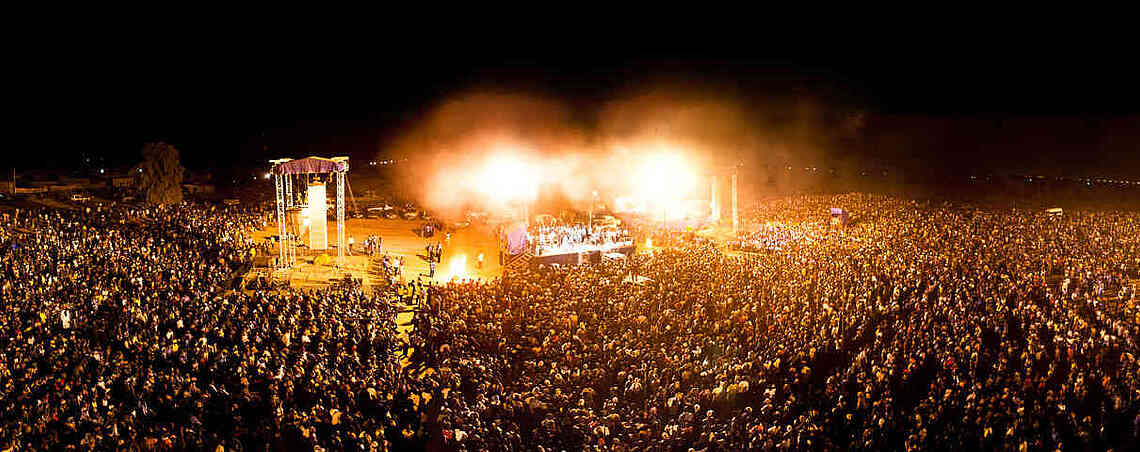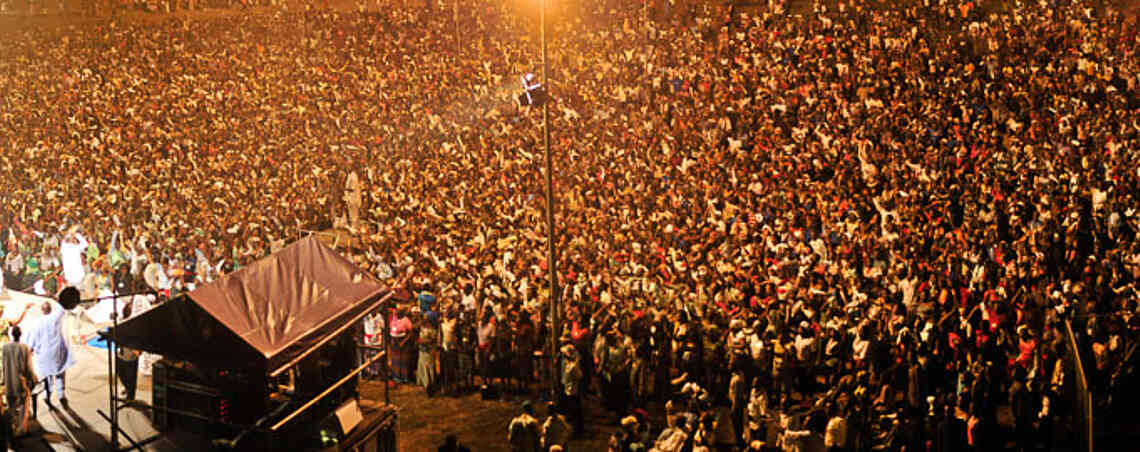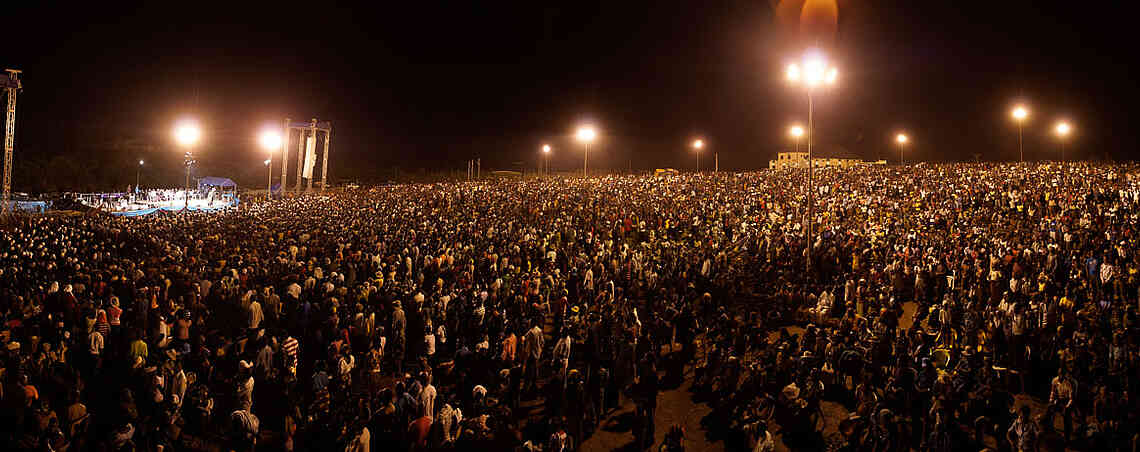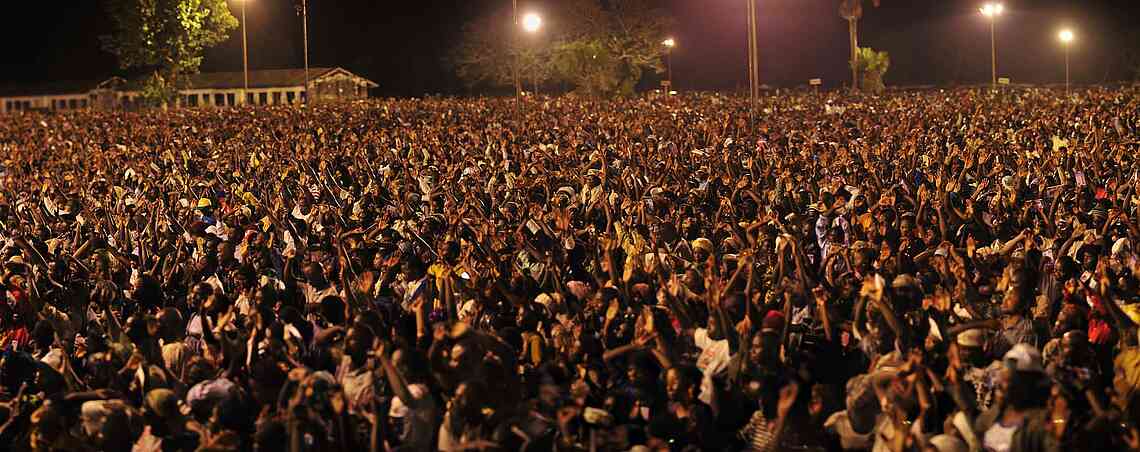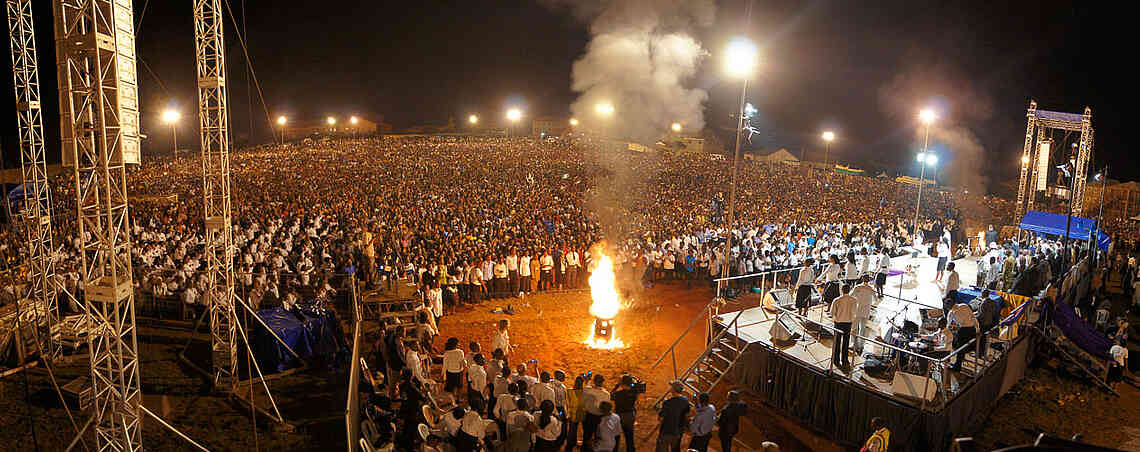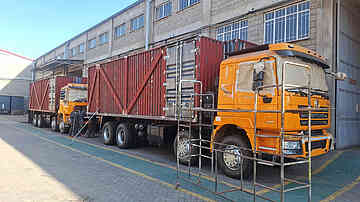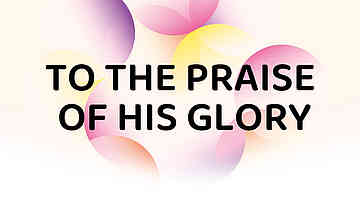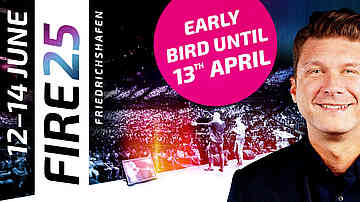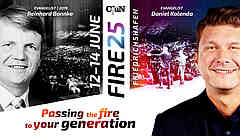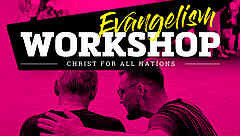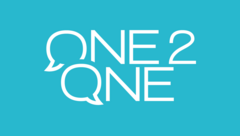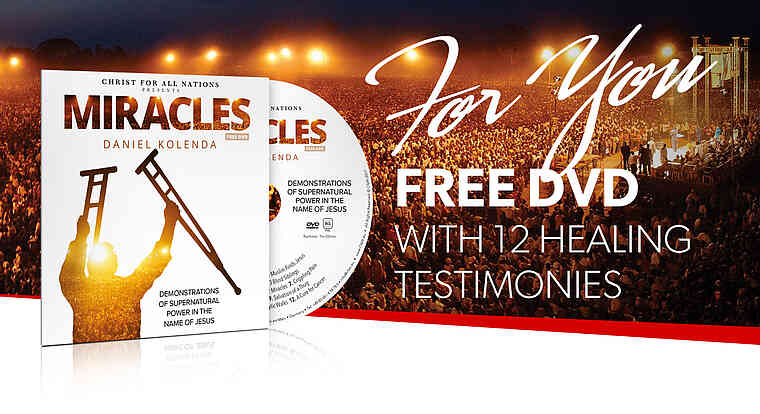Interview with Winfried Wentland
Most of the time it is just physically demanding, hard, dusty, routine work

Winfried, when you are not travelling the dust tracks of Africa for CfaN, you live in Hamburg. On the subject of “home”, where is home for you? Is there such a thing for you?
I actually feel at home everywhere. I have spent half my life in Germany and the other half in more than 40 different countries in Africa.
For me it is like this: when I fly from Europe to black Africa, I am flying home. And the same is true the other way round, when I fly from Africa to Germany. In a way, it’s like my two legs. I cannot easily do without one or other of them.
When I go to Africa, I nonetheless leave my European way of thinking behind. The African perception of life is totally different from the European view of things. Africans think completely differently and have a totally different attitude to life. Things do not work as we Europeans expect them to. Many people from the West cannot come to terms, for example, with things like the way of managing time, the attitude to appointments or the way of dealing with customs matters or visas. Putting on pressure, making a lot of noise and insisting on your alleged rights get you nowhere. The people in Africa want to be respected their way and I have learned to adapt my way of thinking when I am travelling through Africa. The best compliment is when an African tells me, “You are one of us!”
What is the most important thing when you are on the road in Africa?
The most important thing is to get the material for our next campaign from A to B. We are not on the road for fun; our work is no safari trip. In Africa challenges and opposition can be waiting round each turn in the road and occur quite suddenly and unexpectedly. We know that this is part of our work; if we press onwards to build the kingdom of God, we will find ourselves caught up in spiritual warfare. You have to be prepared and equipped for that.
Over and over again, God has opened closed doors, removed barriers and removed road blocks. It has even gone as far as officials who stubbornly blocked our way being suddenly dismissed and having to vacate their positions. Their successors have usually been well-disposed towards us. And on many an occasion being stopped by the police has been nothing other than a God-given opportunity to proclaim the gospel to those people.
Working for CfaN in Africa can be dangerous, sometimes even life-threatening. Tell us something about that.
Yes, in Africa you really learn to trust God. I myself have been close to death 12 times. For example, in 1985 I was involved in a near-crash of a Boeing 737. Both engines had failed. We were plummeting downwards with nothing to stop us. When we were only around 800 meters from the ground fire suddenly shot out of one of the engines and the aircraft regained some power. We landed safely.
Or take the incident with the sinking ferry described in our book “Escaped Death”. The driver’s cab on the truck was submerged under water. It really was divine intervention that got me out of there alive.
Once I was deported in Gabon. Another time I was taken hostage in Equatorial Guinea. It was the day before Christmas Eve when I was released. My wife and children really thought that Dad was never going to return. Local commanders wanted to appropriate our truck and the equipment and an attempt had even been made to smuggle drugs secretly onto the truck. But by the grace of God we got out of there.
I am not afraid of death. I know where I am going and am quite calm and collected on that subject. Whenever I say goodbye, I generally do so as if I will never return.
What would you describe as your most striking experience?
Of the many, many unforgettable things that I have seen, one incident immediately springs to mind that really made a deep impression on me. It was in Sierra Leone, a country that has been deeply scarred and devastated by civil war. Countless people had been mutilated. At our campaign I saw a woman whose leg had been chopped off below the knee by rebels. The wound had not healed properly and blood was still dripping from the cloth bandaging her leg. During the time of praise and worship that woman stood with her eyes closed and, lost in adoration, sang “Amazing Grace”.
That picture has etched itself on my mind. How ungrateful we people in the West so often are by comparison! The city had been without electricity for three years. Our generators were the only things producing light.
Africa is repeatedly the scene of civil war. Have you had any encounters with that?

Oh, yes! In the late 1990s I found myself and a small team of six people in the middle of the civil war in Sierra Leone. We were on our way to Liberia. In my morning reading the Lord gave me a word: “Whoever wants to save his life will lose it.” So off we went! But on the way soldiers managed to stop us. They were child soldiers aged 10–14. That was extremely dangerous. It is common knowledge that they are often under the influence of drugs and do not ask for something twice but open fire immediately. Somehow, though, I was able to strike up a conversation with my ten-year-old guard and he told me his story. When he was eight years old, he saw his whole family being rounded up and slaughtered in an appalling manner.
The inhuman brutality that surfaces again and again in Africa’s civil wars shows how much the “dark continent” needs the message of peace, salvation, healing and restoration. Only Jesus can save Africa!
By various miracles we were released and drove the truck and equipment right through rebel territory. I can still recall driving through a town at 12 o’clock one day. We later heard that at 2 o’clock the rebels had taken the town captive and killed every living thing in sight.
The Lord protected us and kept us safe. We made it to the border and were escorted from there into the city where the Great Gospel Campaign was to be held. Around 200,000 people came to the meetings. Someone told us, “Here too, there is not a single house without bullet holes. Wherever more than 10 to 15 people gather together fighting breaks out and shooting starts. But here hundreds of thousands come together in peace.” During the campaign tens of thousands accepted Jesus as their Lord and Saviour. Who could say that it had not been worth the effort?
For people travelling from Europe, malaria is a major issue.

That is absolutely right. However, if you travel in Africa, you can learn to cope with it. The main thing is to notice it in good time and, depending on the malaria zone, to take the right tablets or injections. I have probably had malaria 25 times or more and still have regular attacks.
Twice, however, I have really been on the edge of death because of malaria. Once I had already been in hospital for ten days and must have had 50 infusions. I felt absolutely terrible; I had raging headaches and felt utterly debilitated … When I fell asleep from exhaustion, everyone thought that was it. But the next morning I was wide awake – to everyone’s amazement. As the hours went by I gradually felt better and very soon I was able to leave the hospital.
You have been doing this work for CfaN for more than 30 years. How did you come to get involved in this ministry?
The Lord himself pushed me into it. I was in the regular army and during guard duty the Lord told me that this was not my job. So I enrolled at the Beröa Bible School in Erzhausen. Ingolf Ellßel was one of my classmates. I knew that I was to go into missionary work. After Gaby and I became engaged in 1978, we found out that Reinhard Bonnke was looking for young people to help to distribute the “African Messenger”. So we set off for Africa. That meant, however, that after three years at Bible school I had not done a “proper” curacy and, according to the statutes, could therefore not be ordained. That only took place many years later.

Gaby and I have always held on to the call of God, despite having to go without certain things – and despite a number of interesting job offers. It has never been a “sacrifice” for us. Nor have we “given everything up”. Quite the opposite. Jesus has showered us with gifts and blessing. It is a glorious privilege to be part of this ministry. It is not about driving a truck but about fulfilling the Great Commission that Jesus gave us. It is a God-given task.
However, it really is not for everyone. I have already taken many interested people and visitors along with me. After a while, when they see what things are like in Africa, most of them simply lose their nerve. No one should or can do something like this out of a thirst for adventure, in search of a particular spiritual kick or a change of scene. This is not about personal satisfaction. To do this kind of work, apart from God’s calling, you also need great perseverance. Most of the time it is just physically demanding, hard, dusty, routine work.
Do you manage to keep healthy doing this “hard graft”?
The Lord is gracious. Once I was in Germany and had huge problems with my left knee. I was about to have an operation when I heard that I was needed urgently in Africa. I was already in hospital but I decided not to go through with the operation and to fly out despite the pain. I hobbled on and off the plane on my crutches, got into the truck and hit the road. At first it was agony to change gear, but it gradually got better and by the time I reached the destination six hours later, my knee was completely healed.
How are things organised in Africa? You fly down there and then what? In Lagos there is a kind of CfaN headquarters with storage facilities, isn’t there?
Lagos, the second largest city in Africa after Cairo, is where we have our “CfaN base”, a warehouse that measures 40 x 50 metres and is over 10 metres high. It is guarded 24 hours a day and some of our African colleagues also live there. This is where we base the sound, light and video equipment, the platform, millions of stored follow-up booklets and, of course, our three trucks. We have four truck tractor units – two of them, by the way, were built in 1996 and 1997 but are still providing a first-class service – as well as six transporter trailers for 40-foot containers and a large trailer unit.


A large part of our technical equipment is long past its “sell-by date”, especially for the road and climate conditions in Africa, which place peak demands on high-tech equipment. Thanks to intensive maintenance we have been able to prolong its life well beyond the manufacturer’s estimated date. Some of our parts have already been in use for twice as long – and longer – as could be expected, according to the manufacturers, if well looked after. That is also a real gift from God.
At the moment we are planning to divide up the system so that we can proclaim the gospel in East Africa again as well – in Ethiopia, Uganda, Kenya, Tanzania and elsewhere. We plan to set up a new base there and basically start virtually from scratch. We will probably be able to use part of the equipment that we already have and some reserve parts, but part of it will have to be bought new. Without a doubt, that will include at least one truck. It is not possible to drive from Nigeria through Congo to East Africa. We can either drive new material up along the east coast from South Africa or we will have to have it shipped to Mombasa or Dar es Salaam, for example.
What is the biggest problem in the daily routine?
Problems are there to be solved. I prefer to talk about challenges.
One major challenge is definitely finding suitable helpers in the local area. If you consider the size of our meetings, our technical team is fairly small, especially if you compare them with major secular events in Europe with perhaps 5 to 10 times as many staff. We therefore always need a large crowd of volunteer helpers on site. We have found that to work really well – or really badly. Once things were so bad that without further ado, I made use of 40 prisoners from a nearby prison which “hired them out” for work. They were accompanied by 20 heavily armed guards. The prisoners worked really hard. When the local Christian helpers heard that, wrangling and quarrels were quickly forgotten. That was perhaps a bit unconventional but definitely a great help.

Winfried, thank you very much for this interview. Is there anything else that you would like to add?
Over the years in which I have come to know and love Africa, Christianity has made a powerful impression there and brought about real change. In the meantime many African nations have gone through social change and taken a new direction. So much has already changed for the better … and yet there is still an inconceivable amount to be done. That is why we carry on!
The CfaN vision will be fulfilled: the whole of Africa shall be saved – from Cape Town to Cairo.

